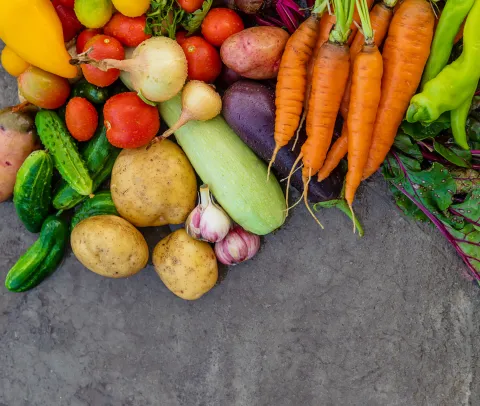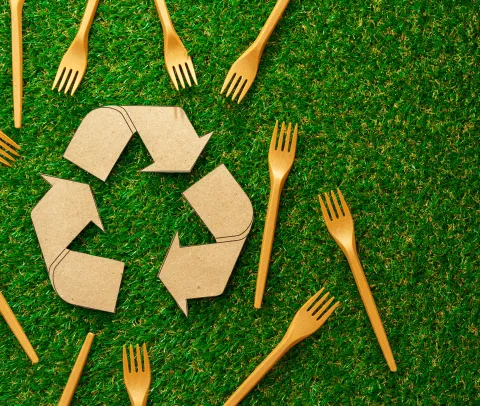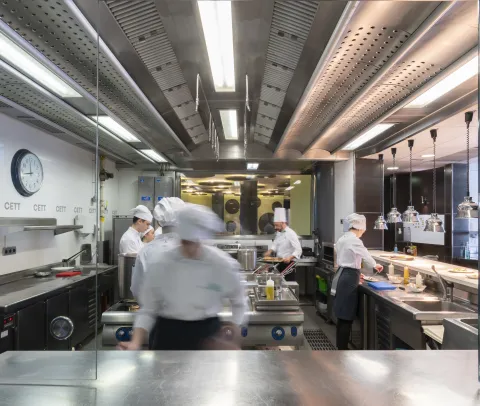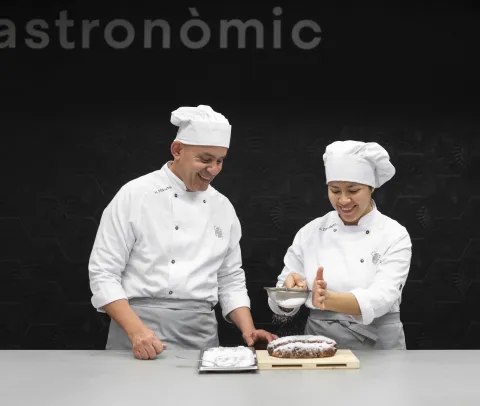
Micro-credential | Future Challenges in Sustainable Gastronomy
Micro-credential | Future Challenges in Sustainable Gastronomy
Your request has been successfully received
Thank you very much for your interest.
You will receive a confirmation email shortly.
-
Duration7 weeks
-
Credits3 ECTS
-
Start dateFrom February 9 to March 27, 2026
-
ModalityOnline
-
LanguagesSpanish
Training in food and gastronomic sustainability: future challenges
The Micro-credential in Food and Gastronomic Sustainability offers an updated perspective on the major future challenges facing the sector: climate change, biodiversity loss, and food waste. With a practical and analytical approach, you will learn how these challenges impact food and gastronomy, and discover how sustainable gastronomy can become a true driver of change.
This program is aimed at professionals and students who wish to deepen their understanding of the environmental and social impact of their practice and actively contribute to a more responsible food model aligned with the demands of the future.
Who is it for
Those who hold Spanish nationality and reside in Spain between the ages of 25 and 64 may apply for financing covering 70% of the retail price (RRP) of the Micro-credentials Plan. If these conditions are not met, applicants may still enroll by assuming the full cost of the program.
Especially aimed at professionals in the following fields:
- Workers who require qualification or requalification.
- Undergraduate students seeking intermediate accreditations or wishing to resume their studies.
- Gastronomy professionals (chefs, head chefs, restaurant managers, sommeliers) interested in sustainability.
- Managers and owners of restaurants, hotels, and catering companies who want to move towards more responsible models.
- Students of gastronomy, tourism, environmental sciences, nutrition, or agri-food engineering.
- Professionals in the food sector (producers, distributors, marketers).
- Sustainability consultants and advisors, especially in the HORECA sector.
- CSR and innovation managers in agri-food or service companies.
- Local development agents and public managers involved in sustainable food policies.
- Entrepreneurs with projects in food, healthy cooking, or responsible gastronomic tourism.
Reasons to choose it
-
A recognized and prestigious program
Earn an official qualification issued by the University of Barcelona and registered in Europass, certifying your competencies in food and gastronomic sustainability.
-
Understand the major environmental challenges of the food system
Learn how climate change, biodiversity loss, and food waste impact gastronomy. This micro-credential offers an updated and practical perspective to integrate sustainable gastronomy criteria into your professional practice.
-
Become an agent of change
Aimed at professionals and students, this training will help you understand the global context and apply responsible solutions to transform gastronomy into a tool for change towards a more responsible and sustainable food model.
Financed by
-
Imagen
 Imagen
Imagen Imagen
Imagen Imagen
Imagen
In collaboration with
-
Imagen
 Imagen
Imagen
Campus CETT
Training Center
Building
Reception
Resource center
Career Services
Theoretical teaching classrooms
Technical Classrooms
Pre-preparation Classroom
Cooking Workshop
Techno-Culinary Classroom
Research and Innovation Space
Demonstration Kitchen Classroom
UB-Bullipedia Space
Sommeliers Classrooms
Reception Classroom
Computer Classrooms
Applied Technology Classrooms
Restaurant Classroom
Forum Space
Kitchen Classroom
Alimara University Hotel
Reception
Summum Restaurant
Event Rooms
Garden
Rooms
Àgora BCN University Residence
Reception
Rooms
Dining Room
Leisure Room
Gym
Activity Rooms
Garden
Training Center
Building
Reception
Resource center
Career Services
Theoretical teaching classrooms
Technical Classrooms
Pre-preparation Classroom
Cooking Workshop
Techno-Culinary Classroom
Research and Innovation Space
Demonstration Kitchen Classroom
UB-Bullipedia Space
Sommeliers Classrooms
Reception Classroom
Computer Classrooms
Applied Technology Classrooms
Restaurant Classroom
Forum Space
Kitchen Classroom
Alimara University Hotel
Reception
Summum Restaurant
Event Rooms
Garden
Rooms
Àgora BCN University Residence
Reception
Rooms
Dining Room
Leisure Room
Gym
Activity Rooms
Garden
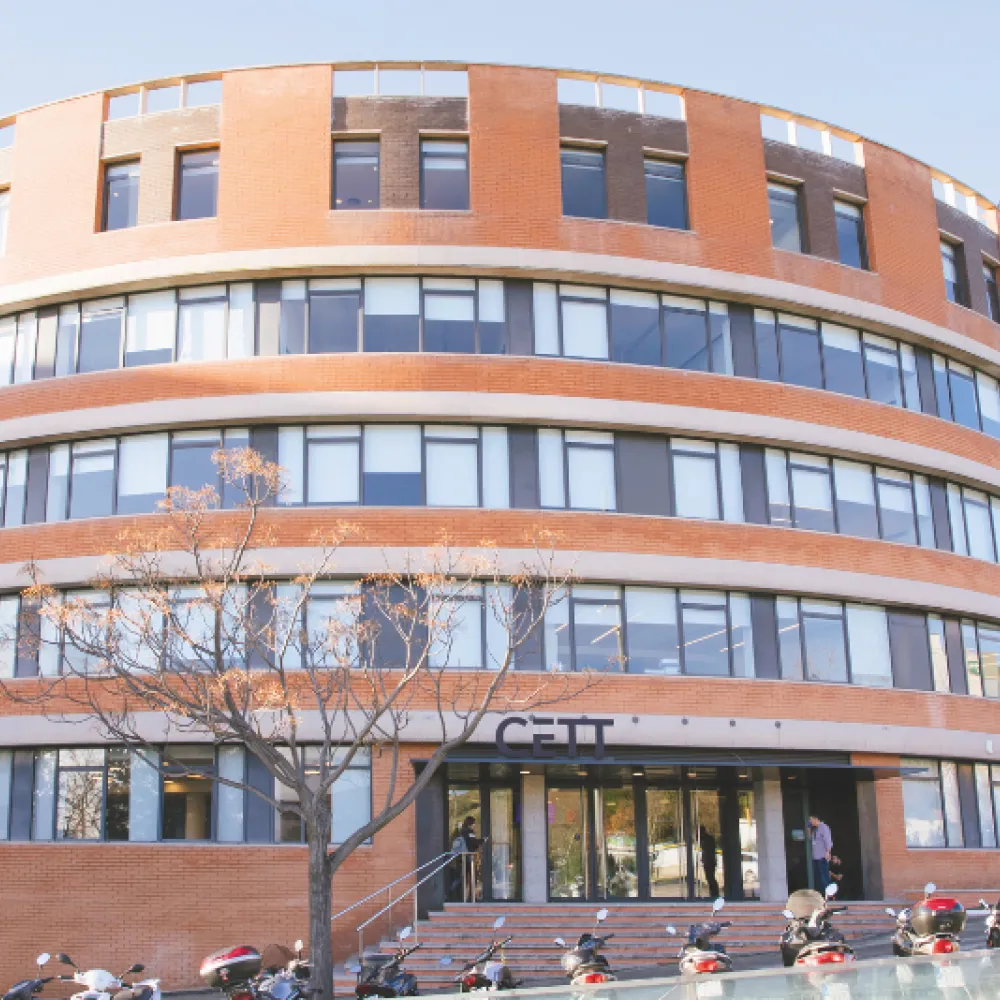
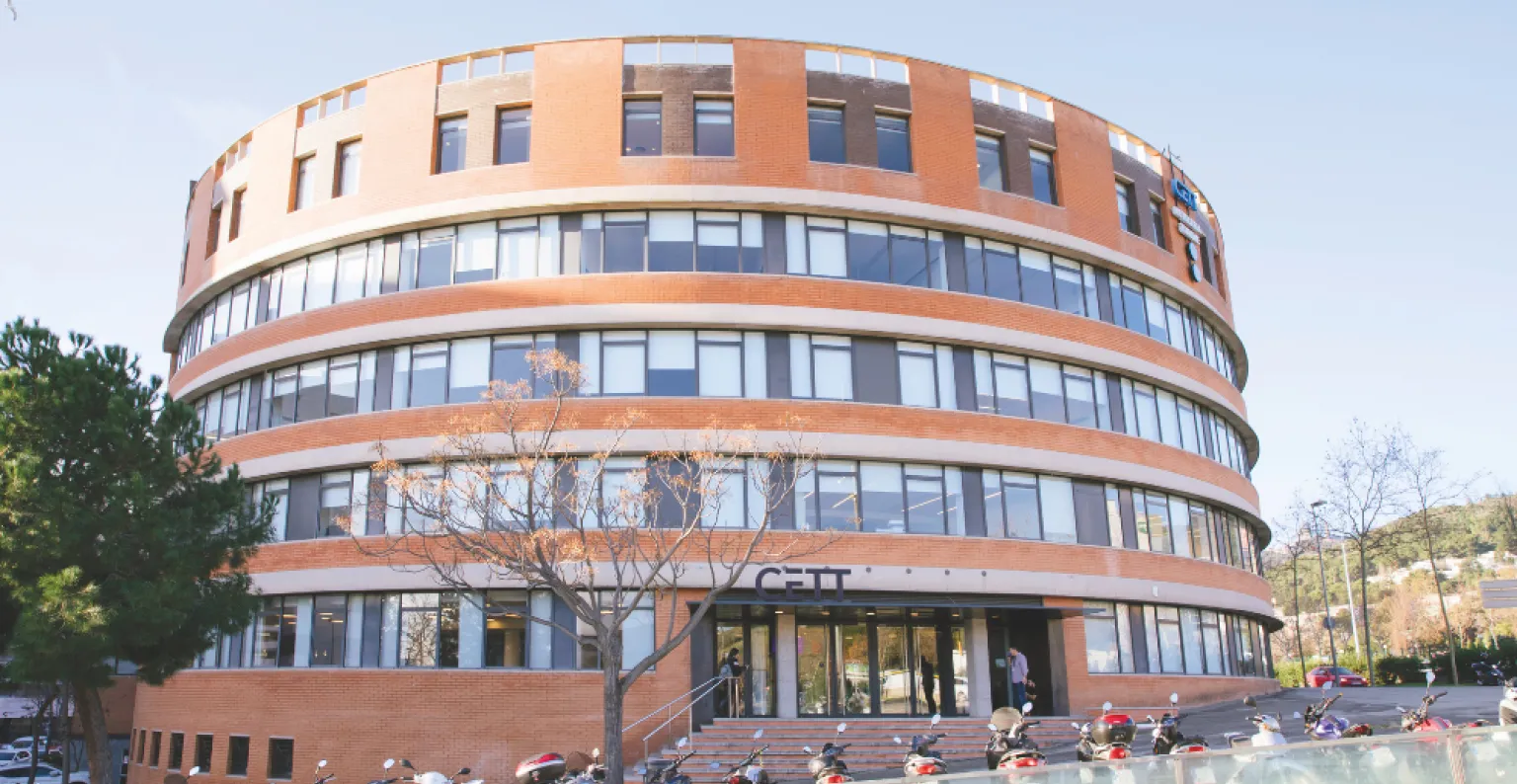
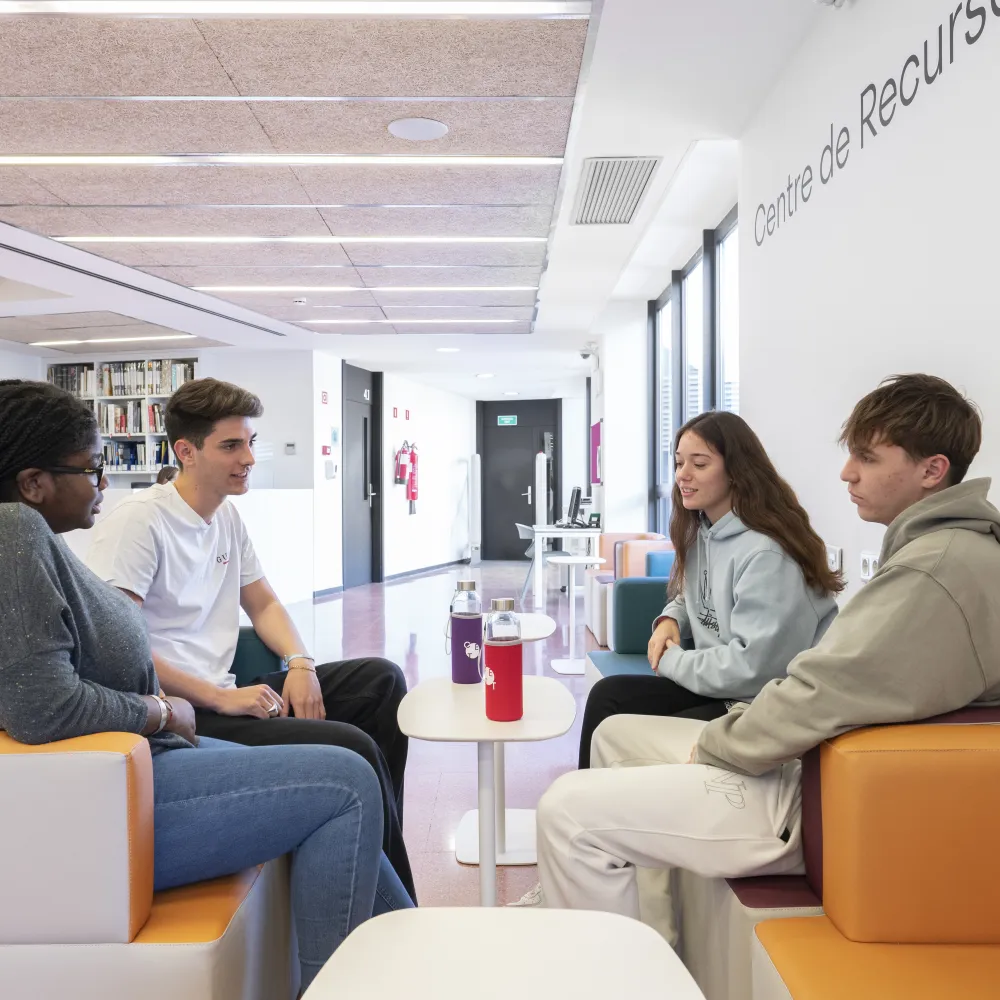
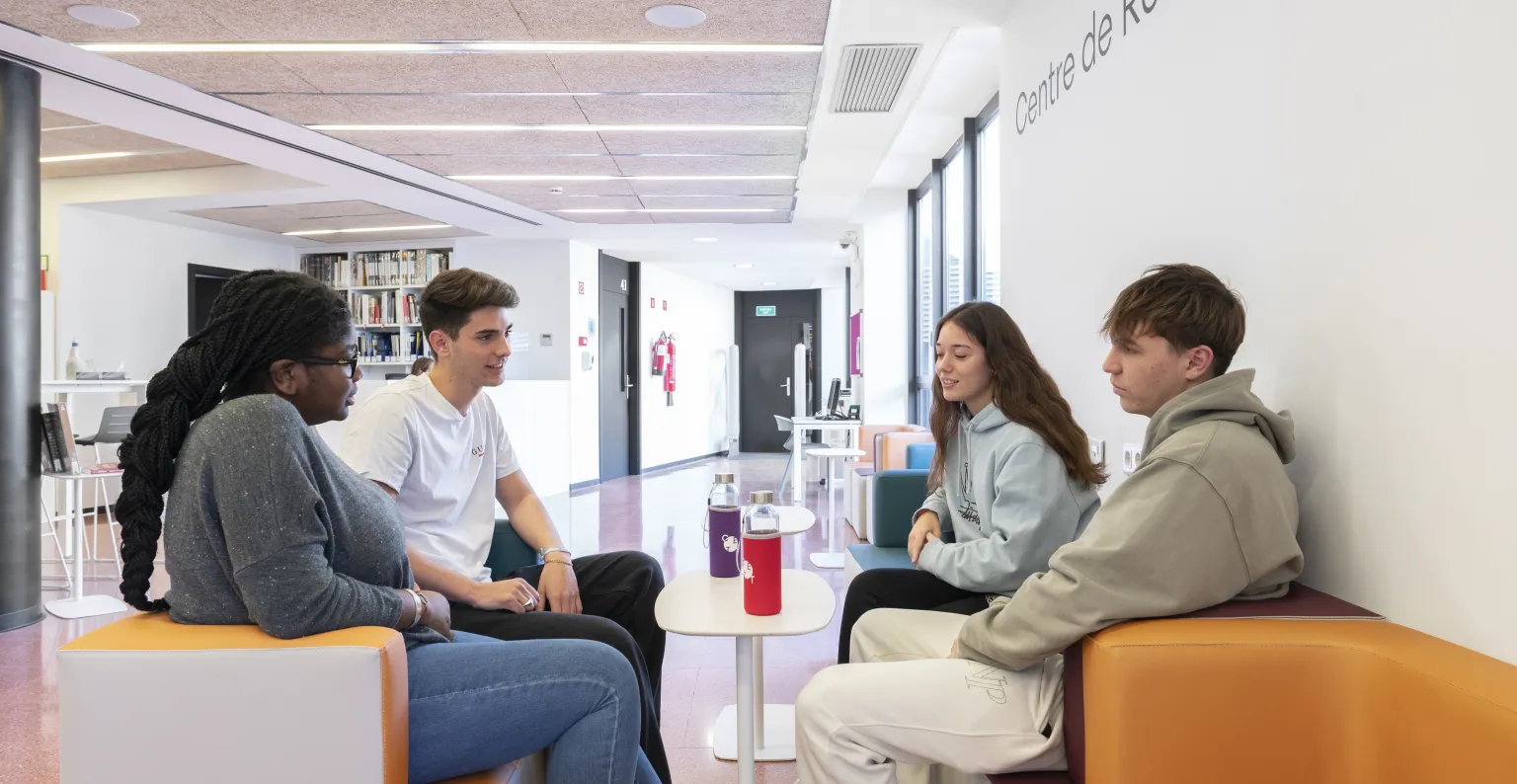
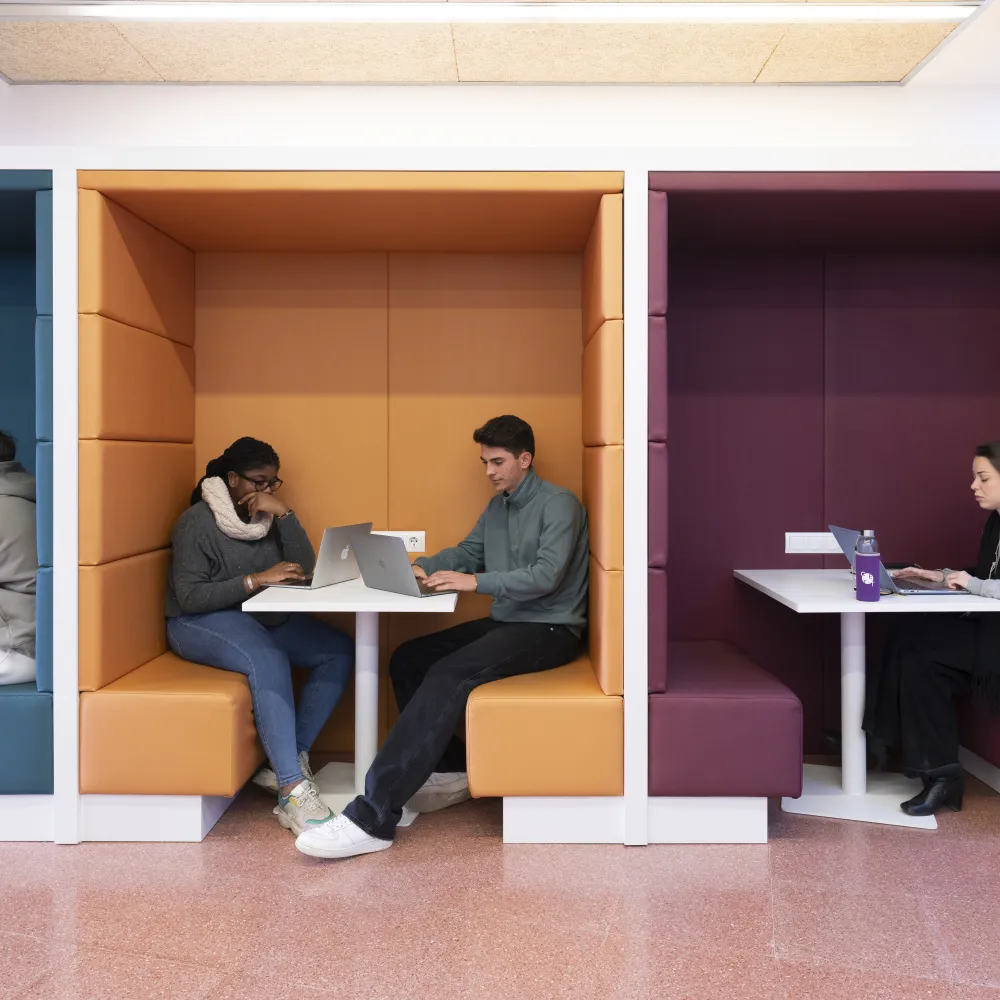
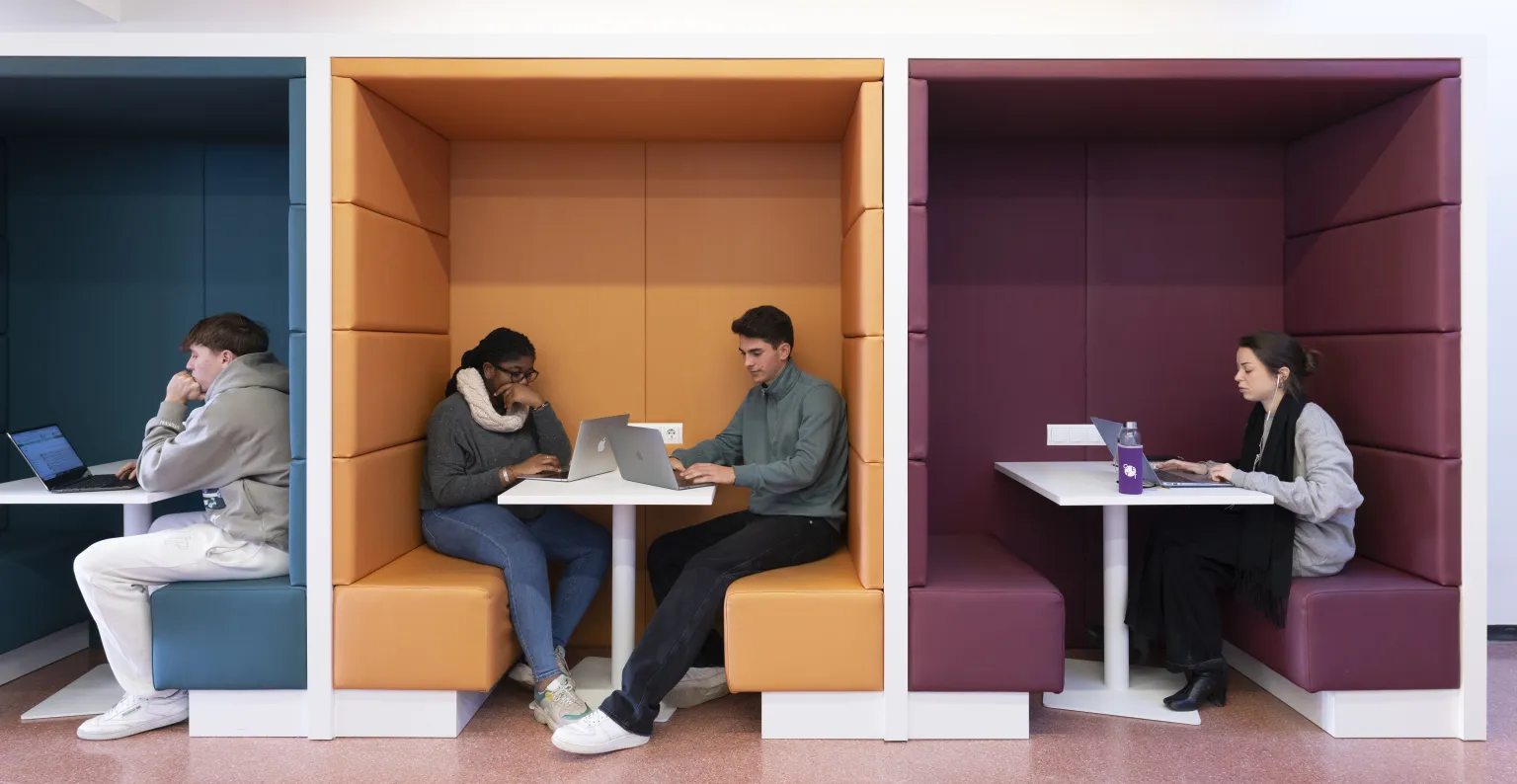
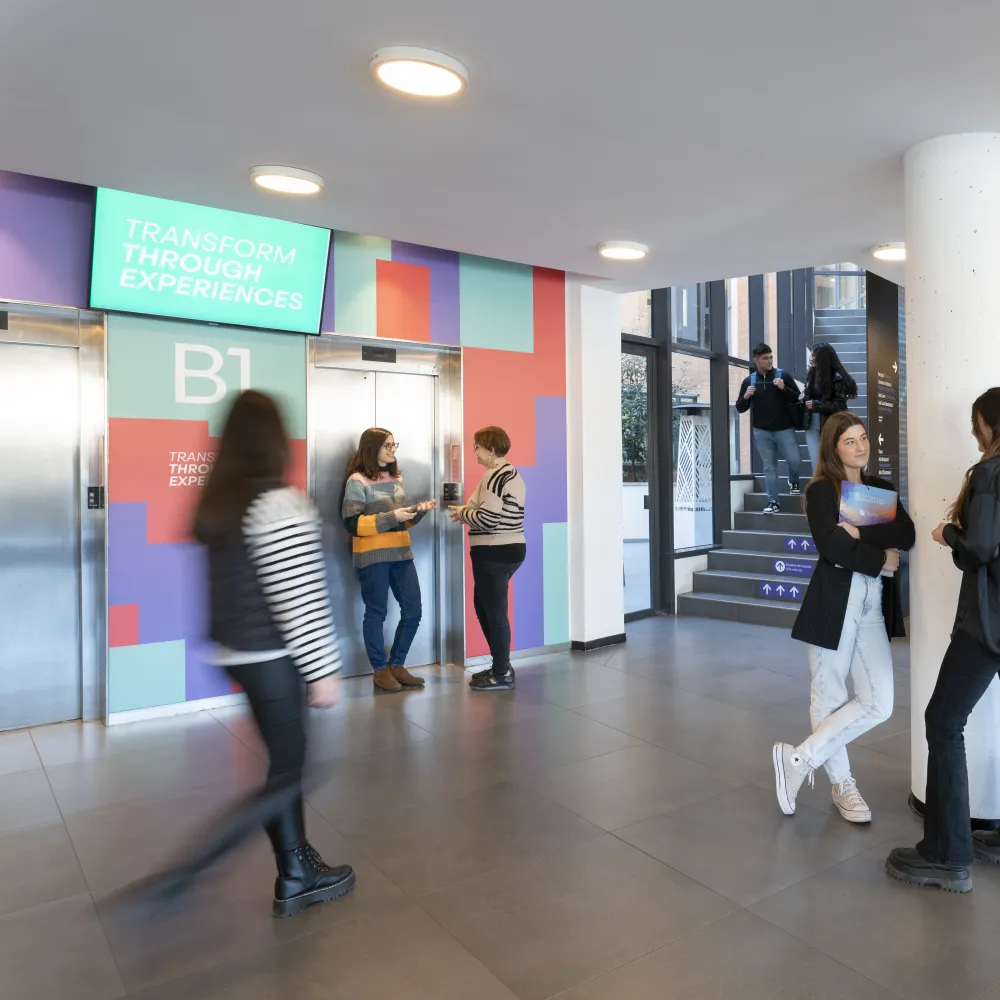
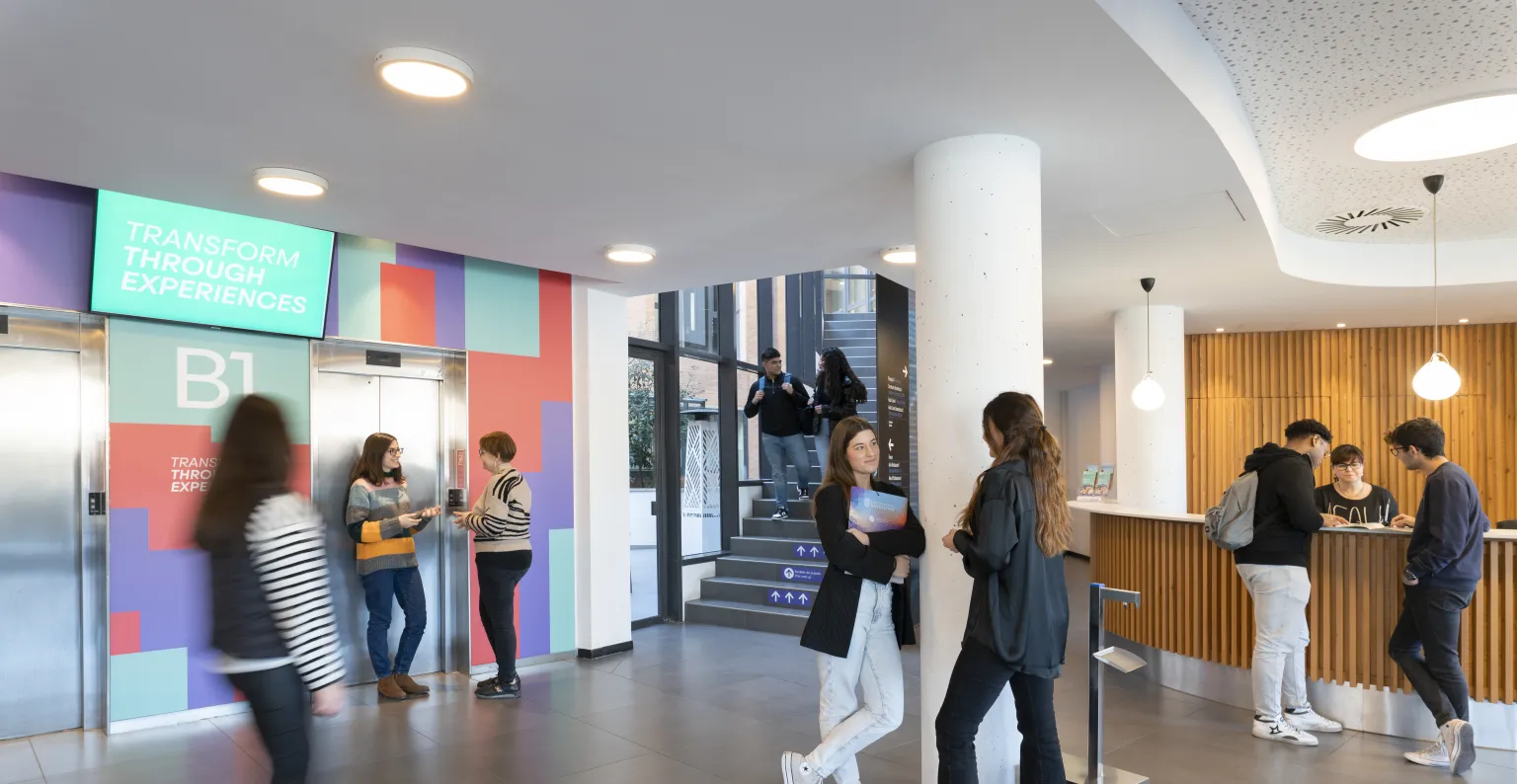
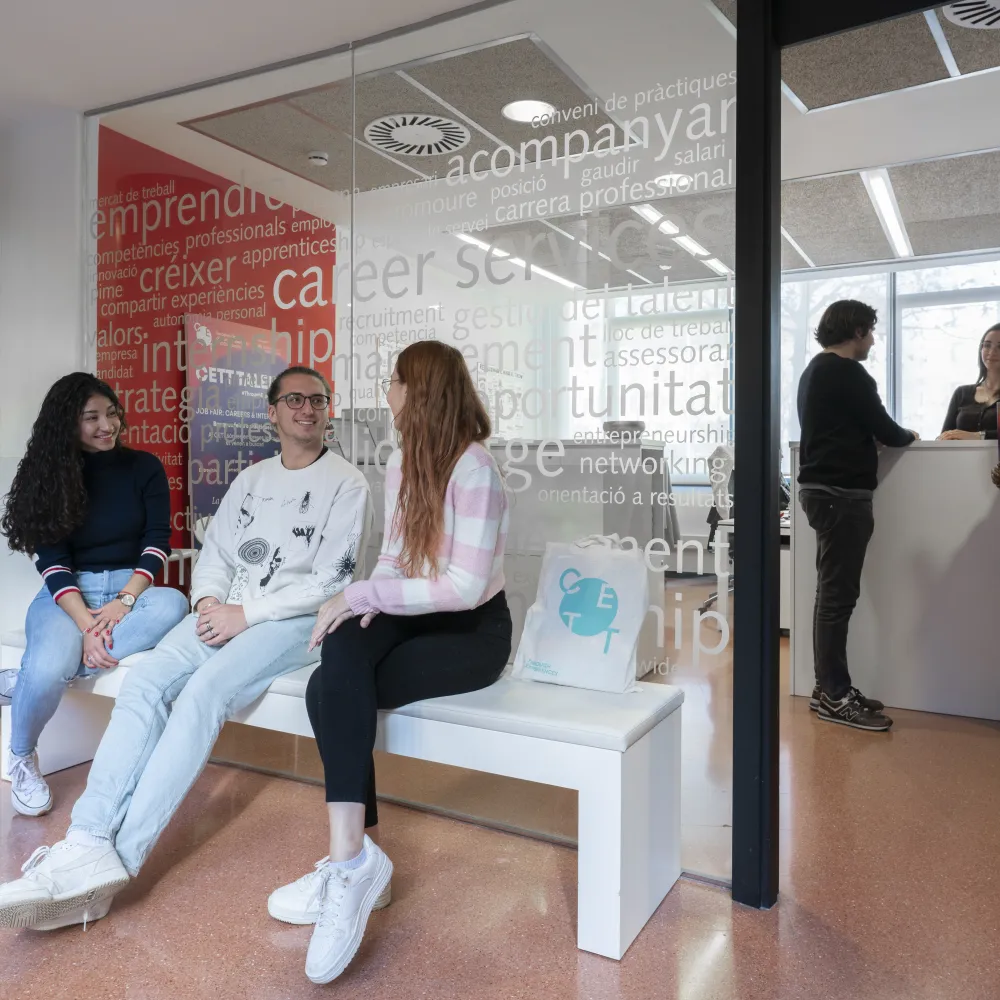
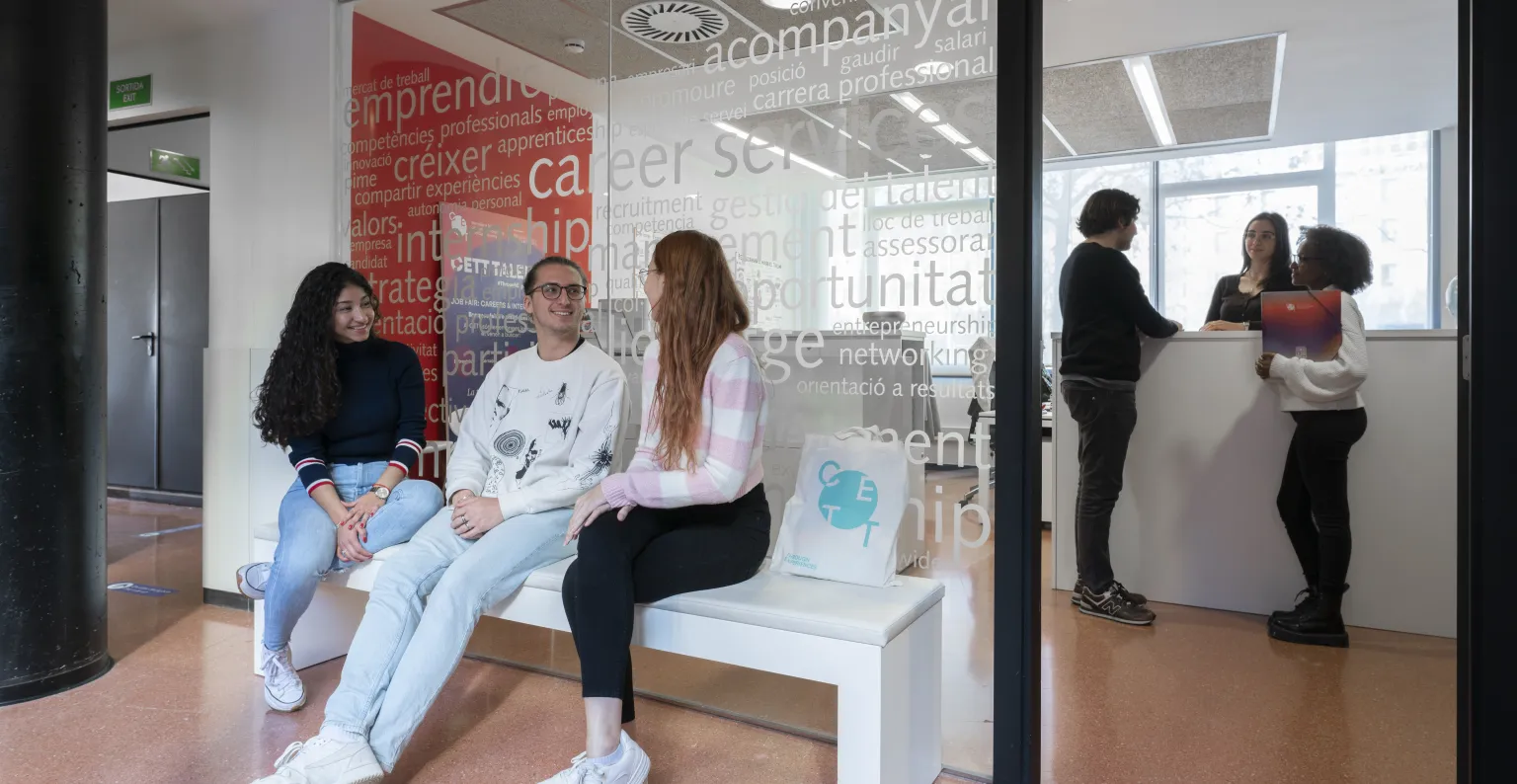
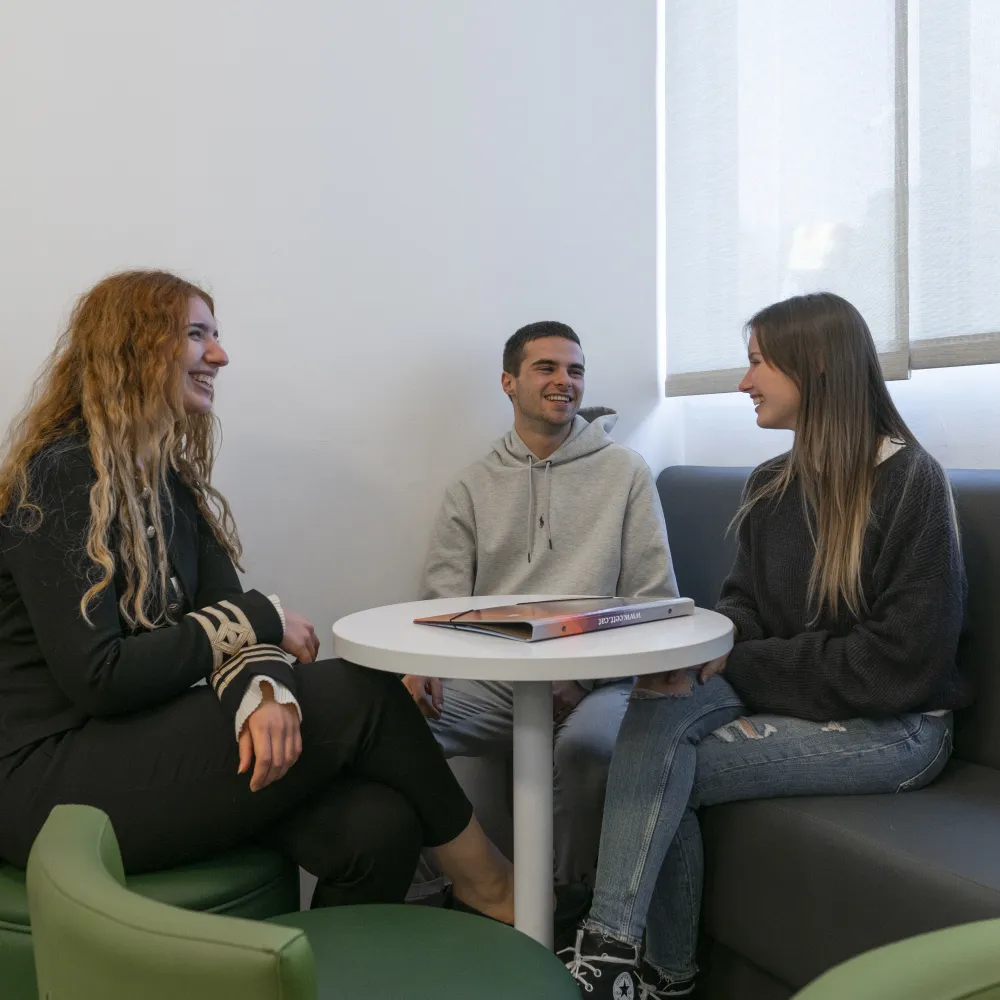
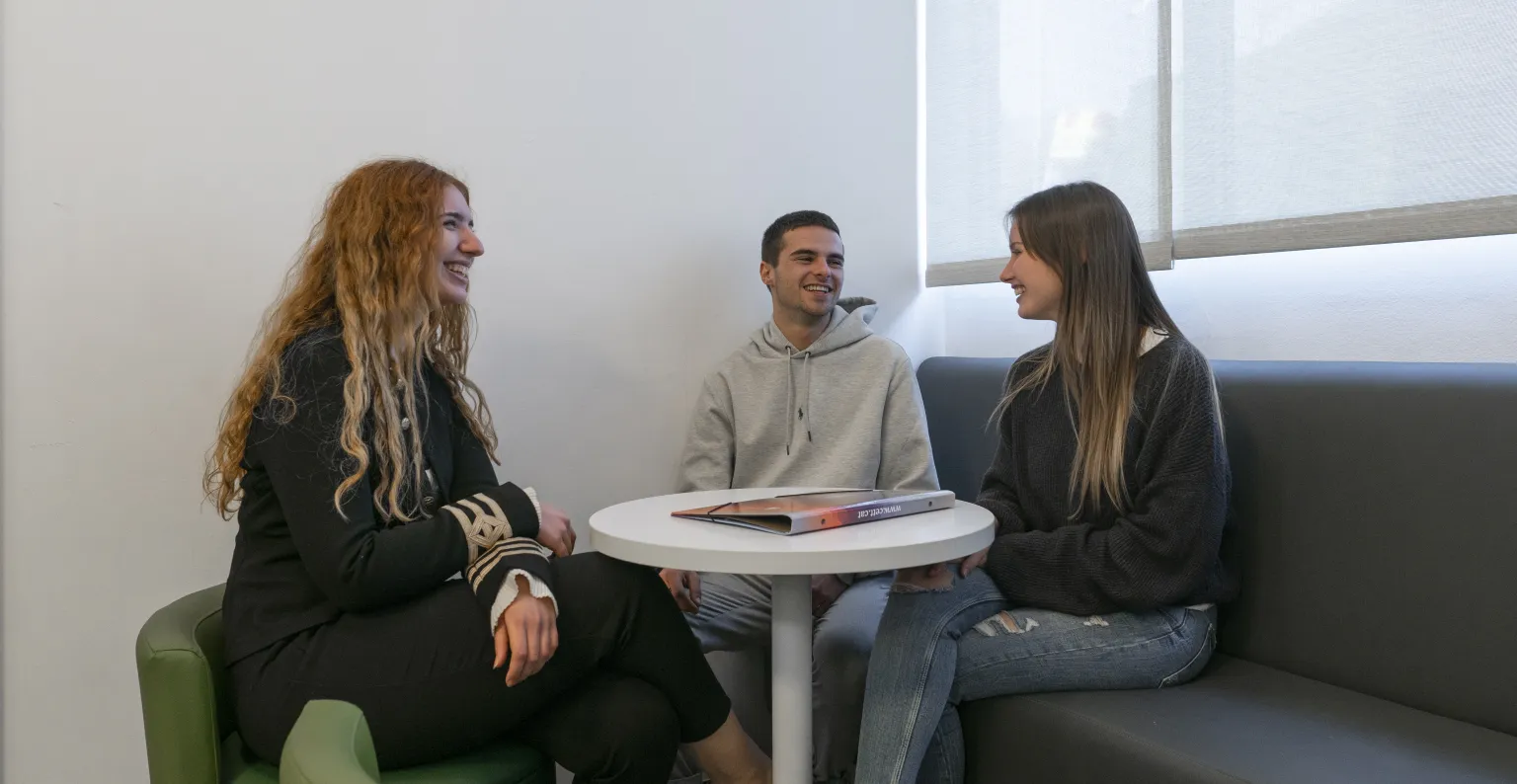
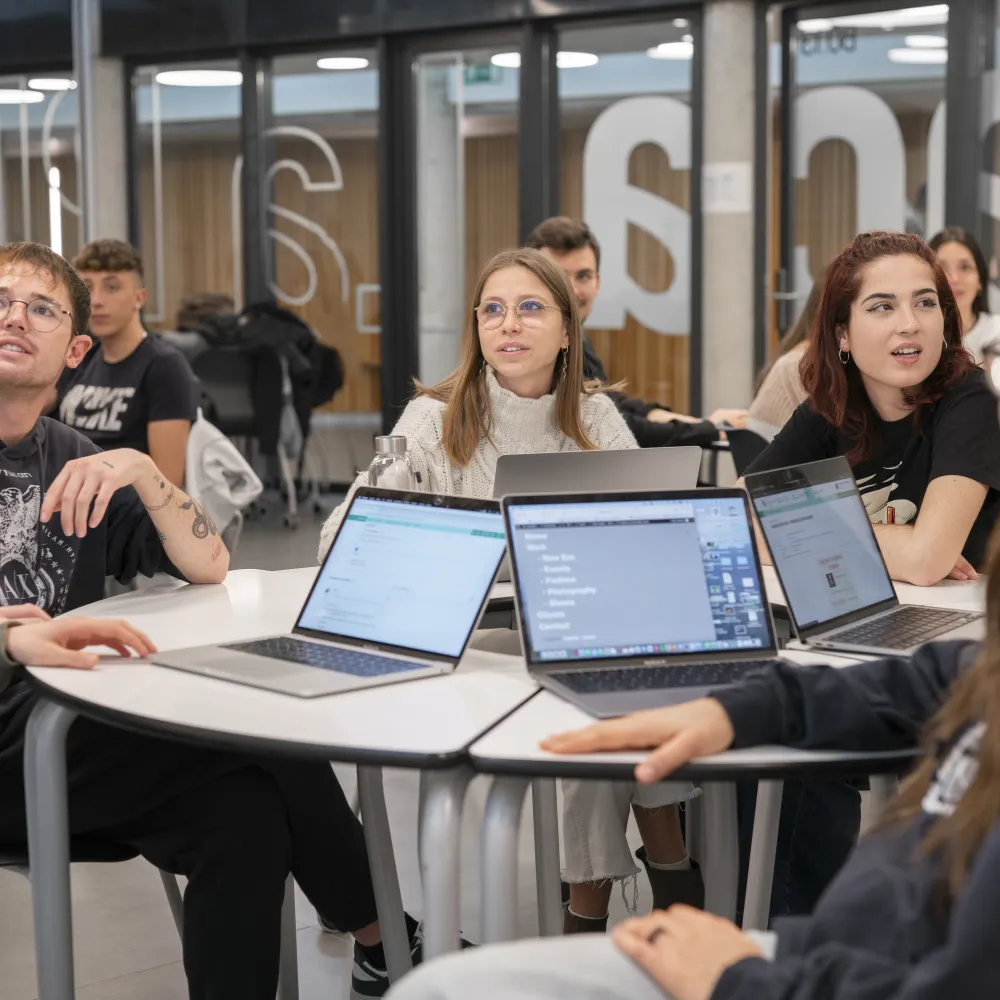
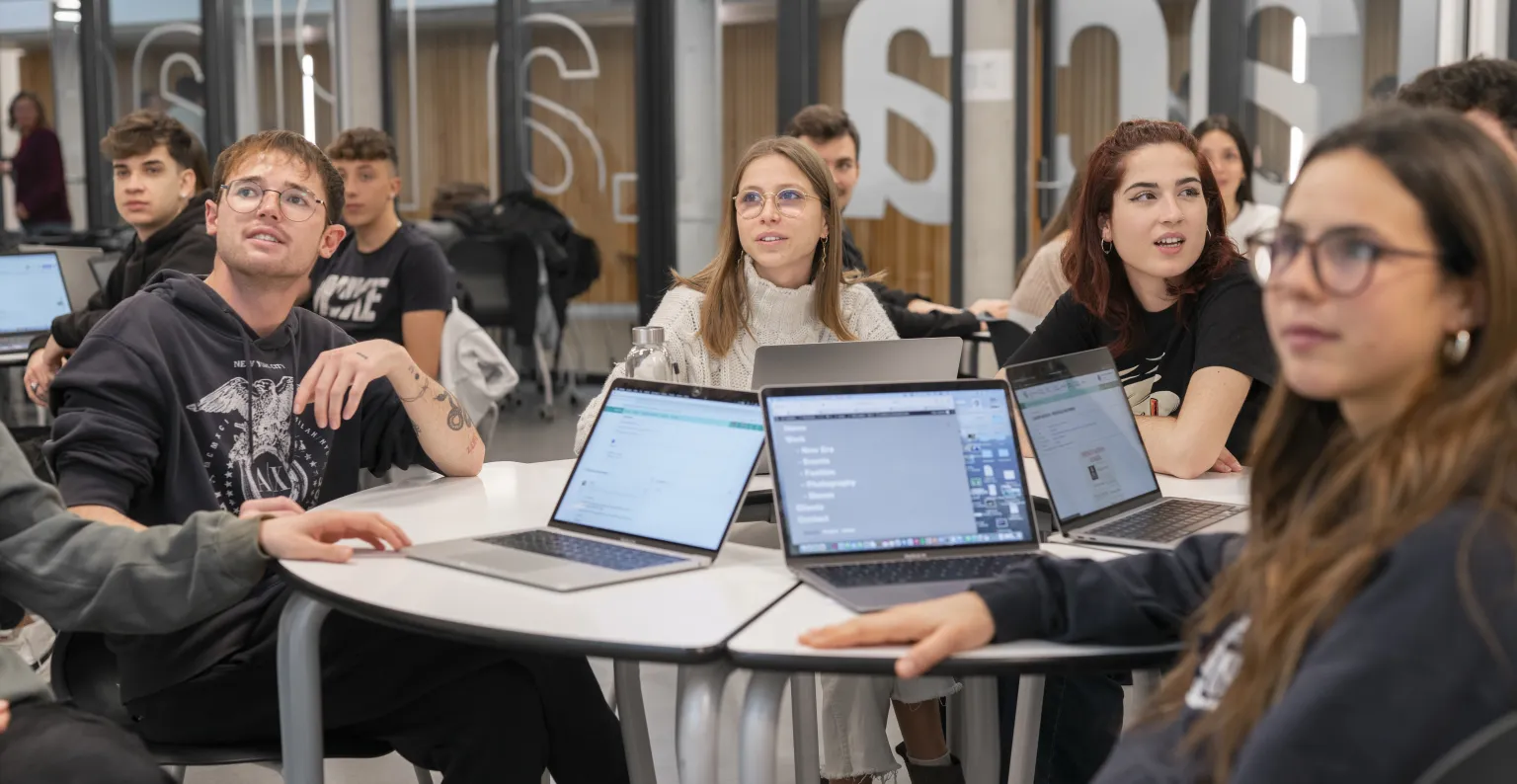
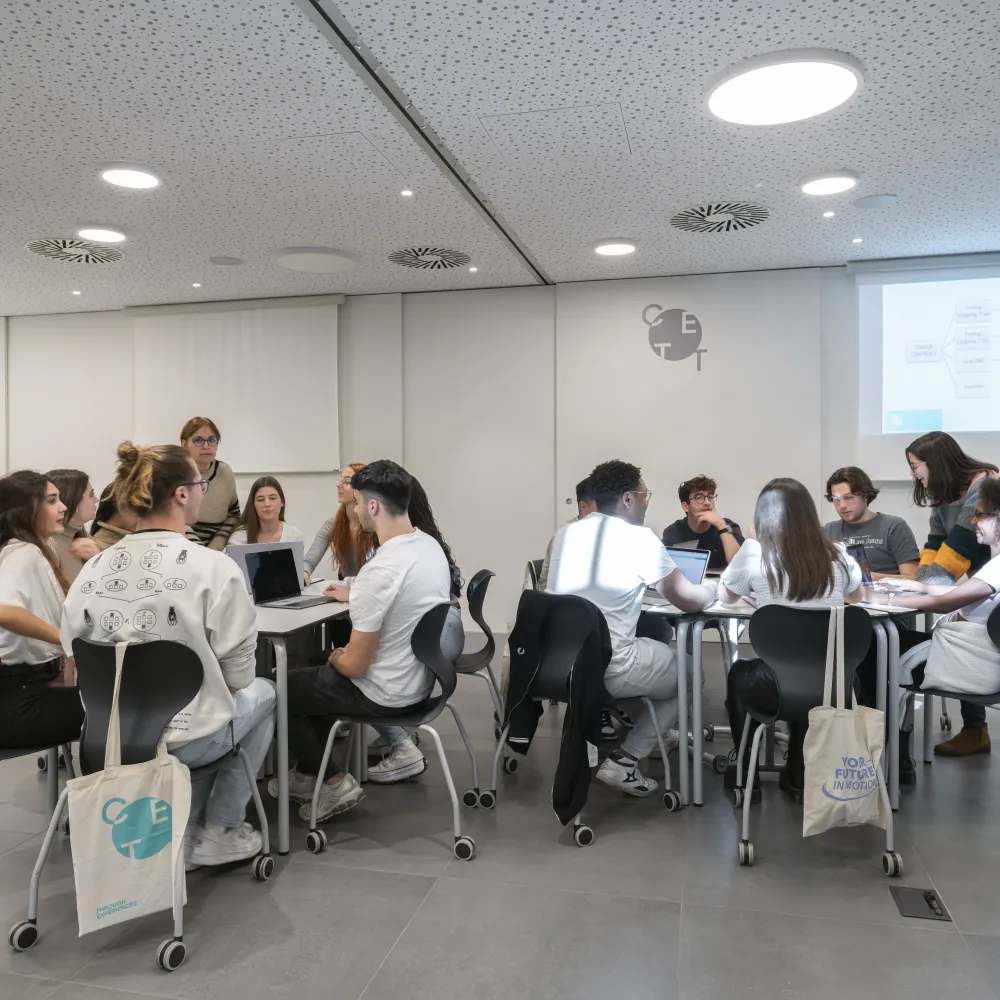
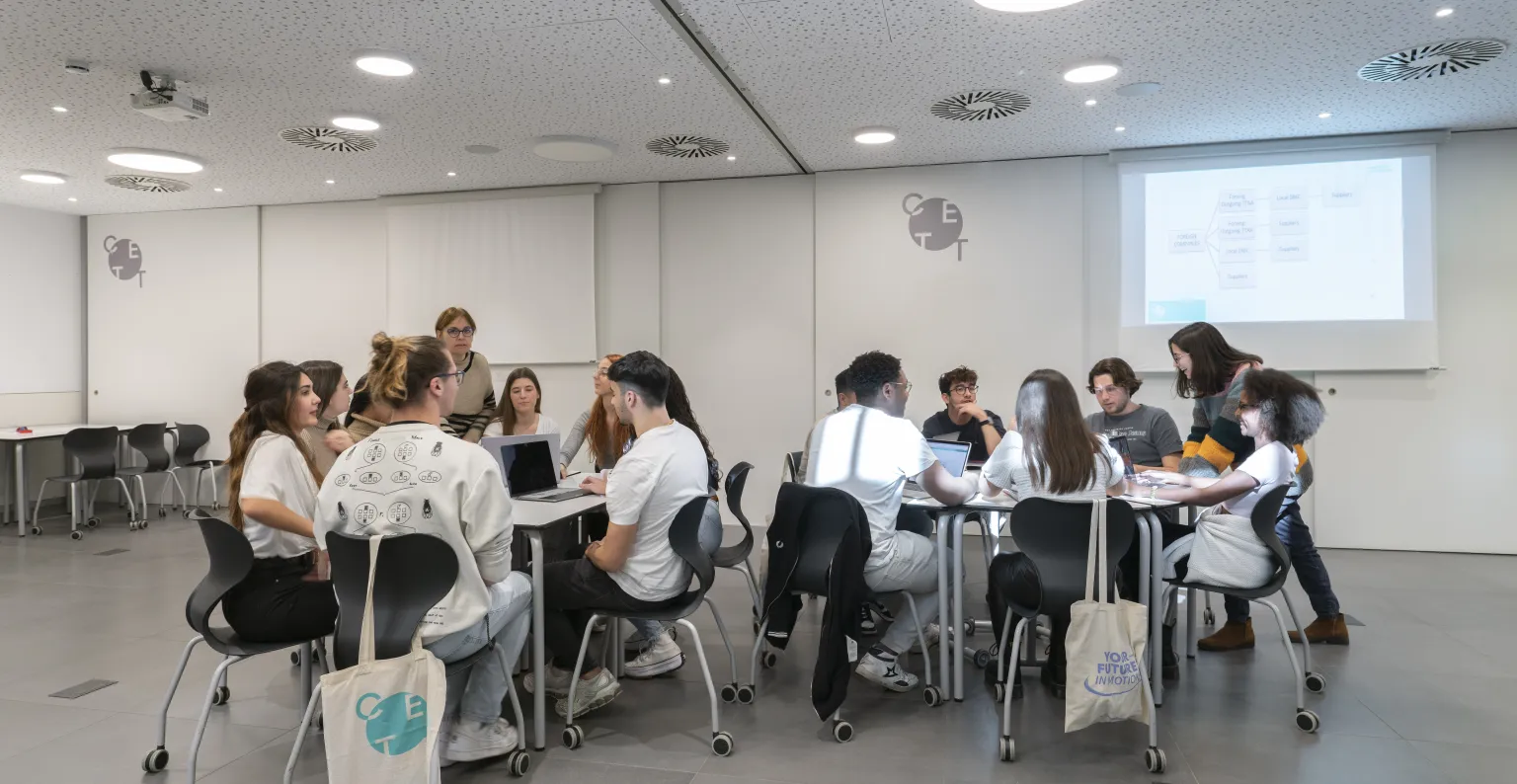
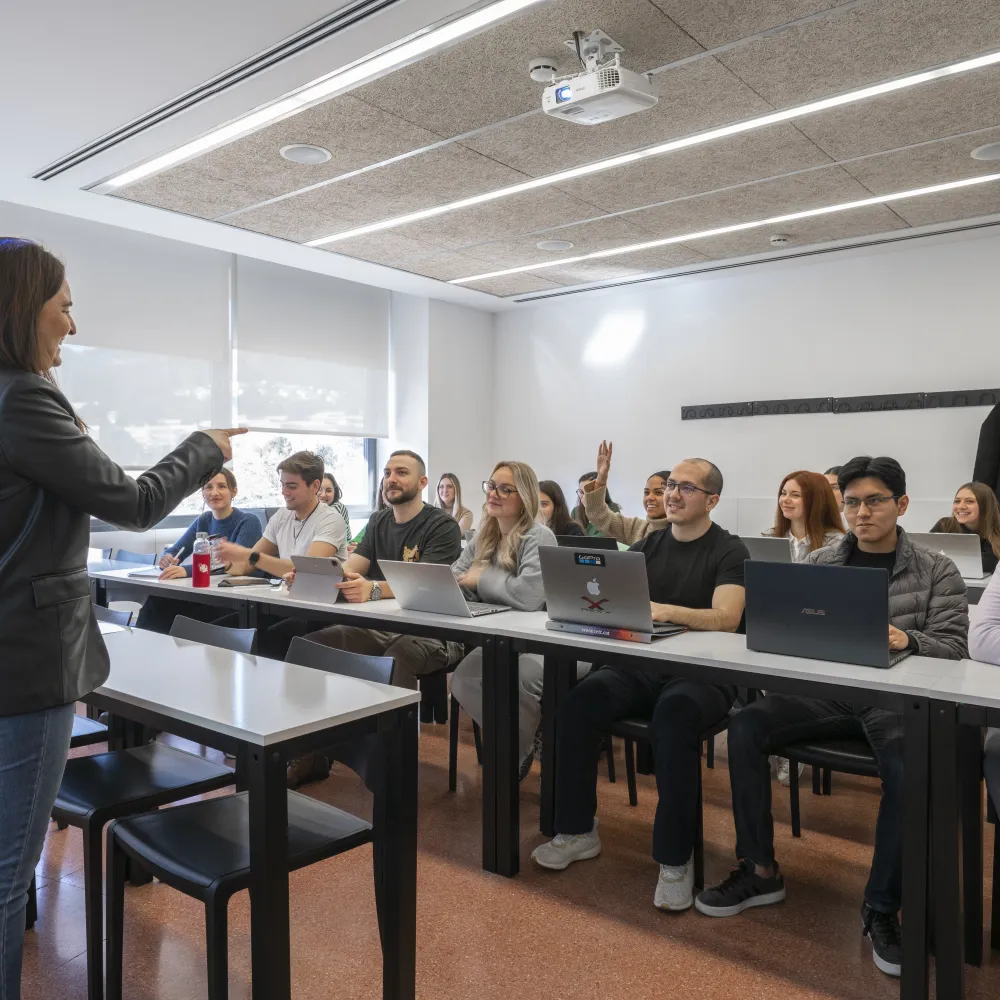
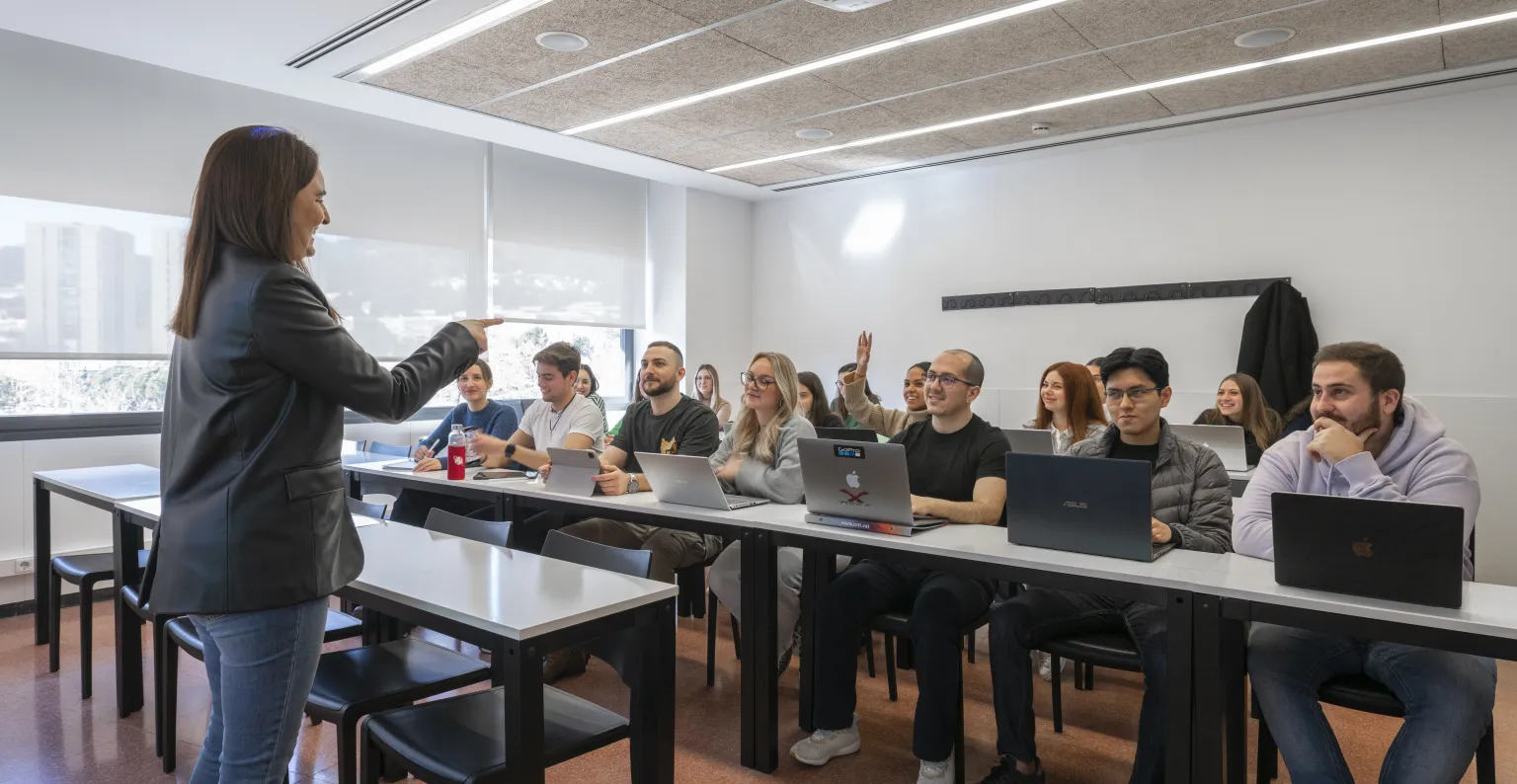


















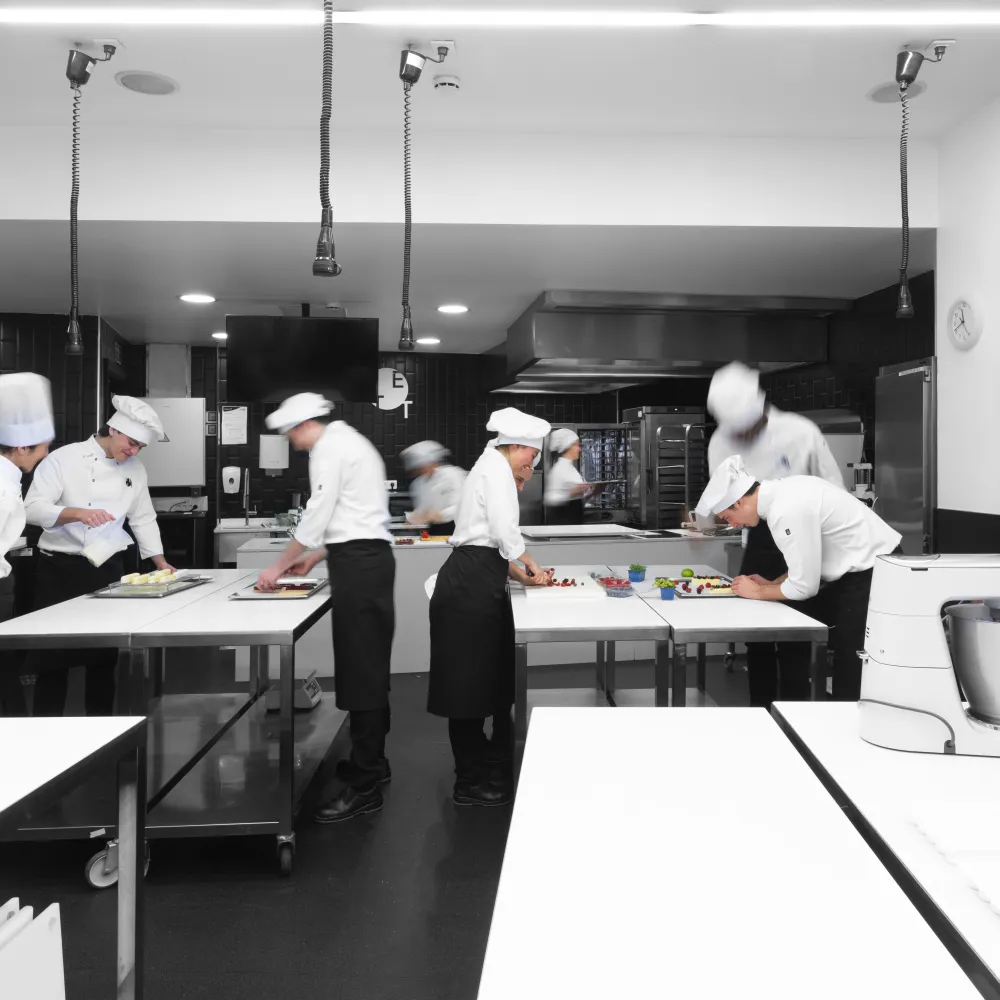
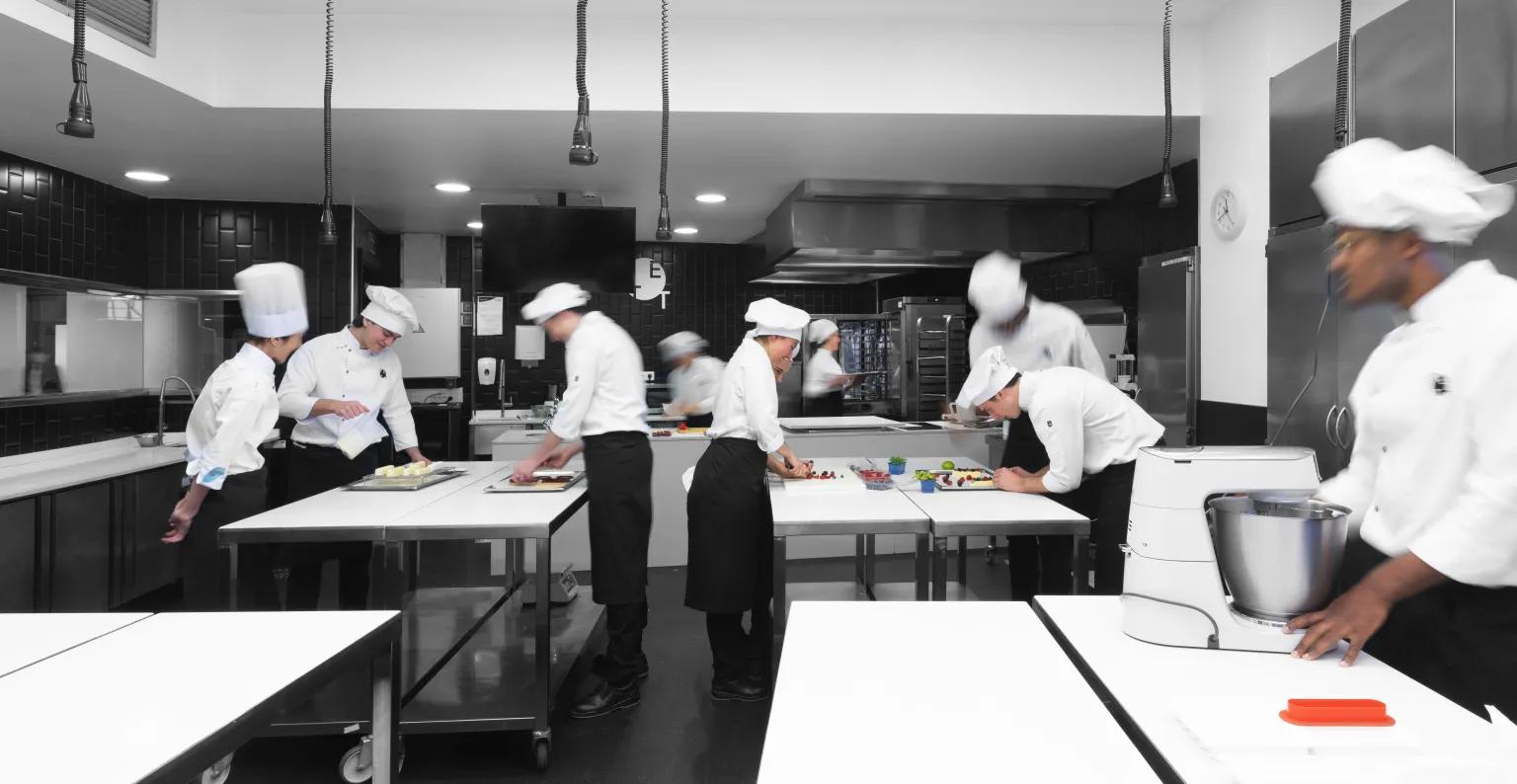
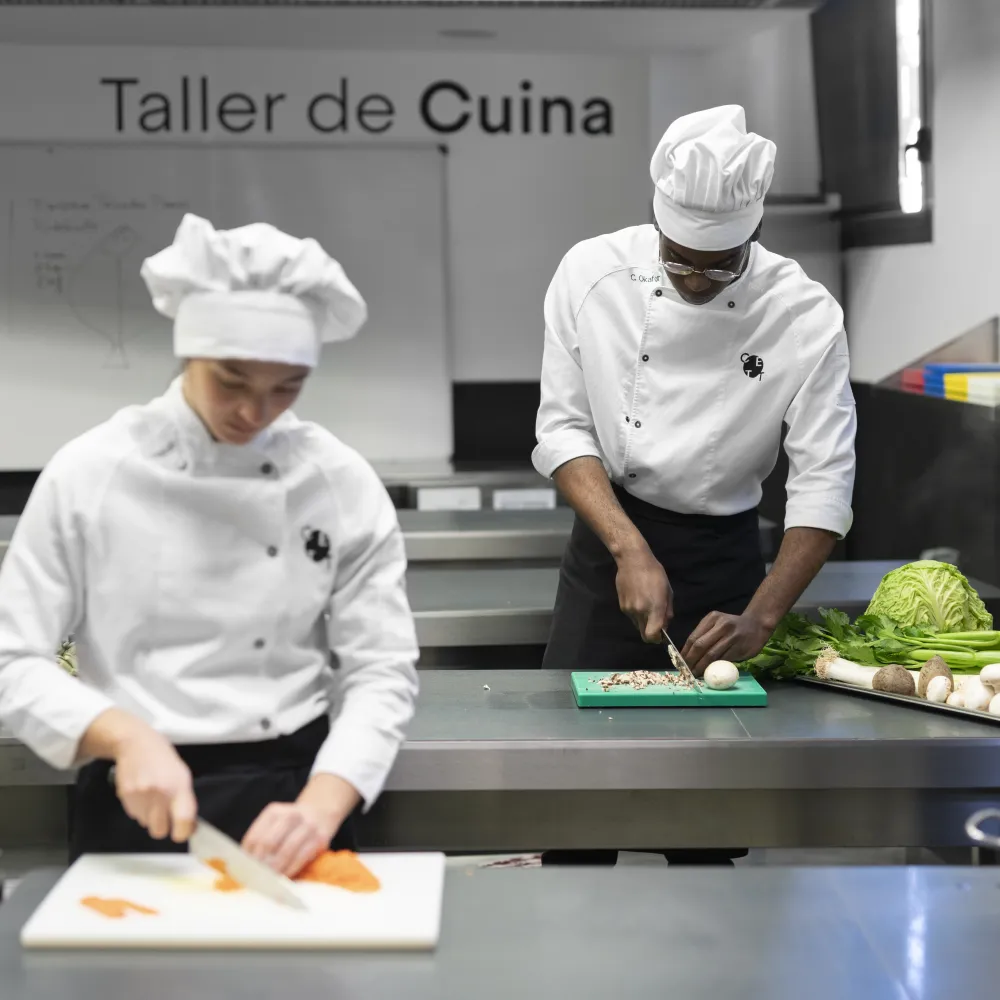
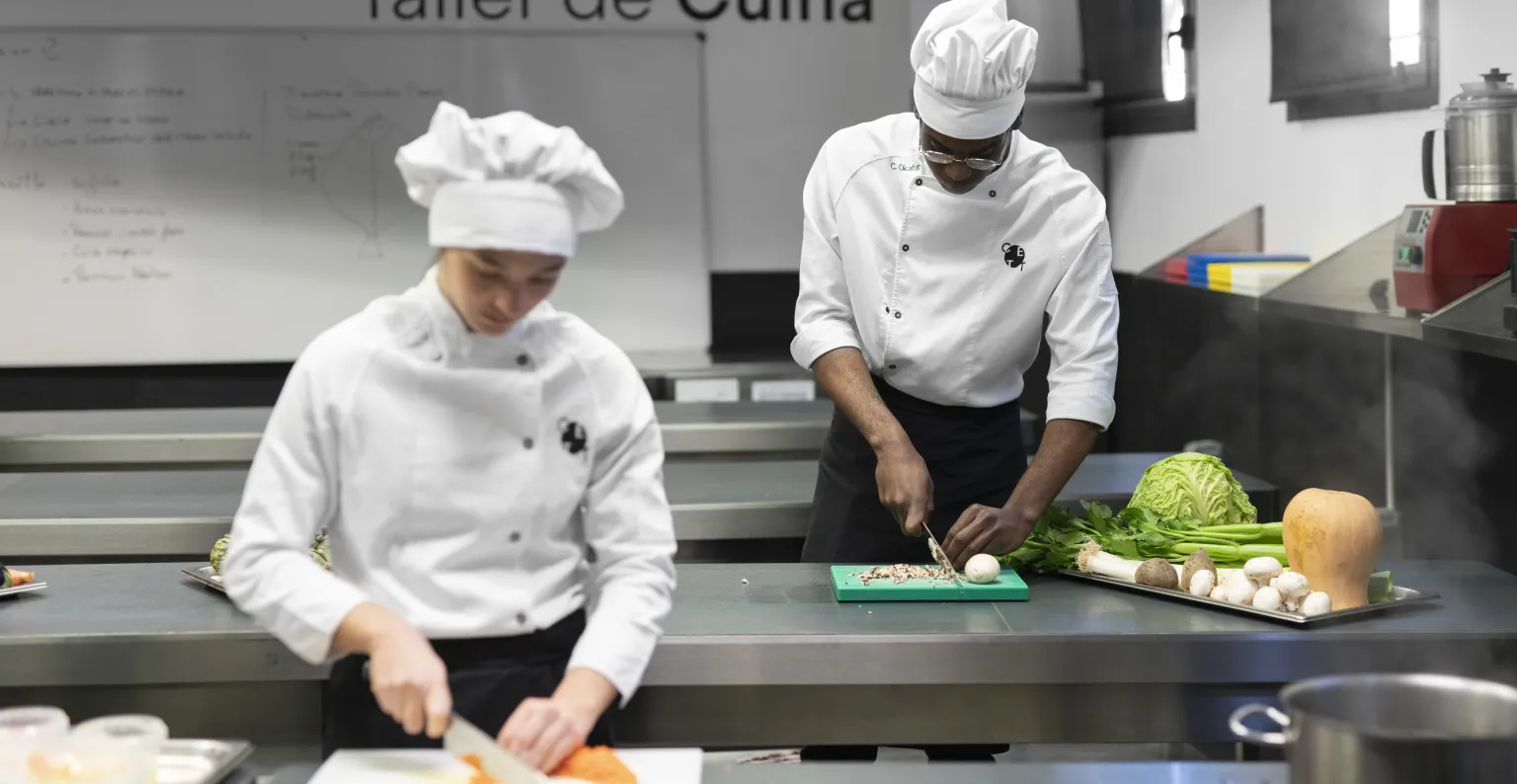
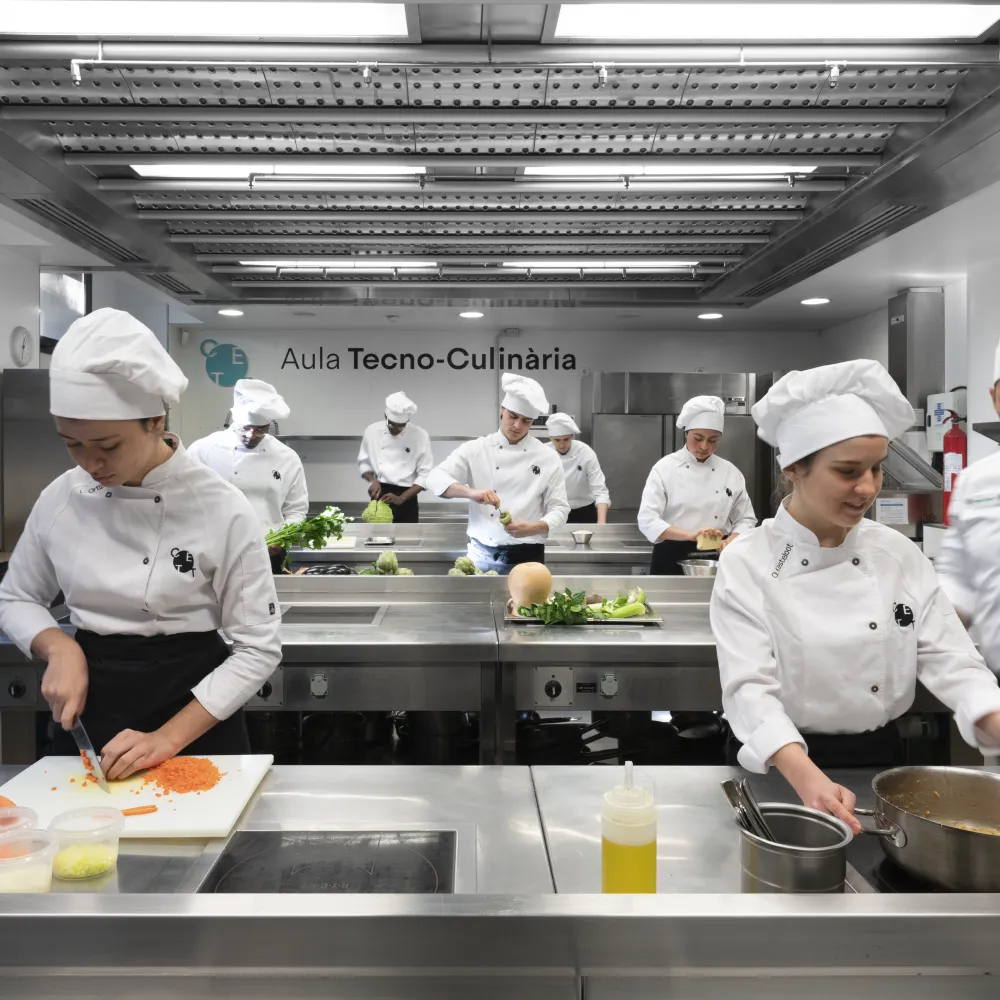
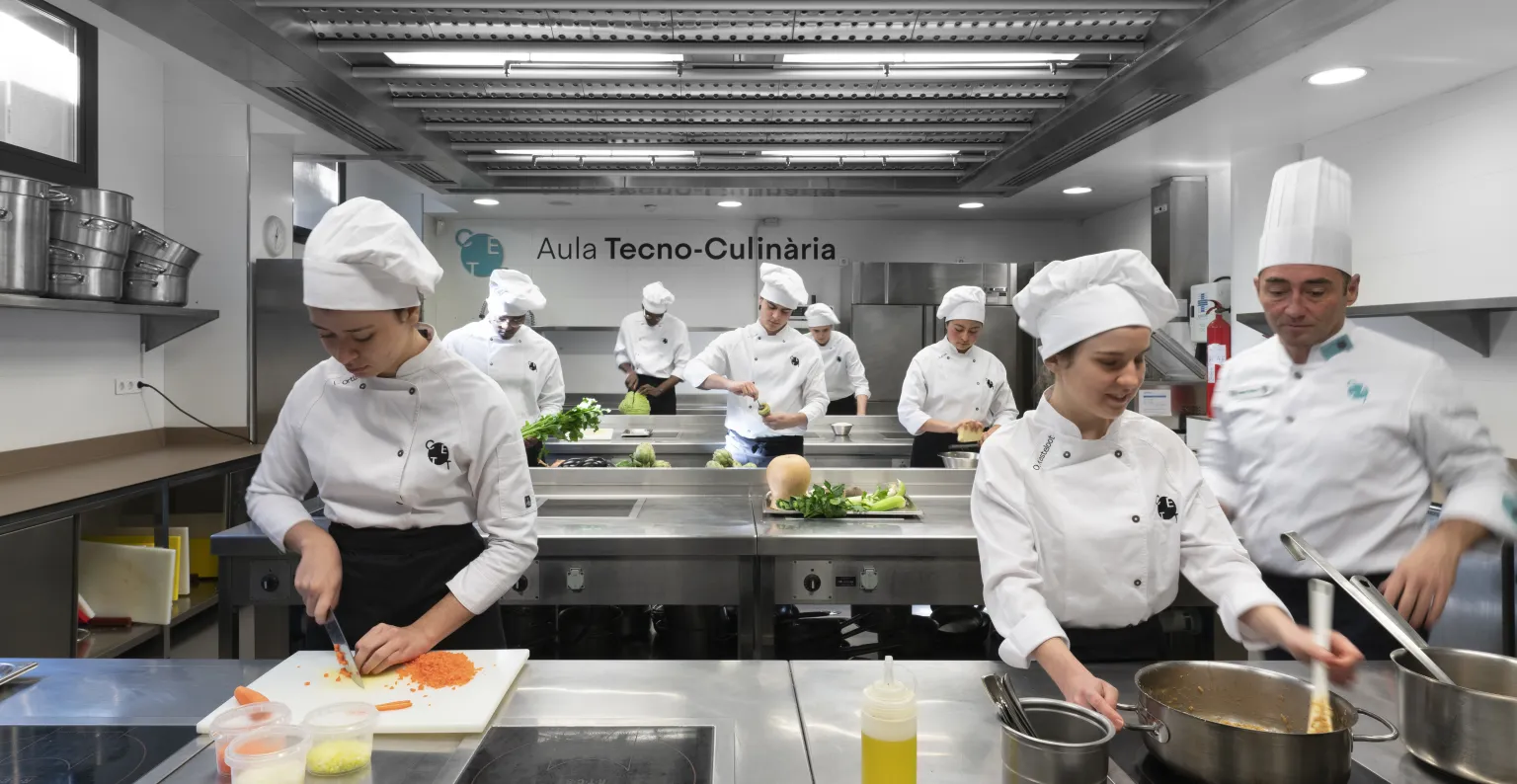
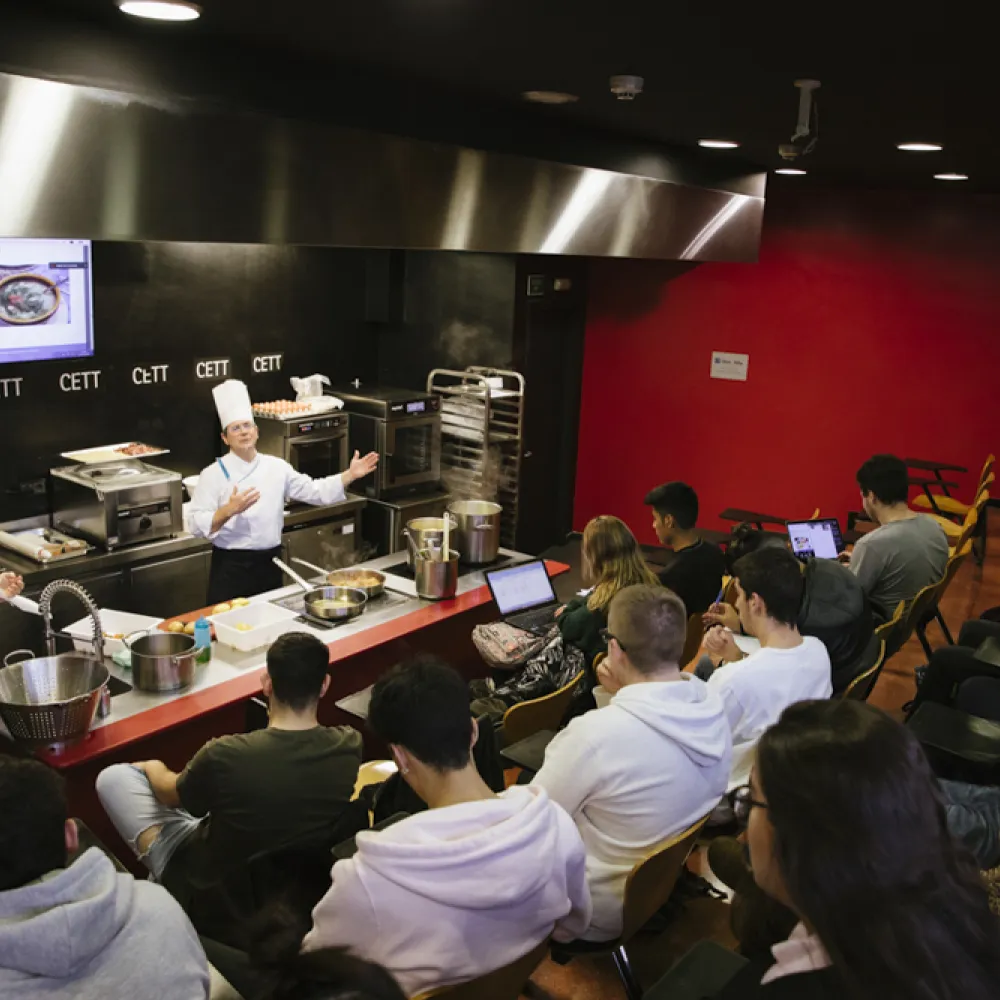
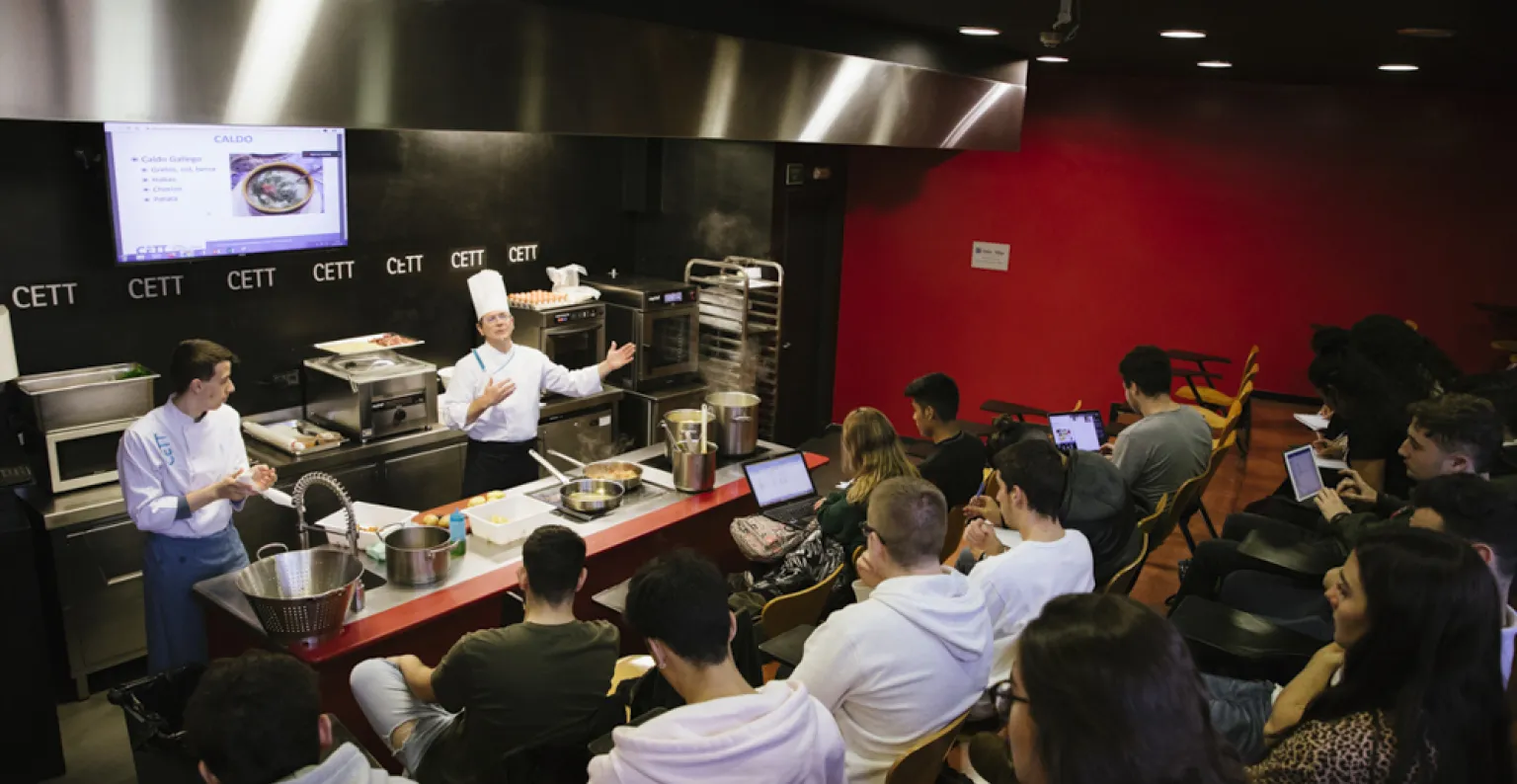
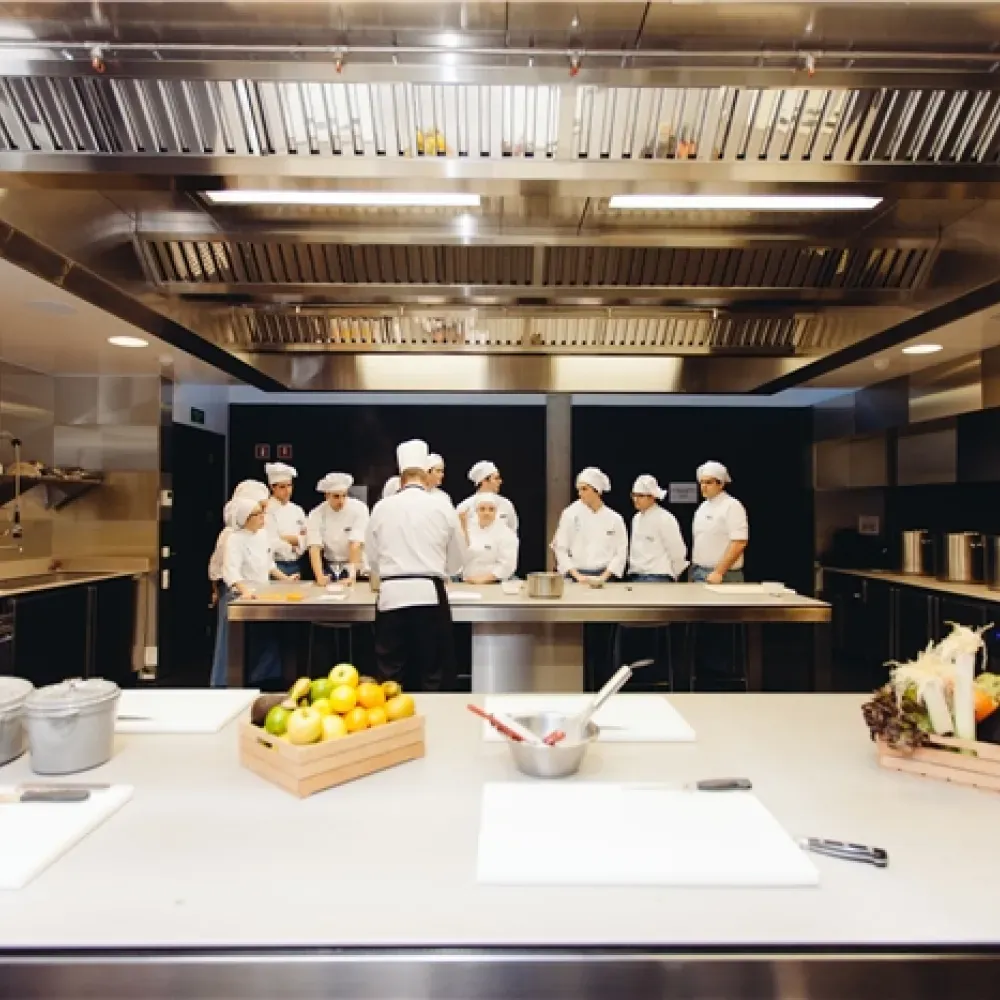
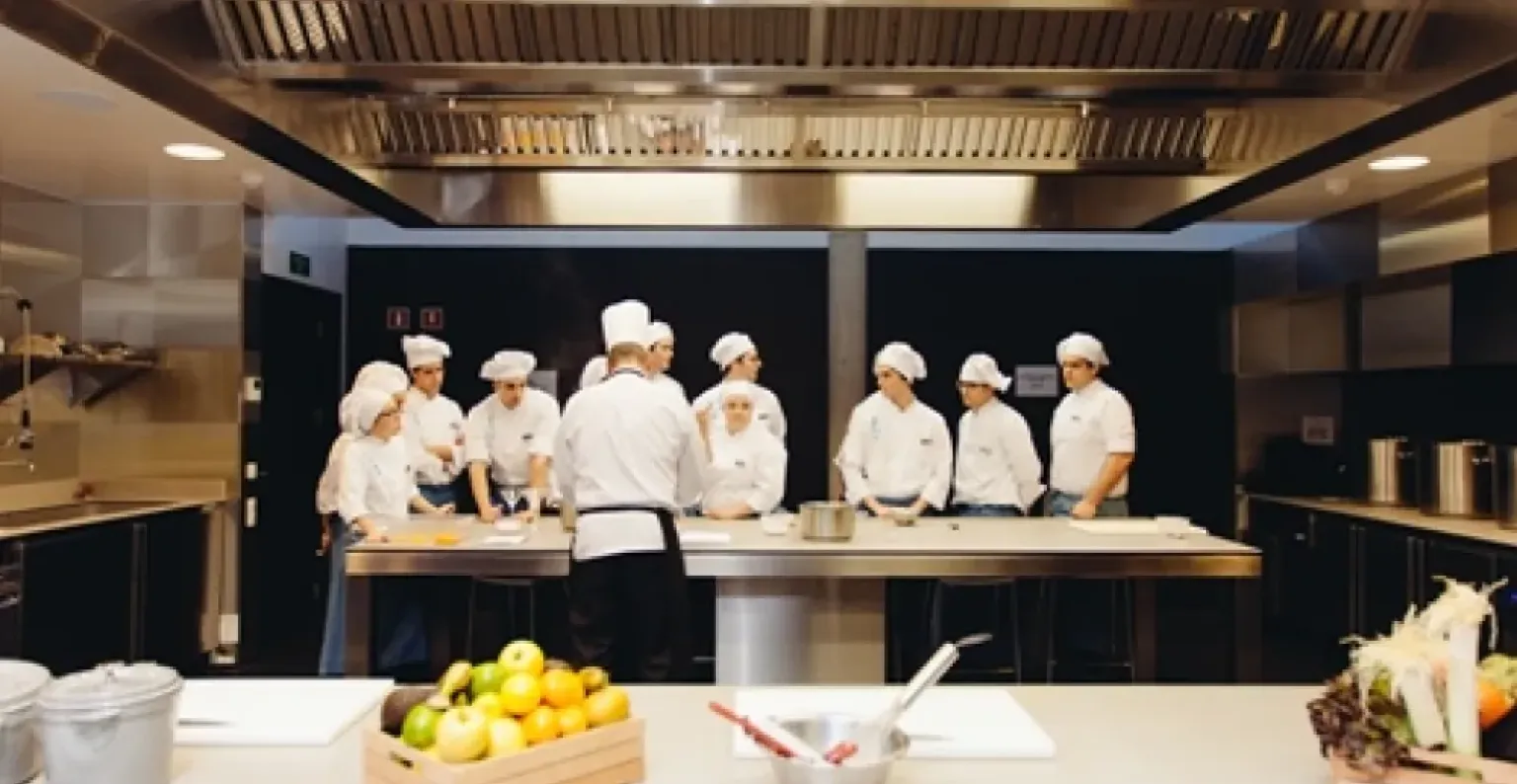
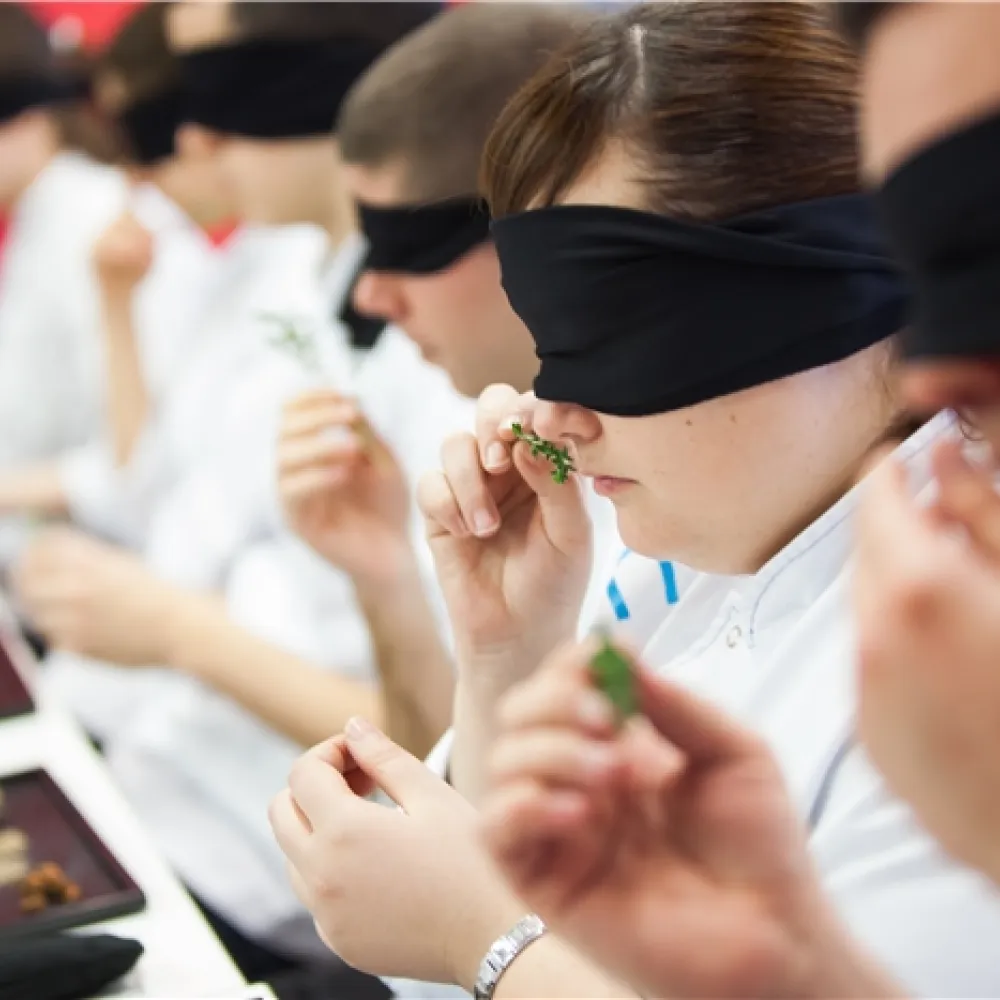
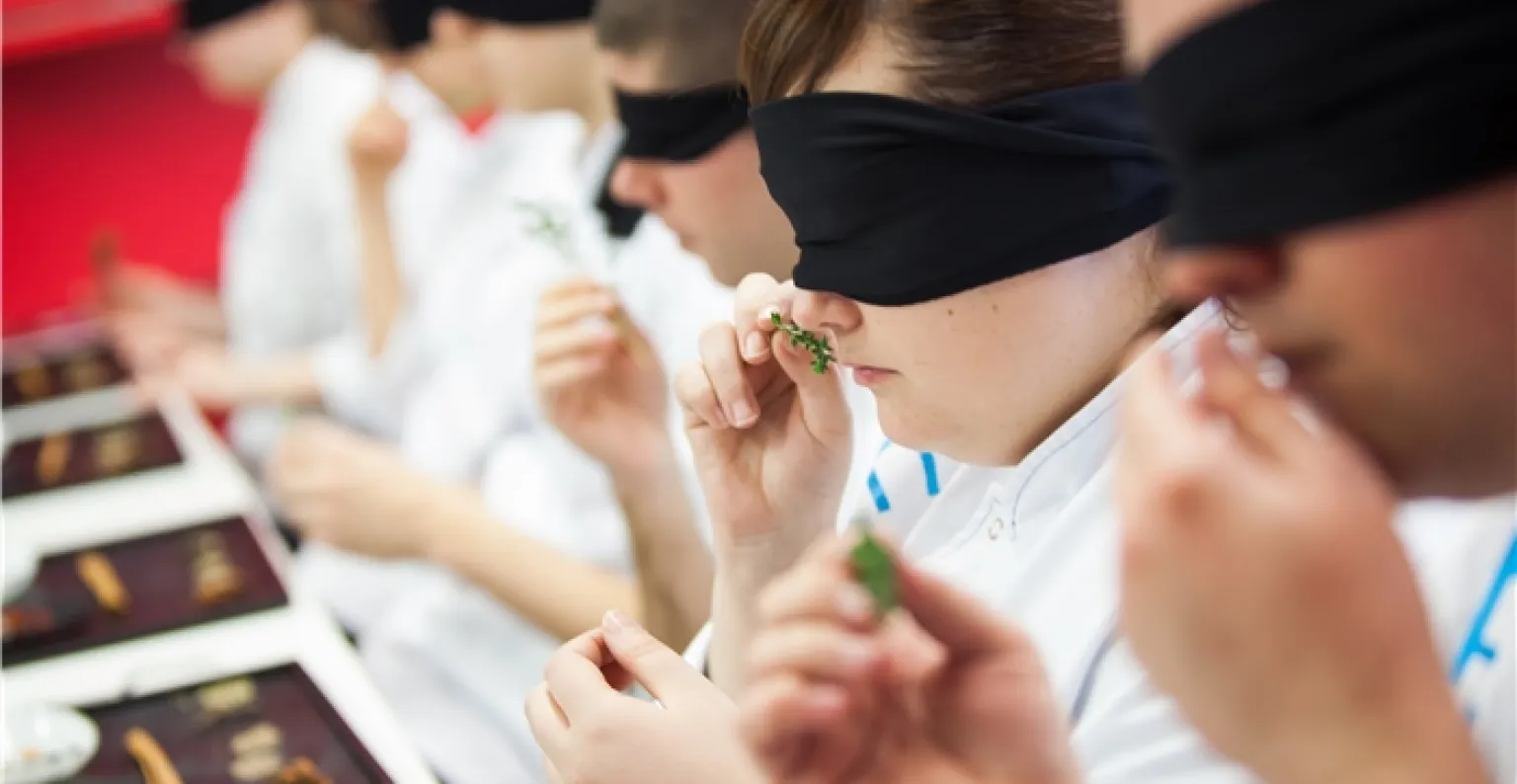
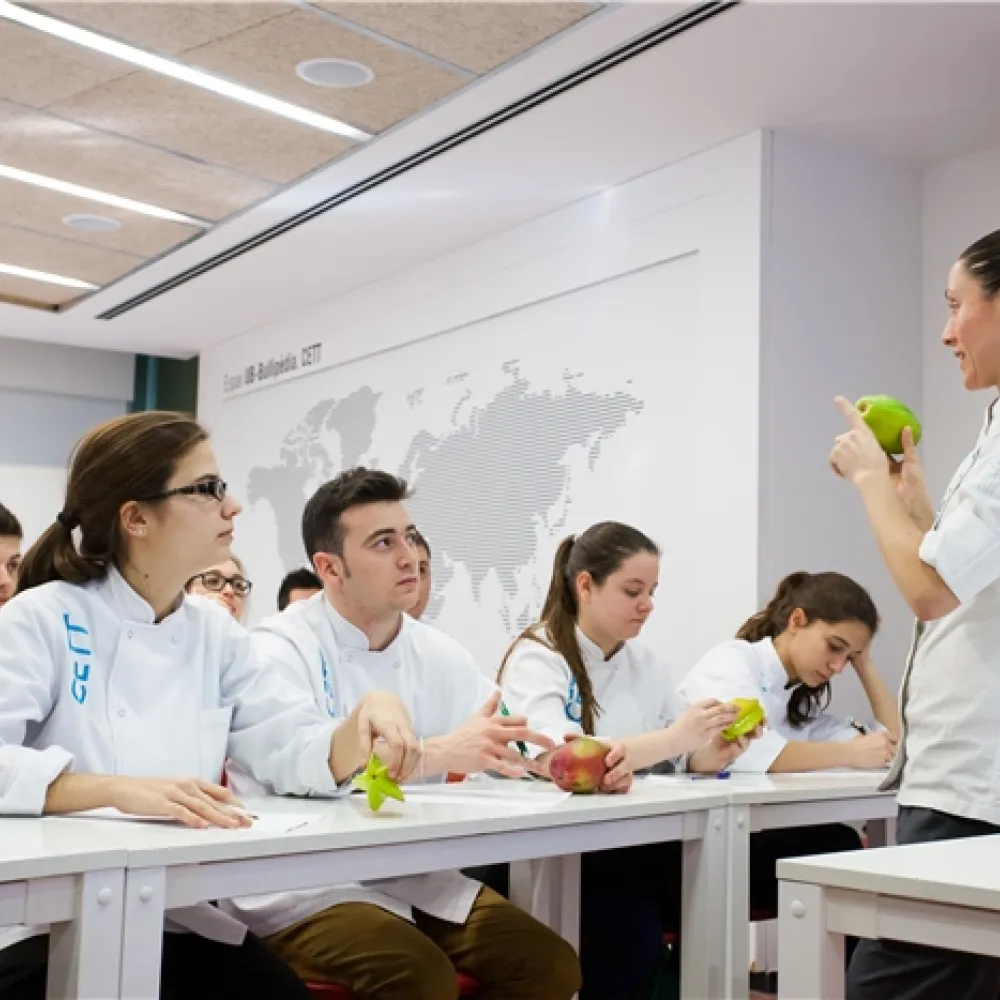
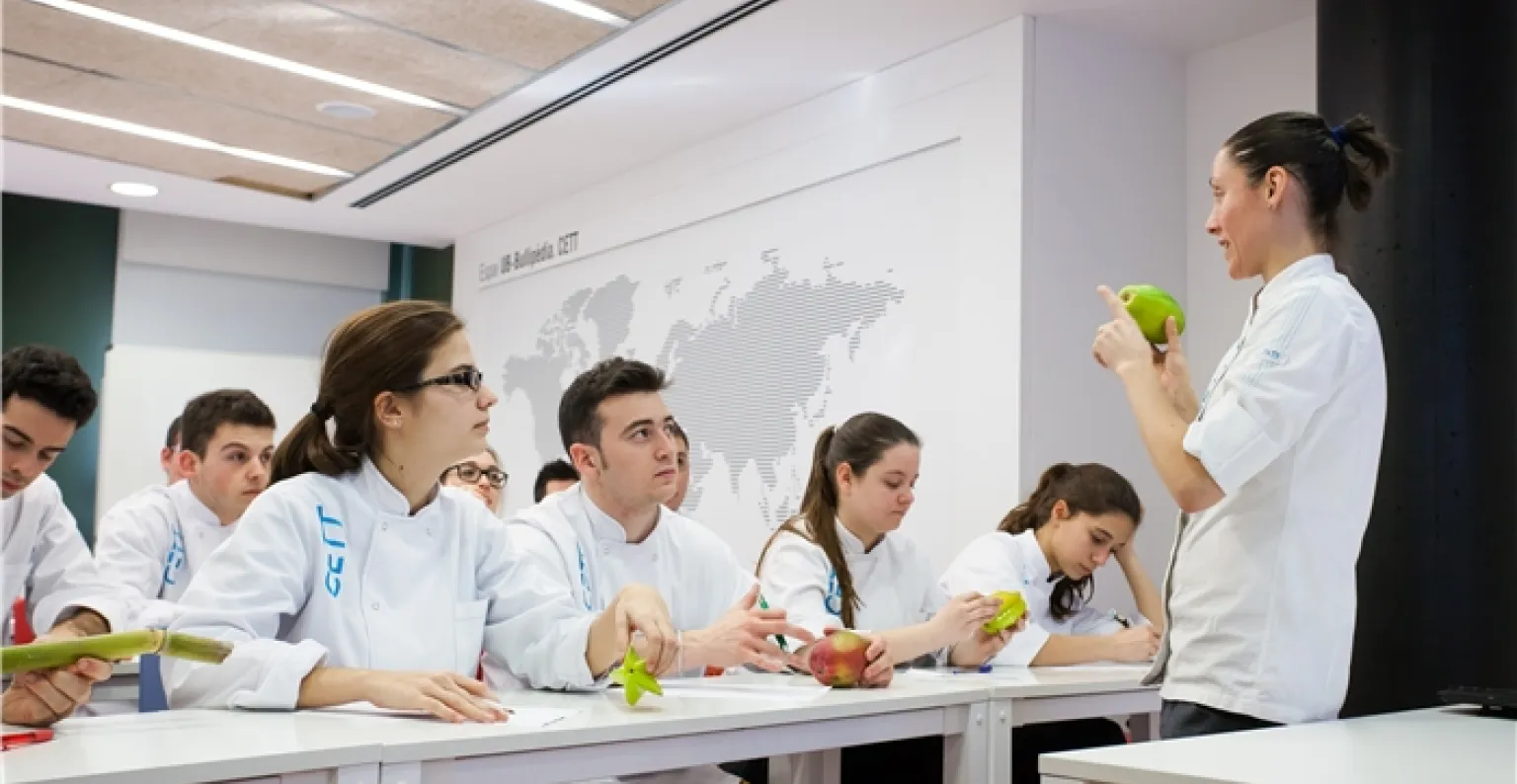



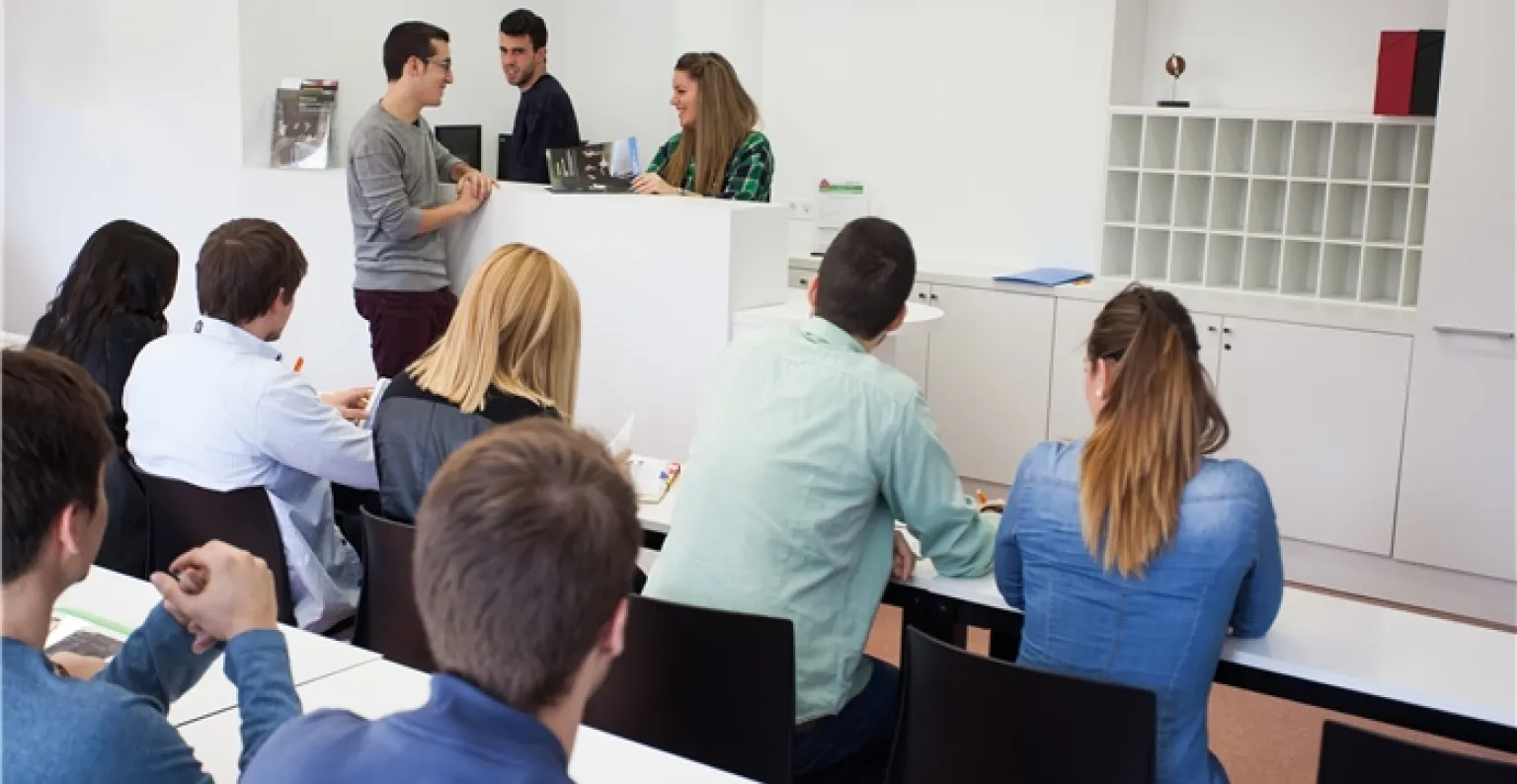
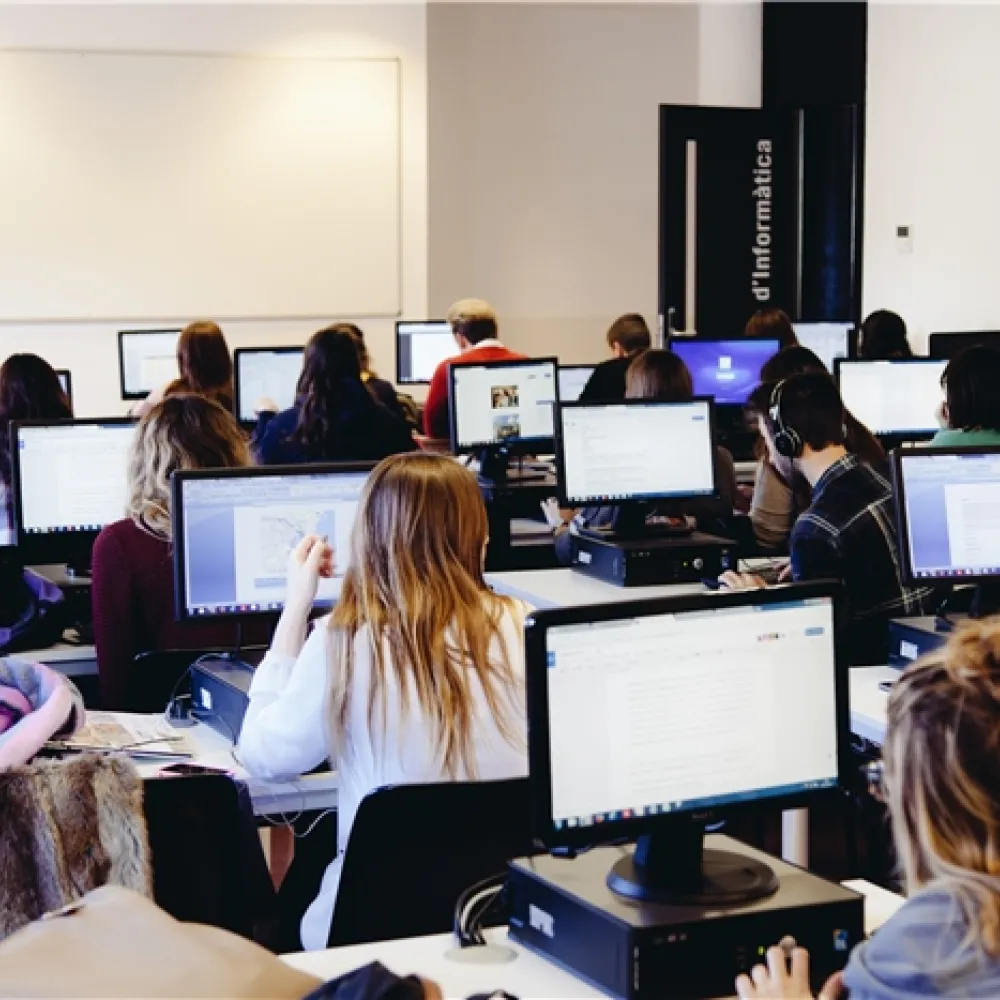
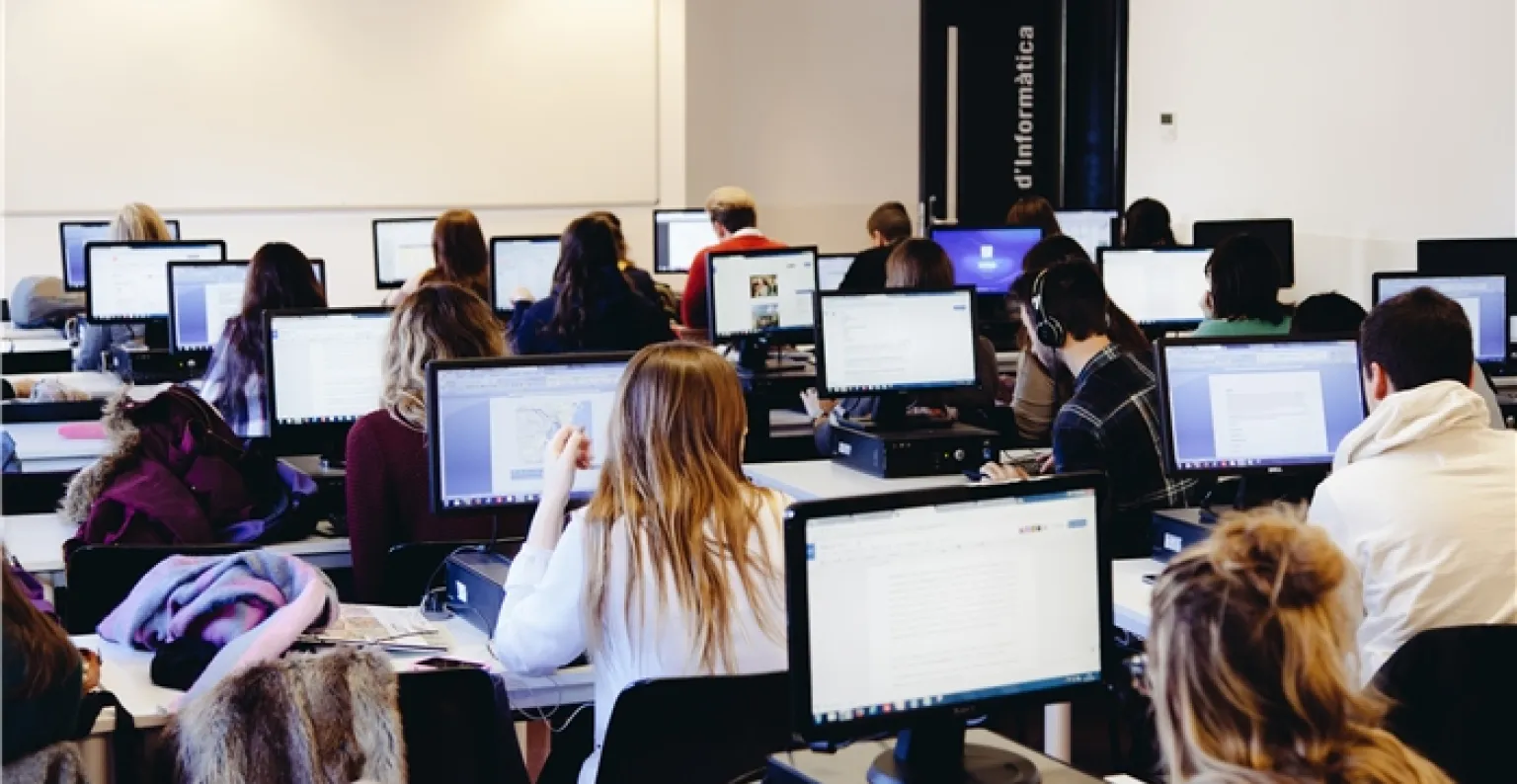




















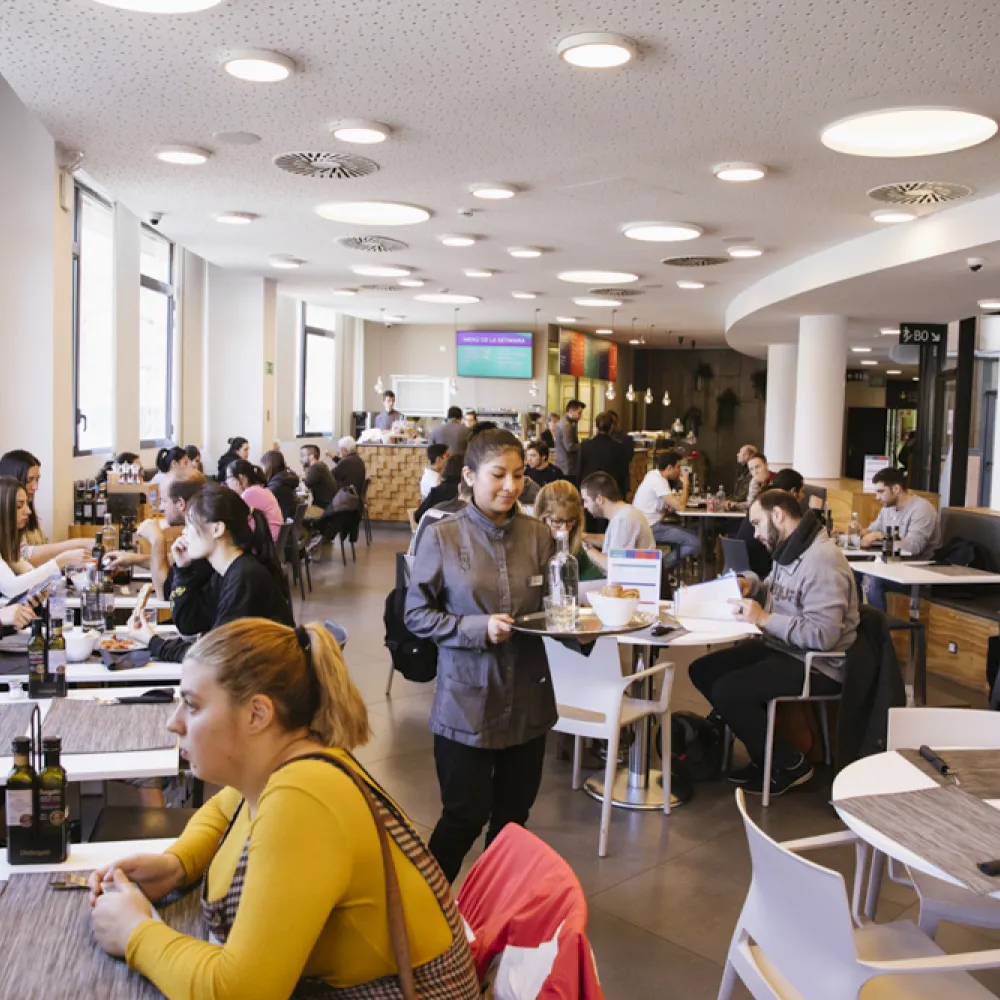
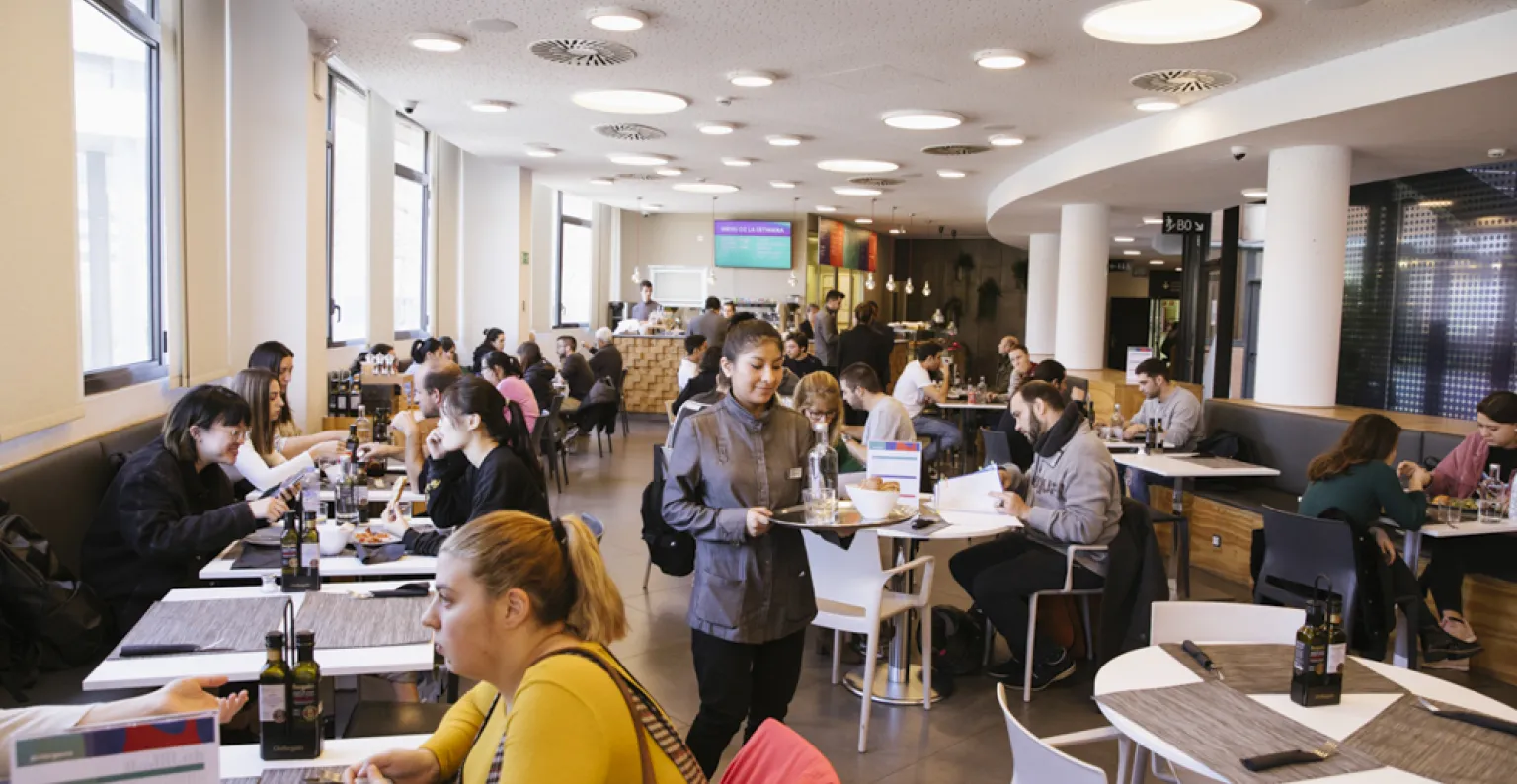
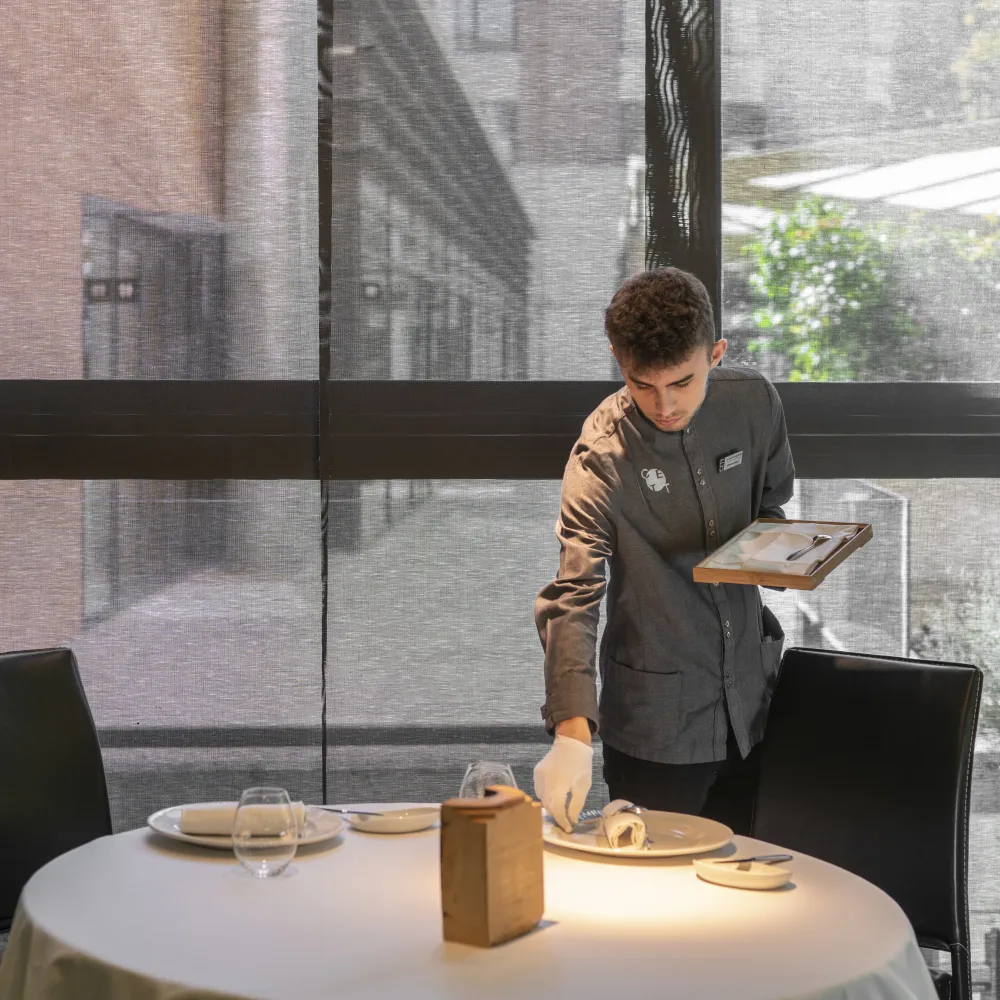
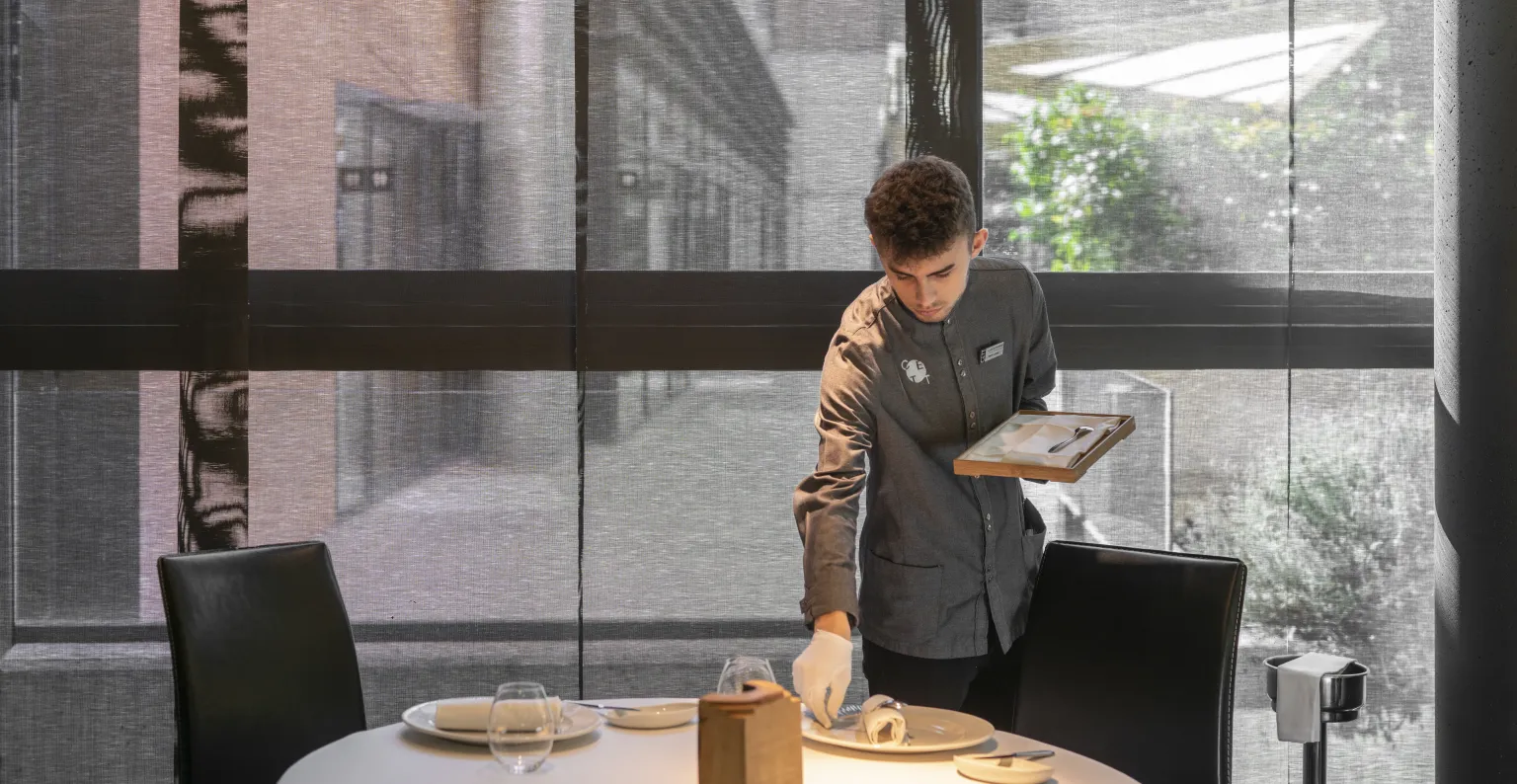
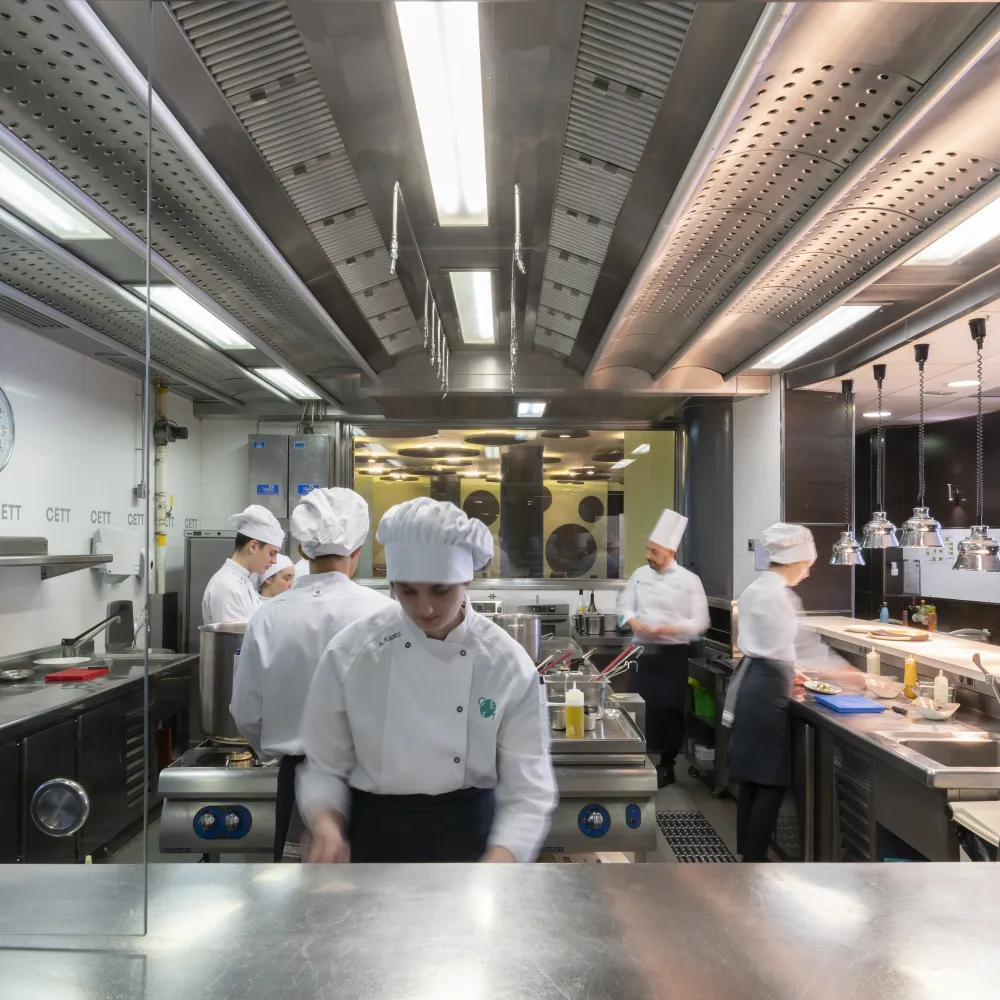
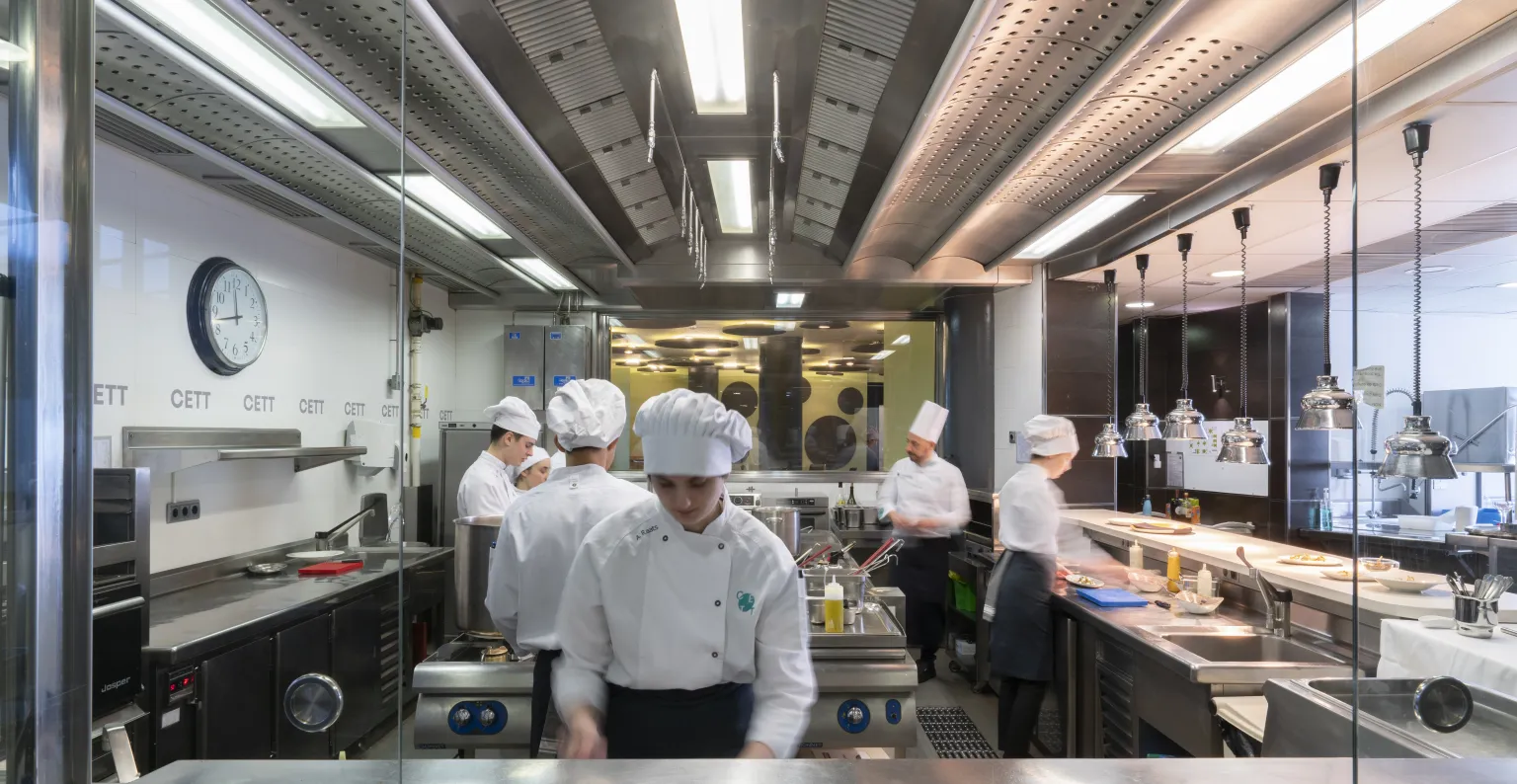










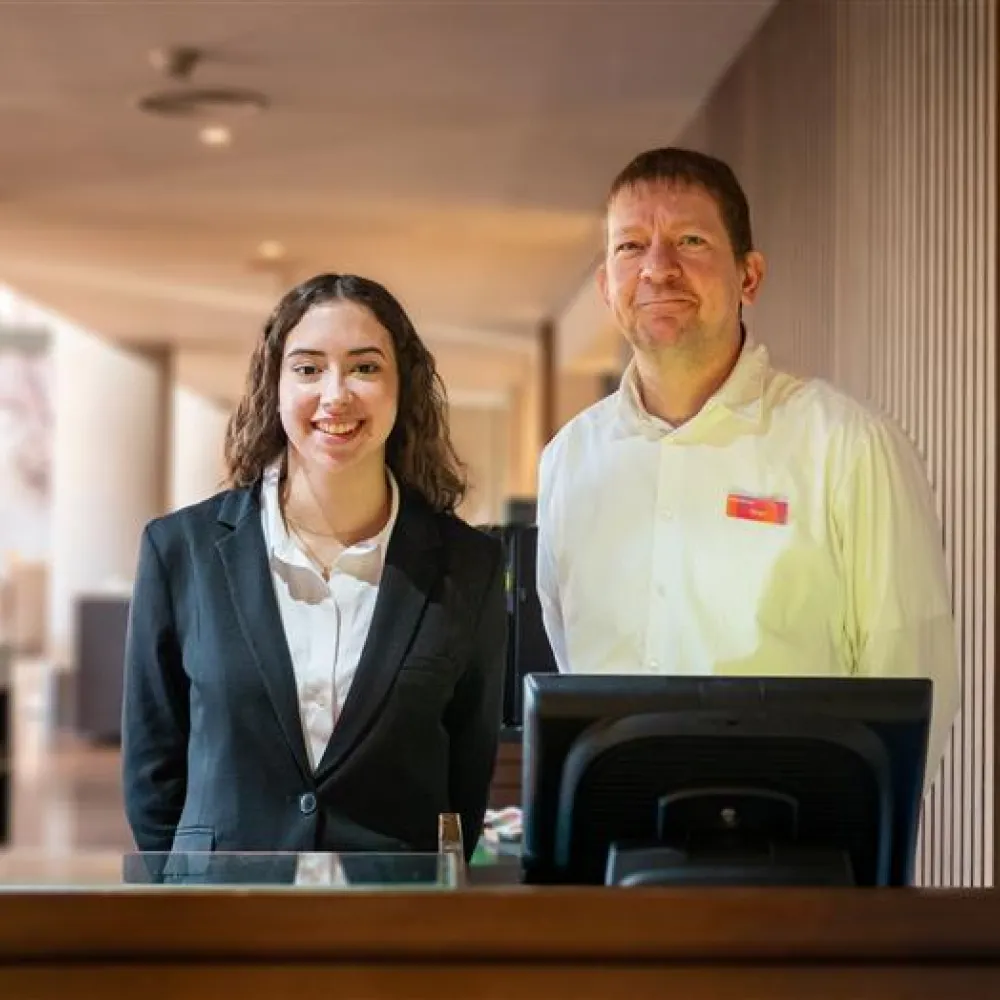
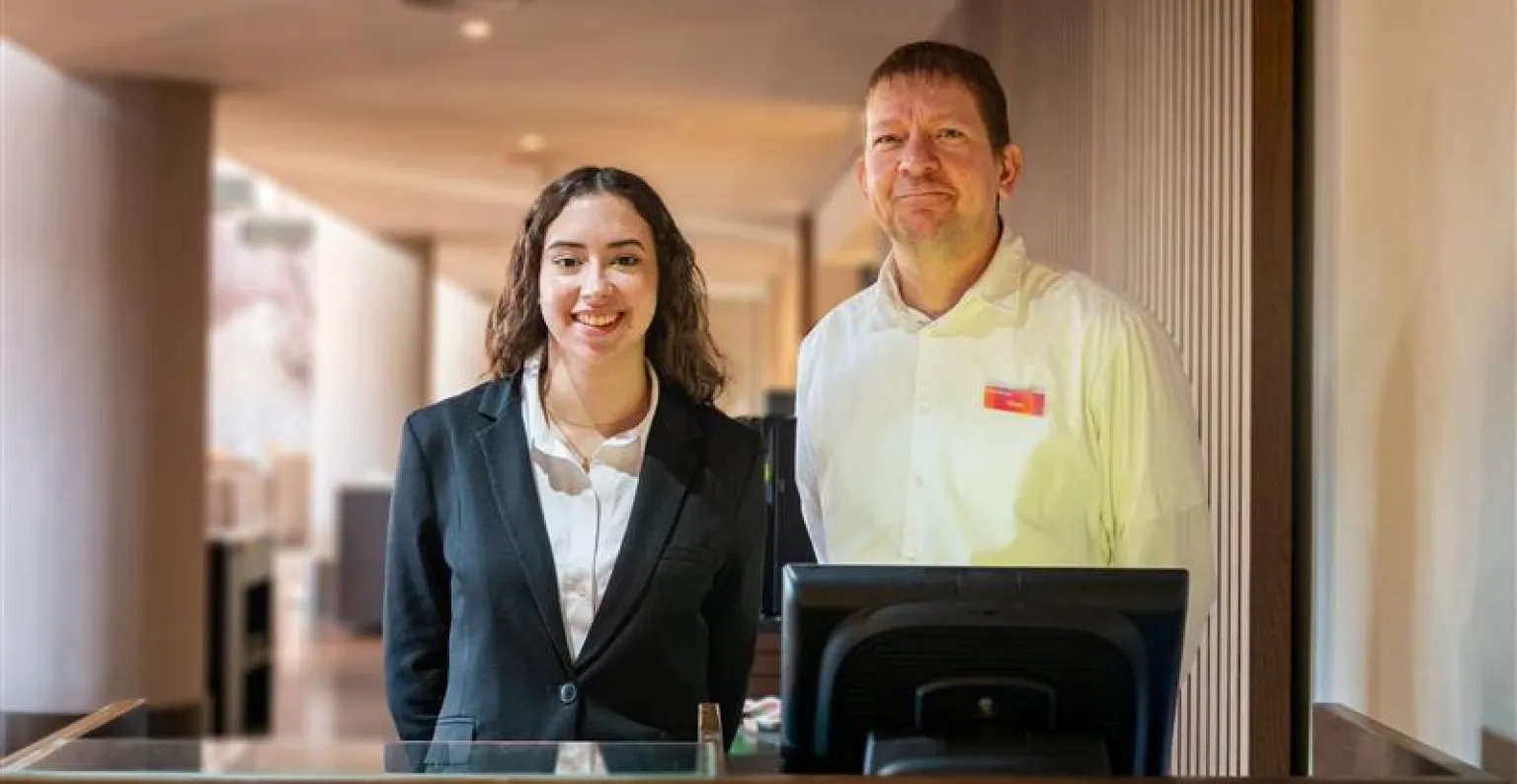

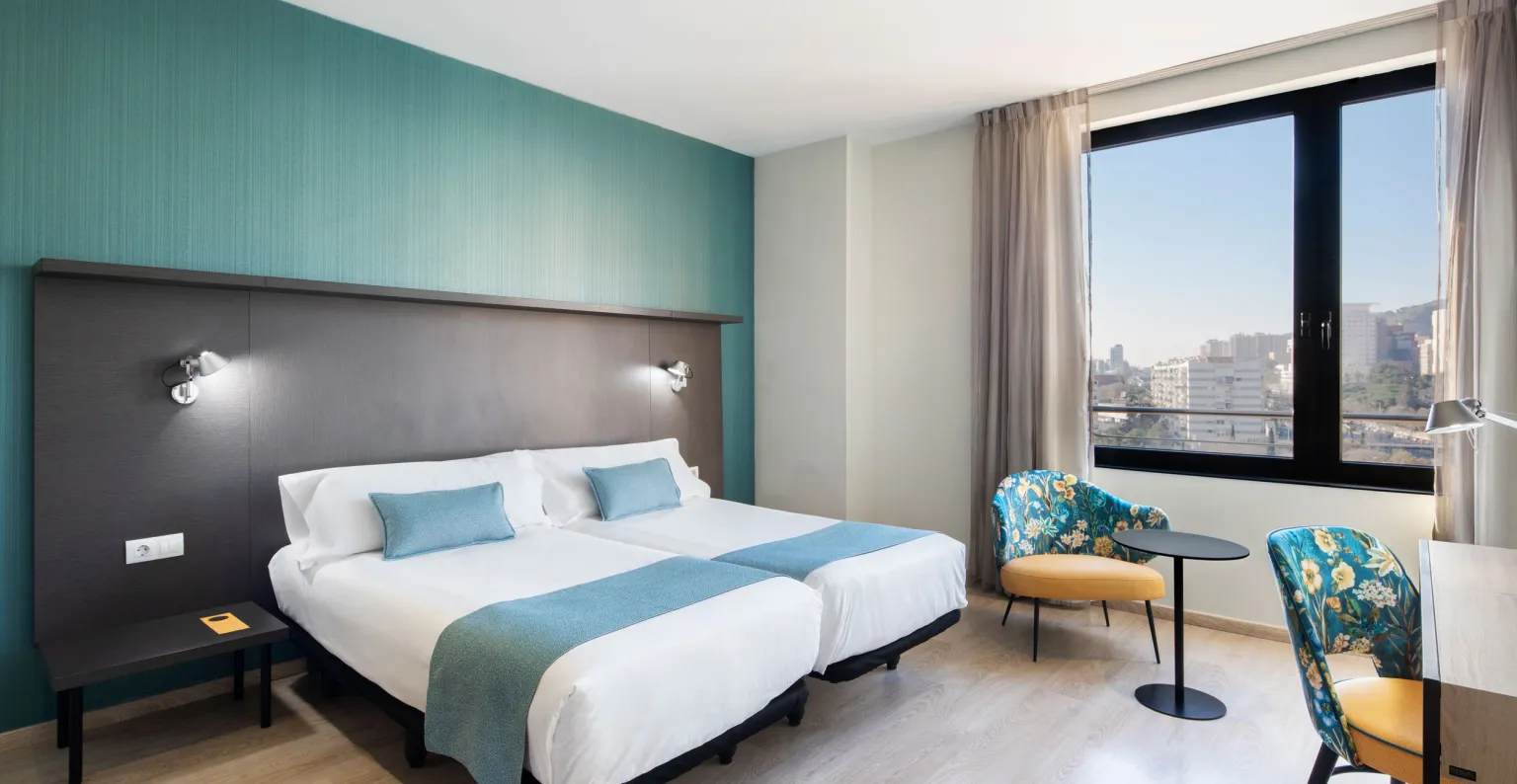
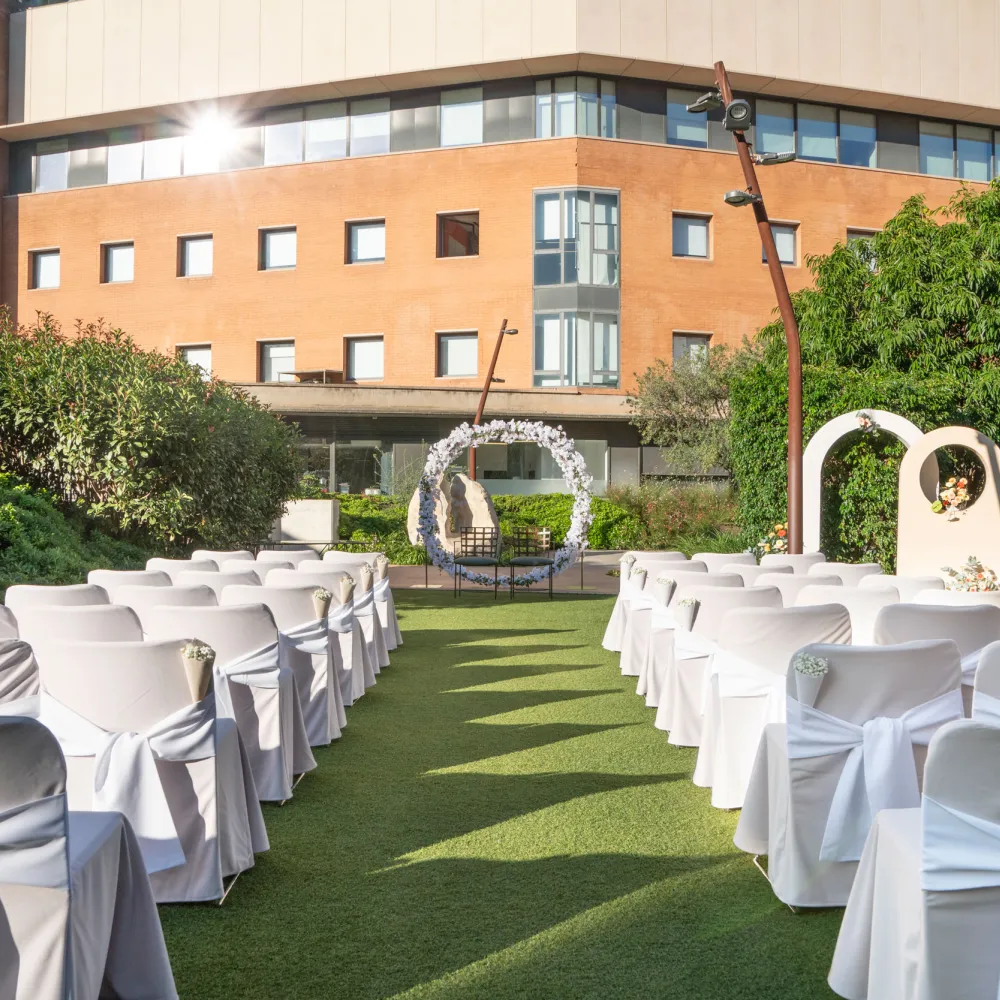



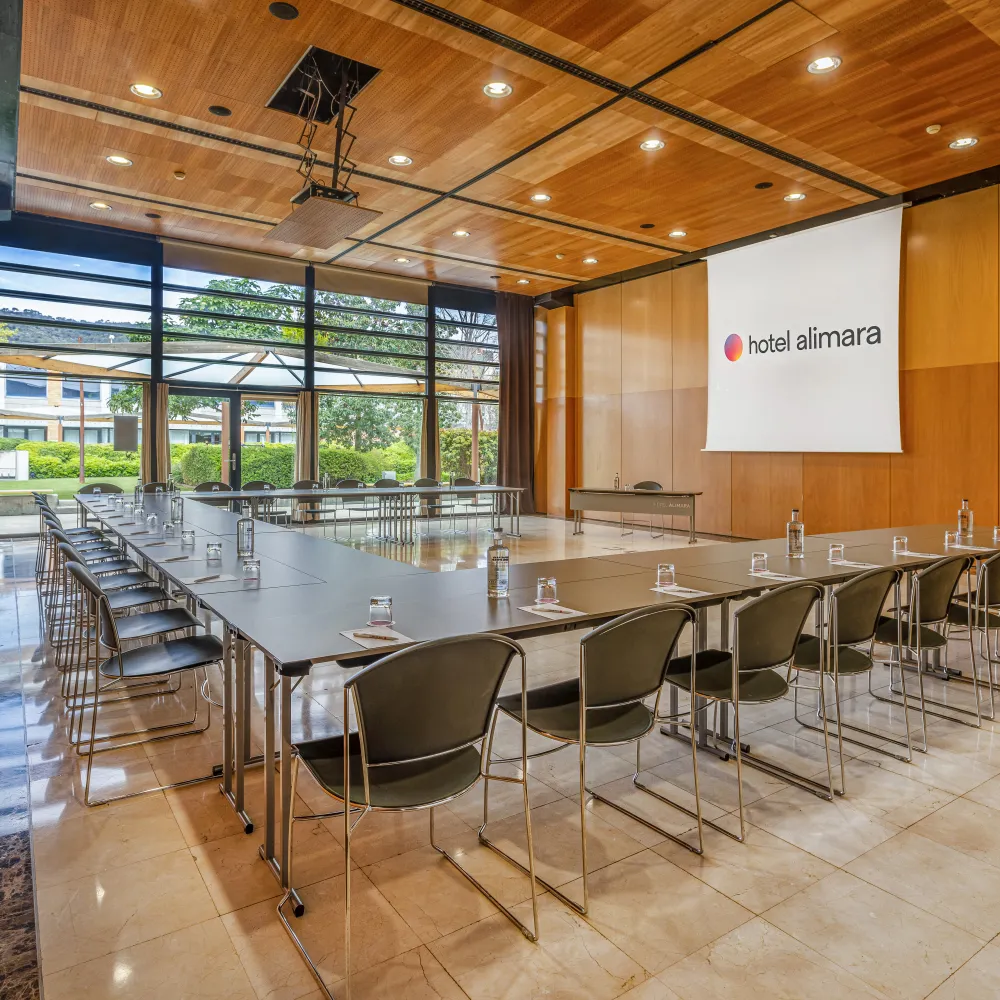
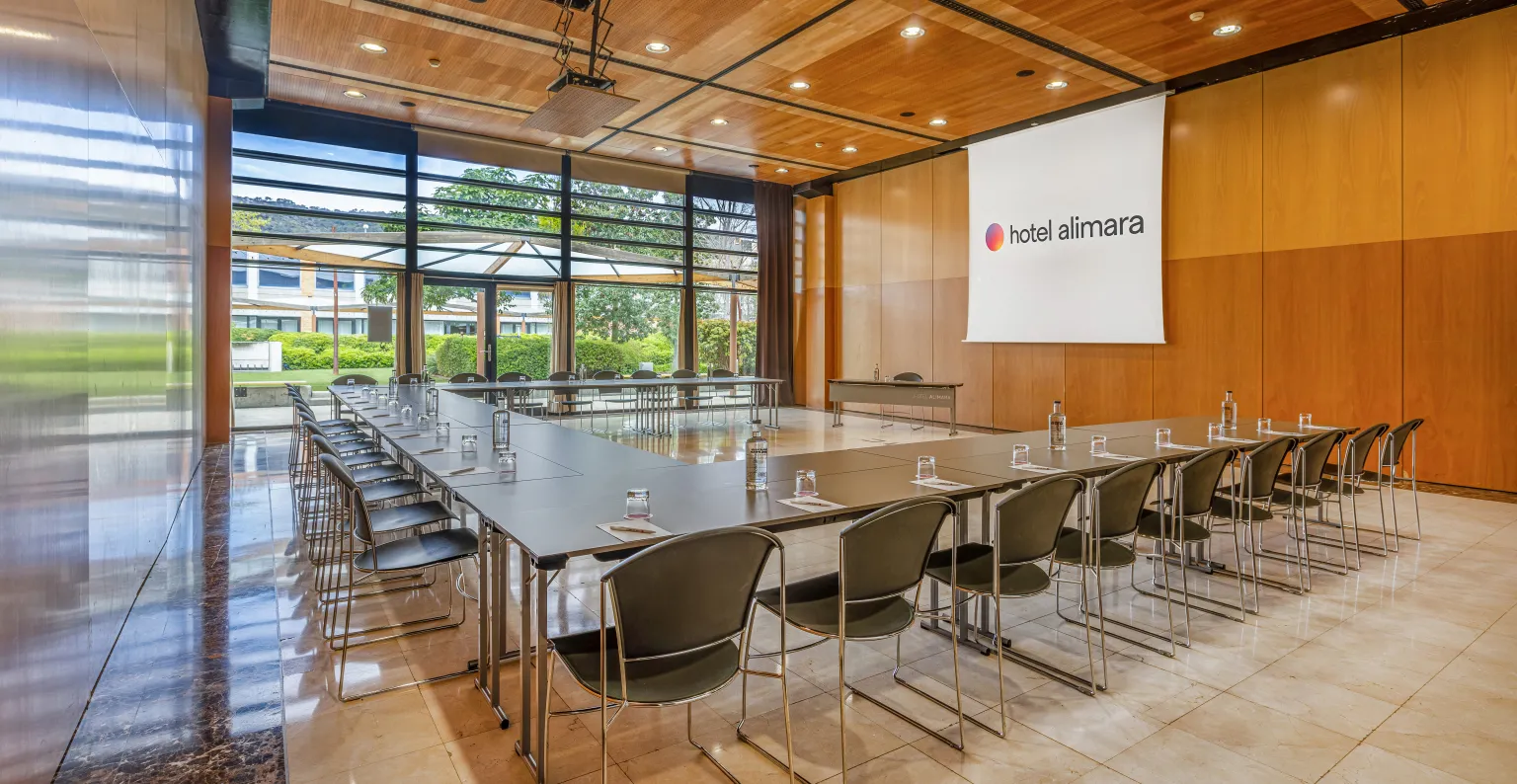
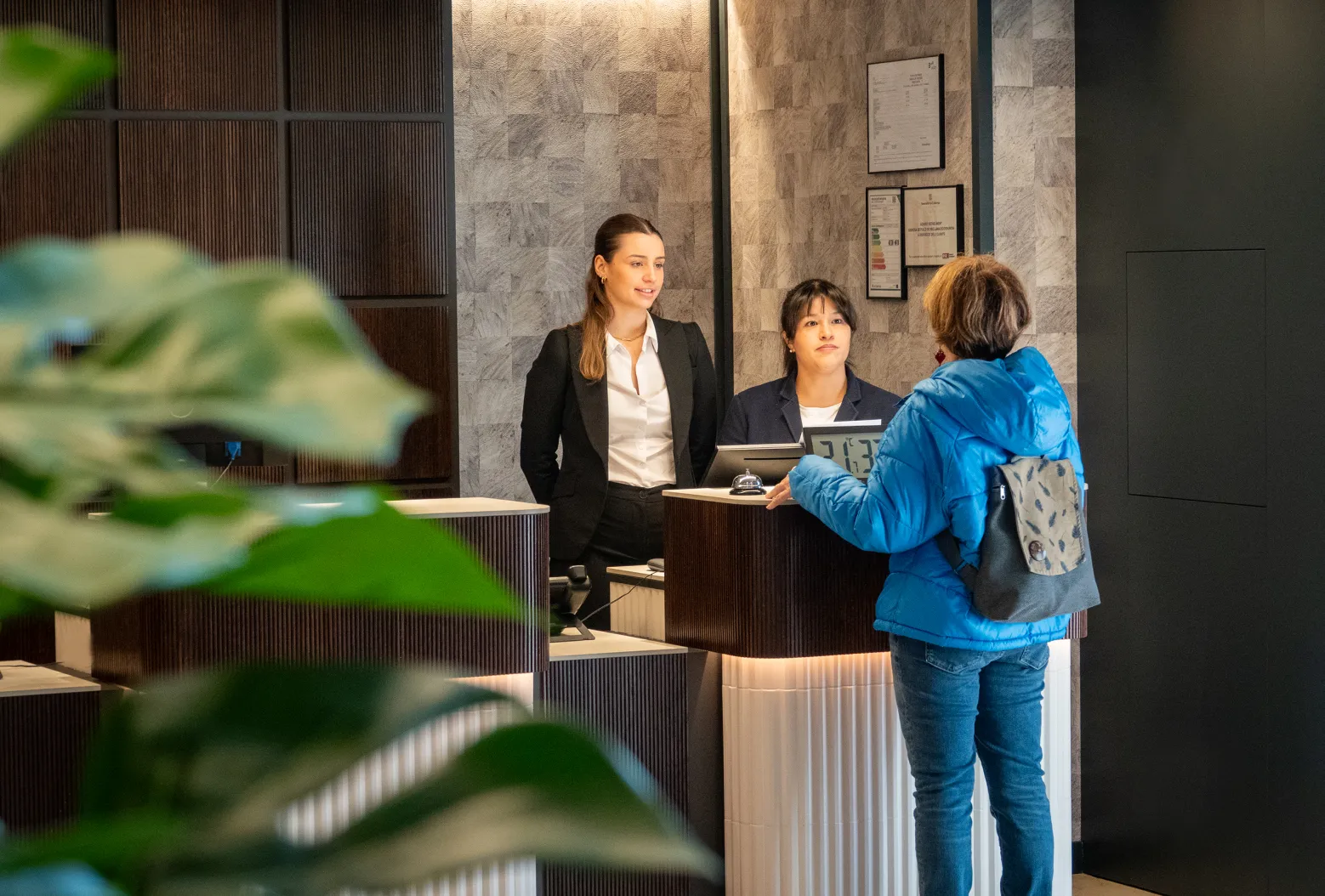
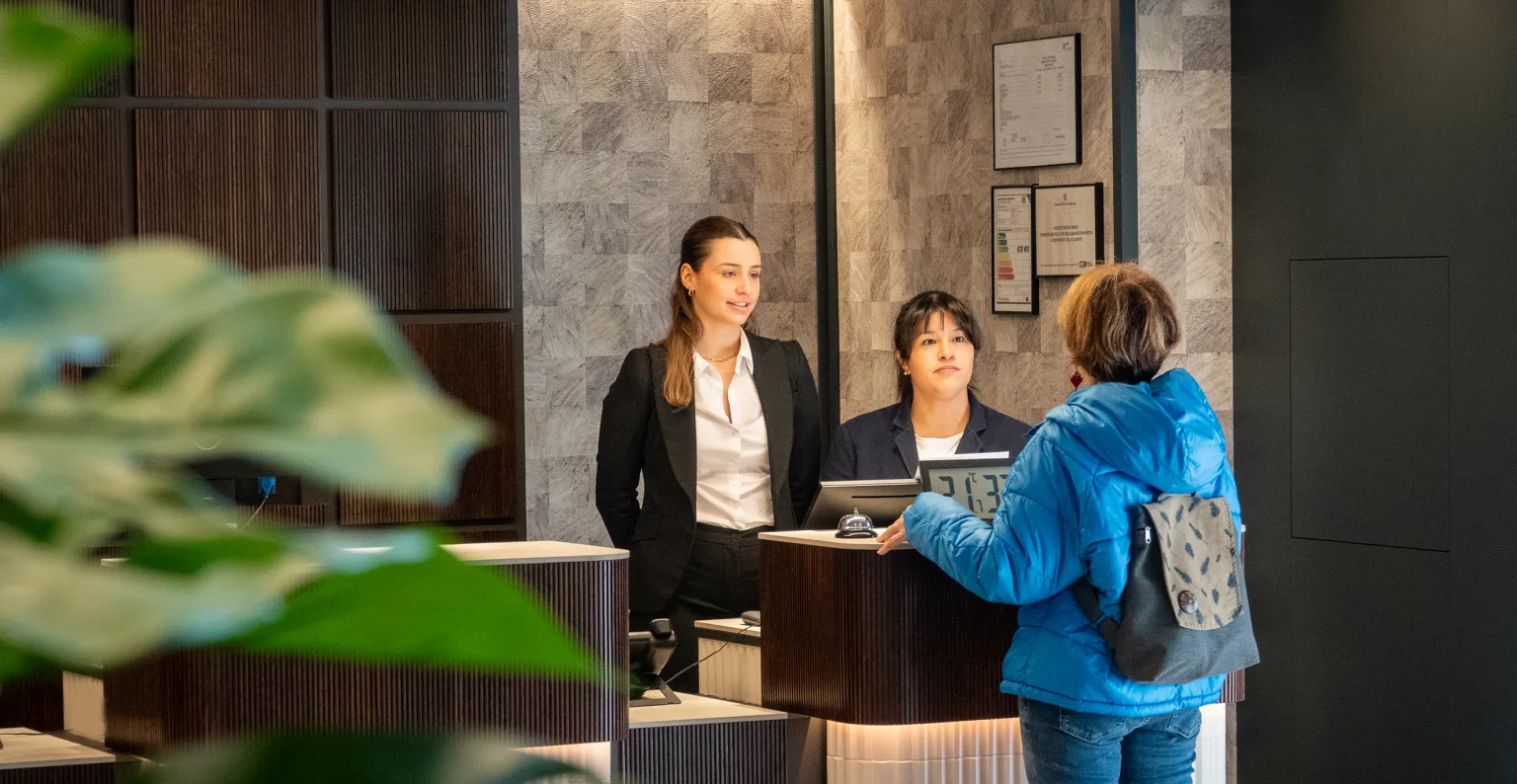


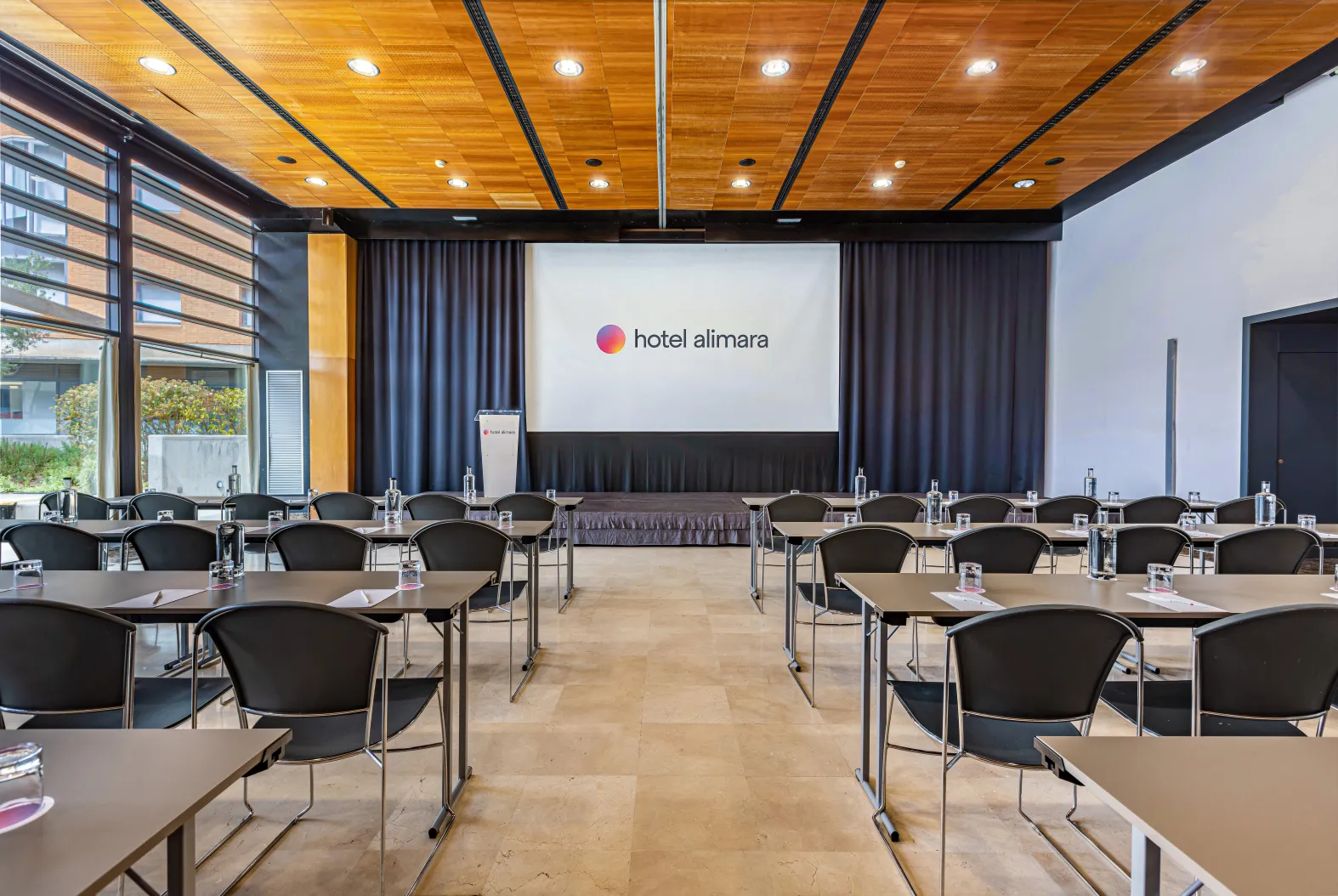
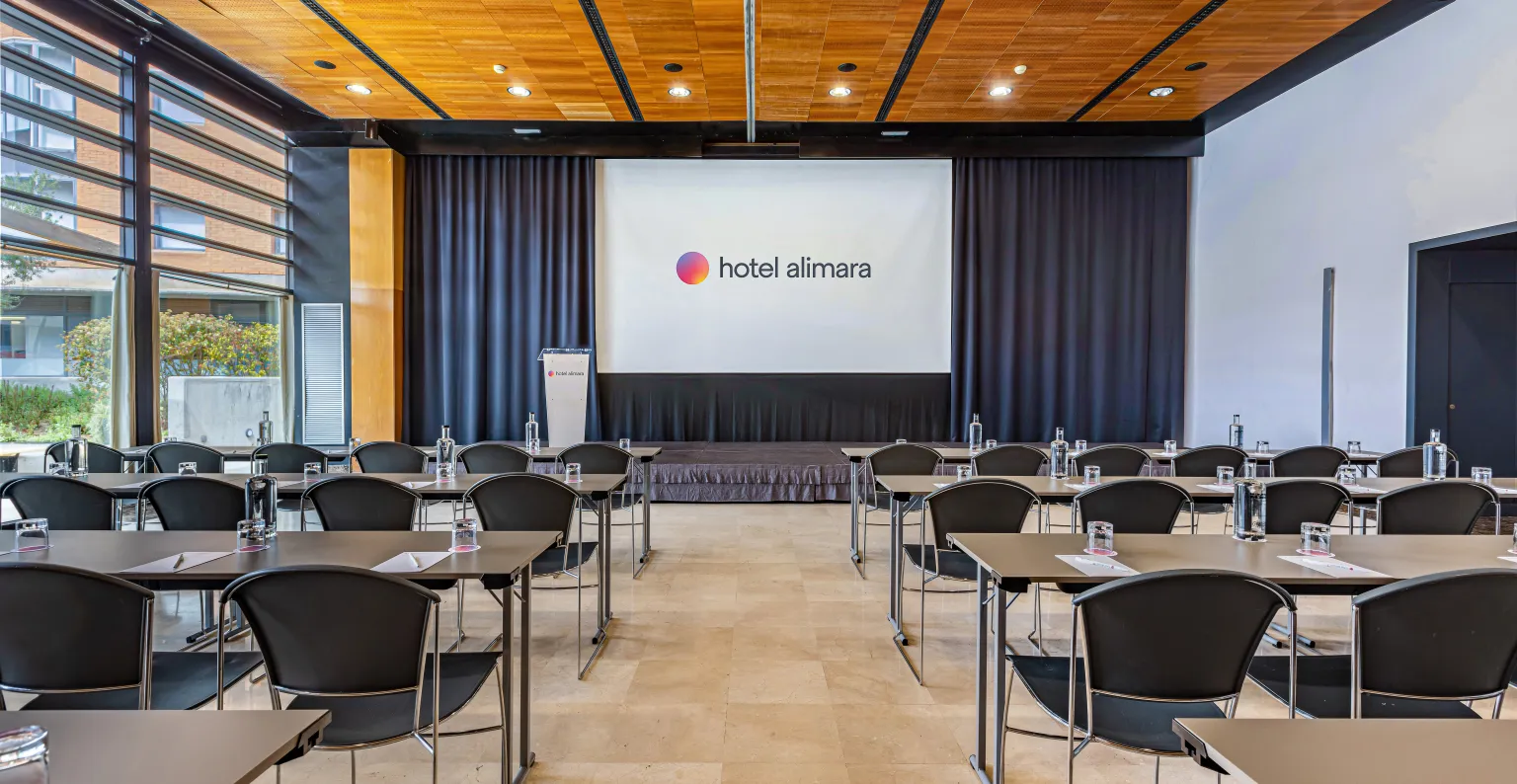




















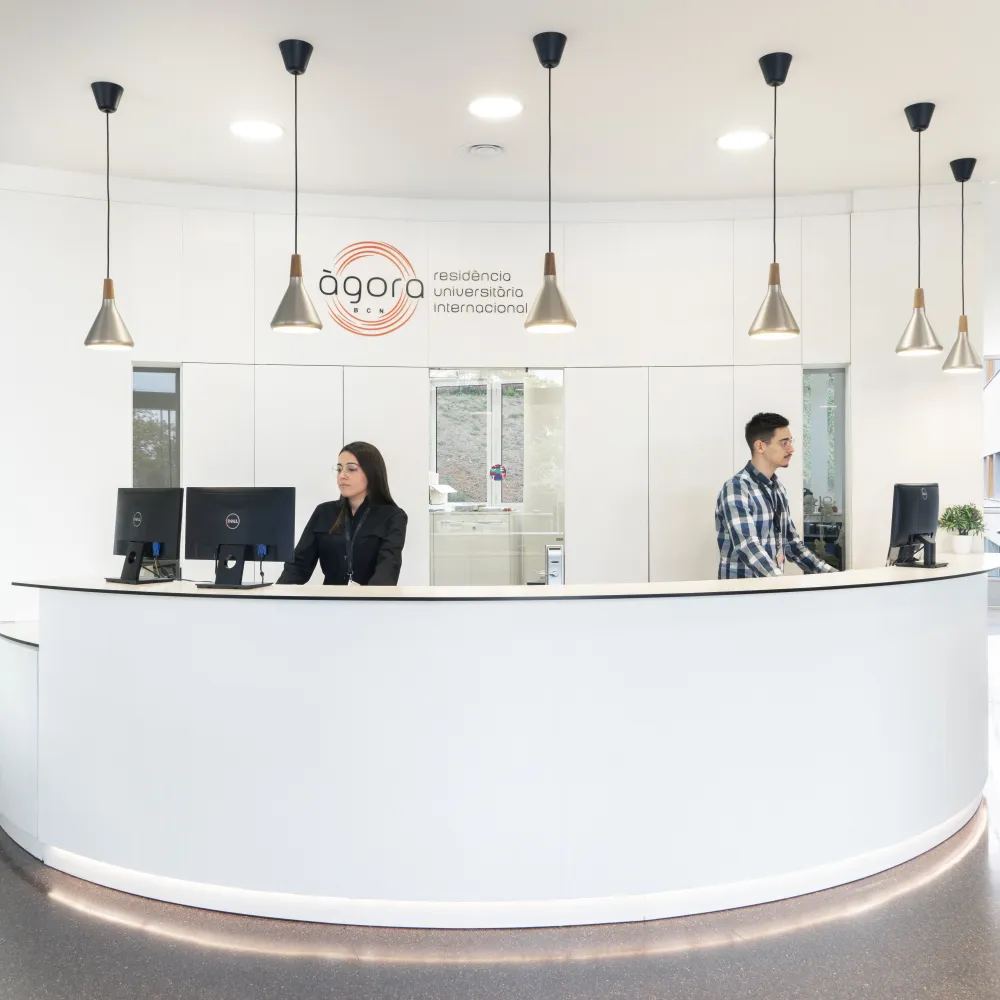
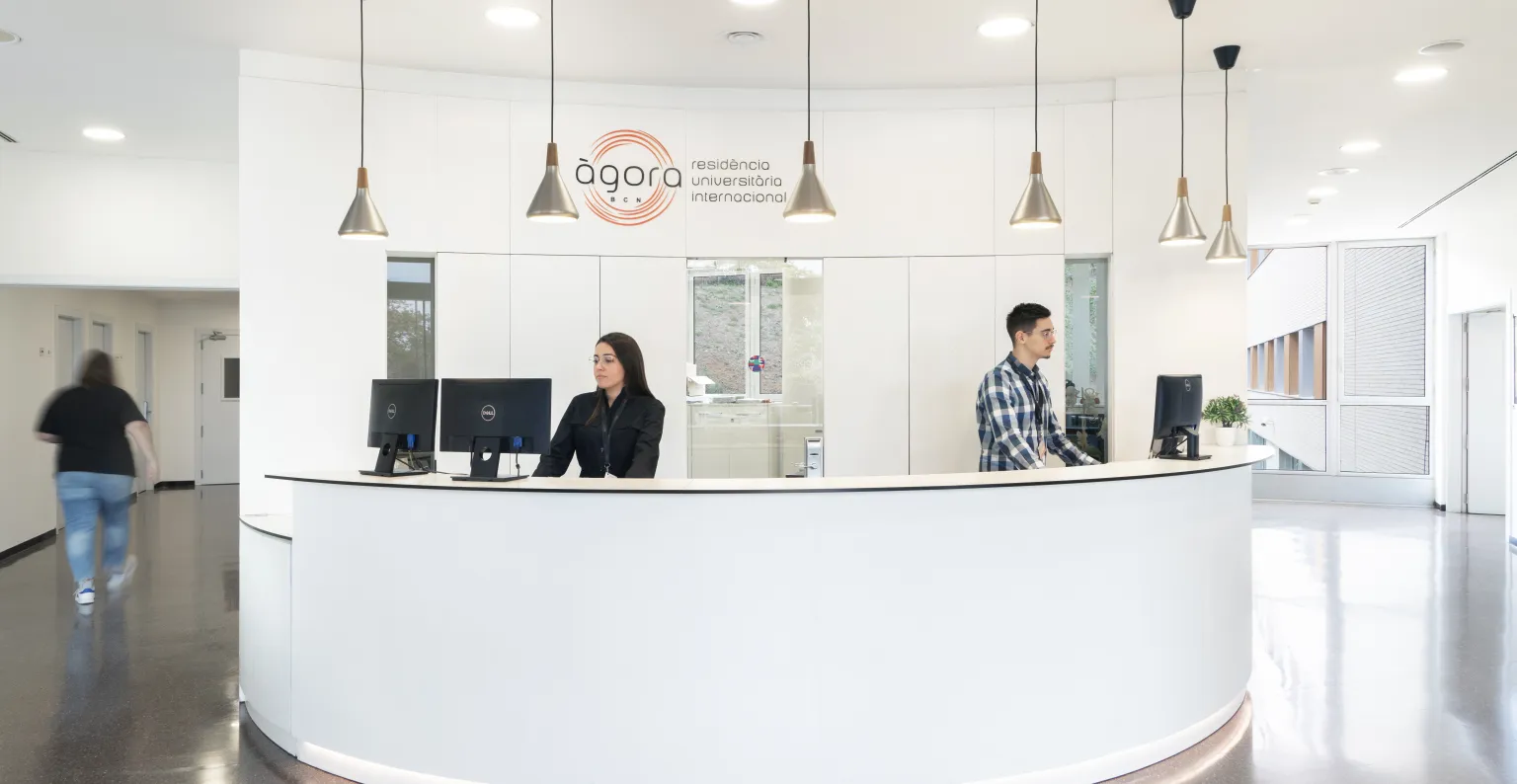
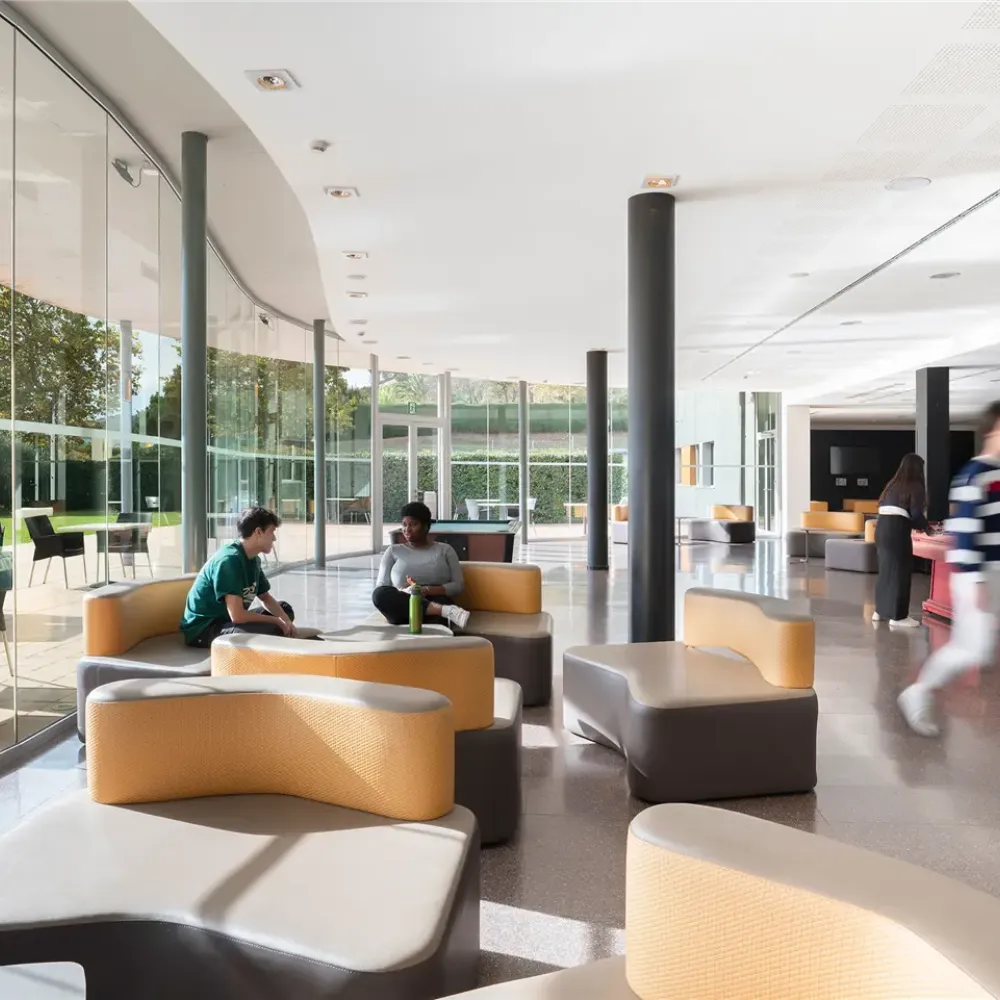
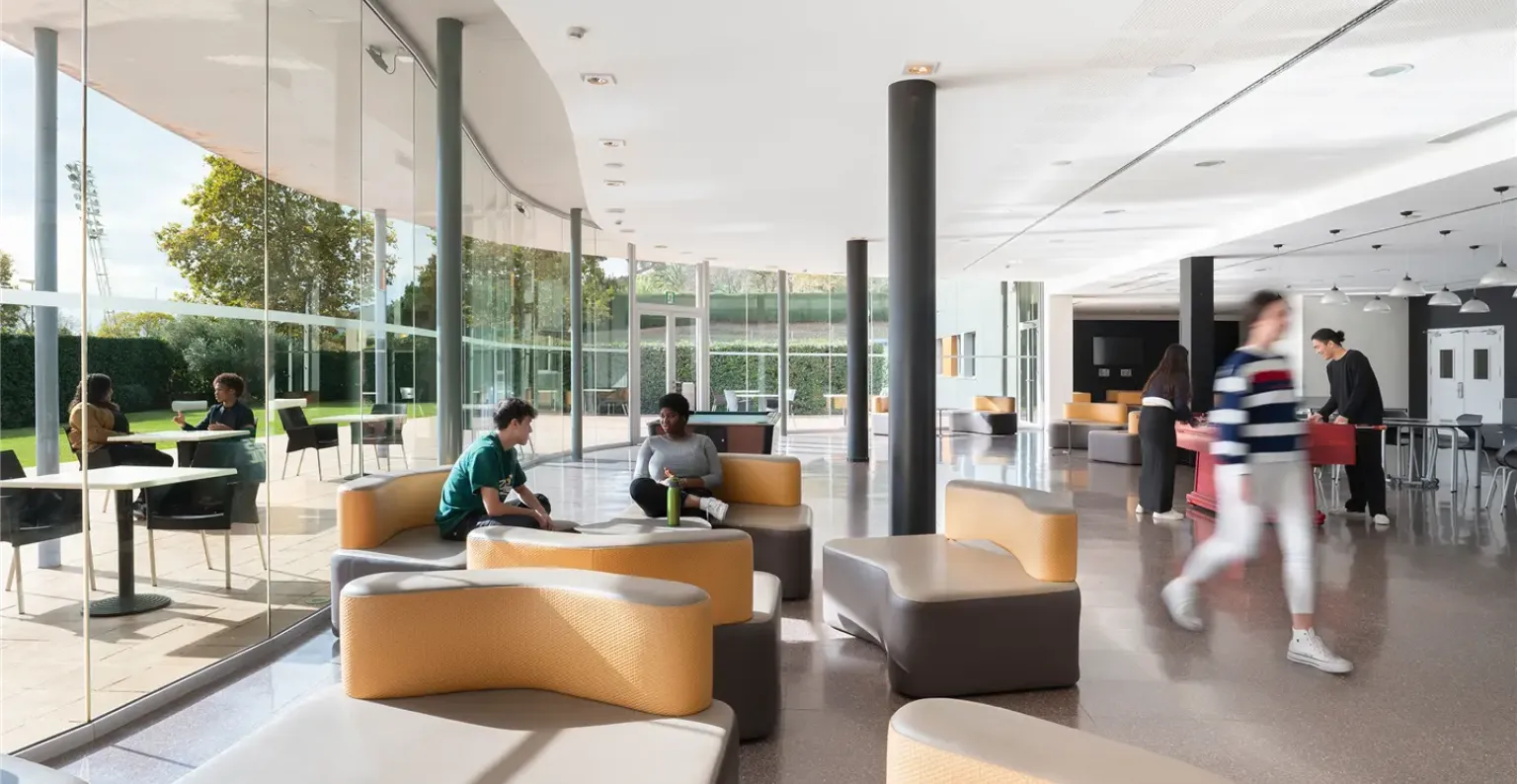
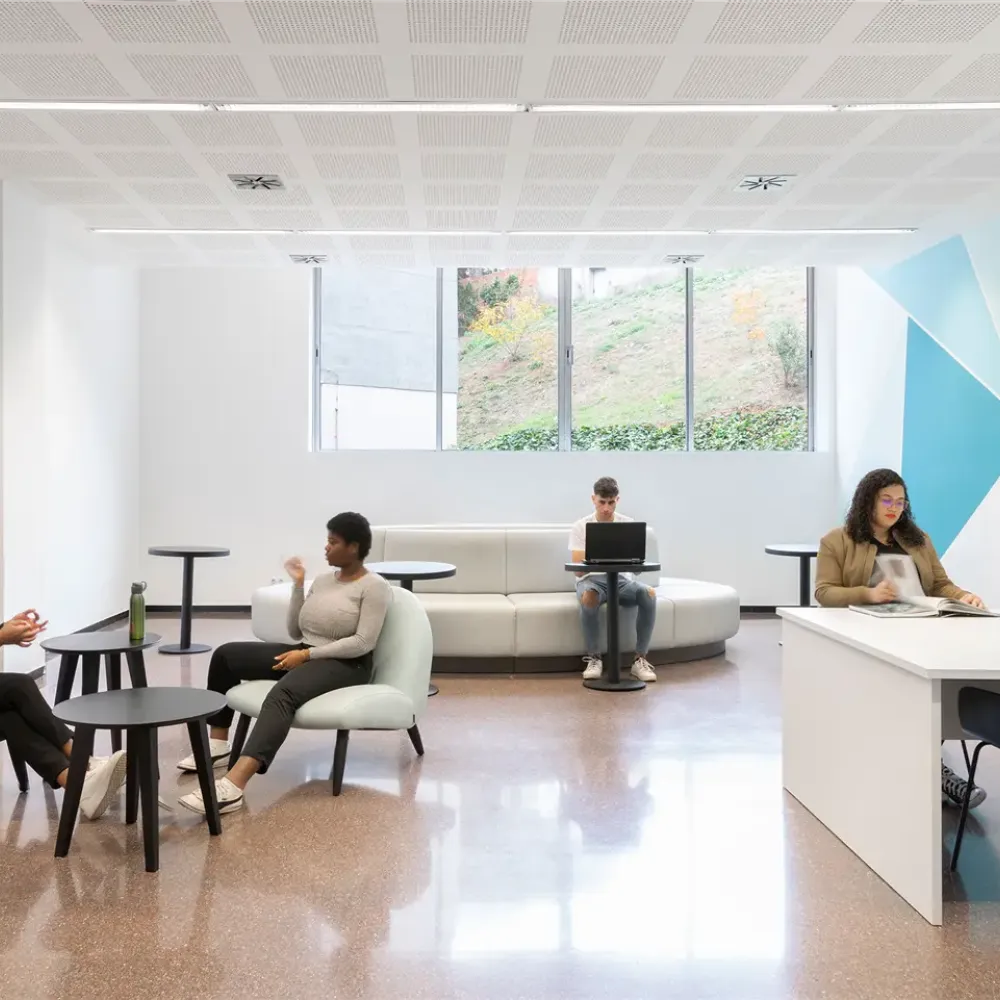
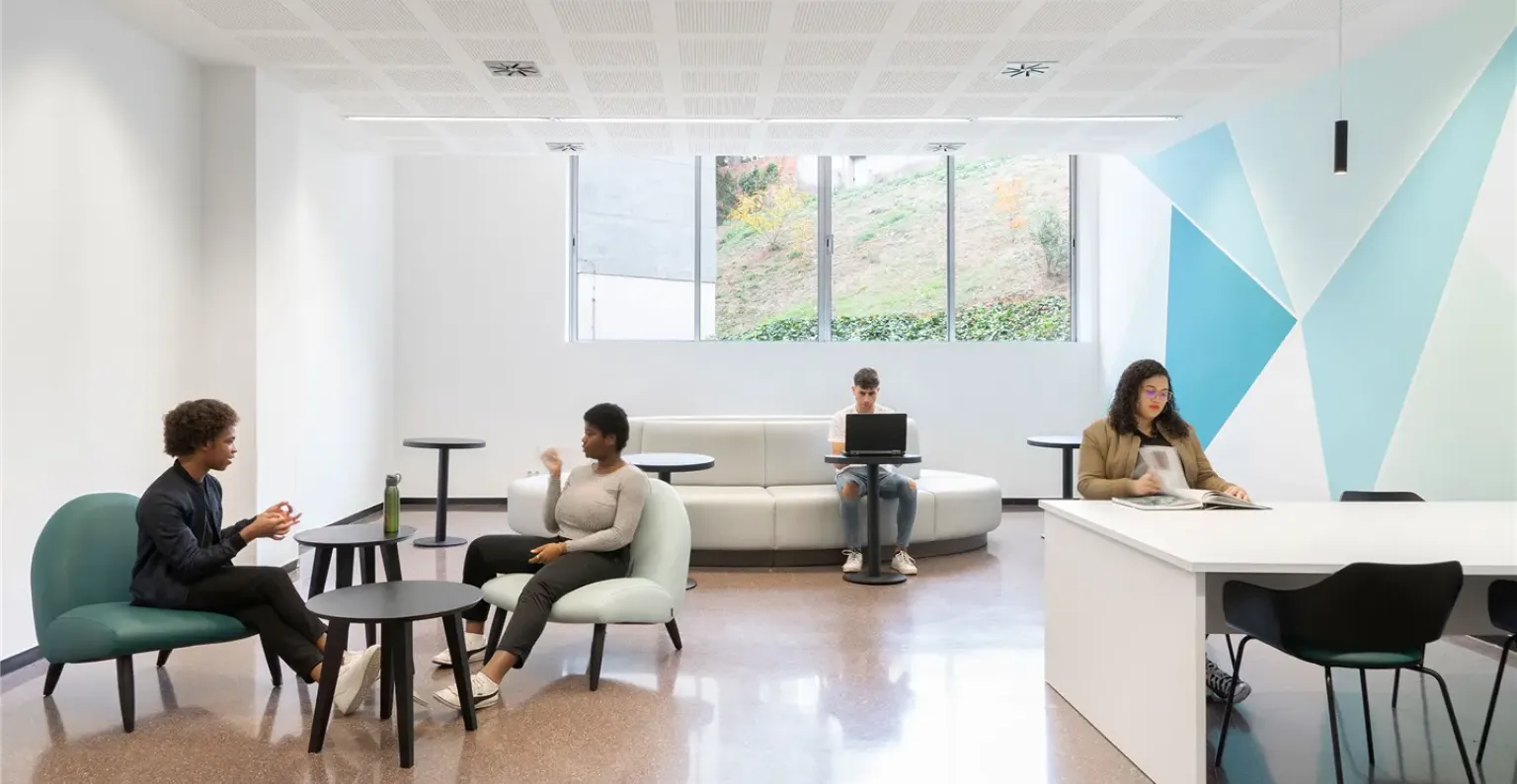
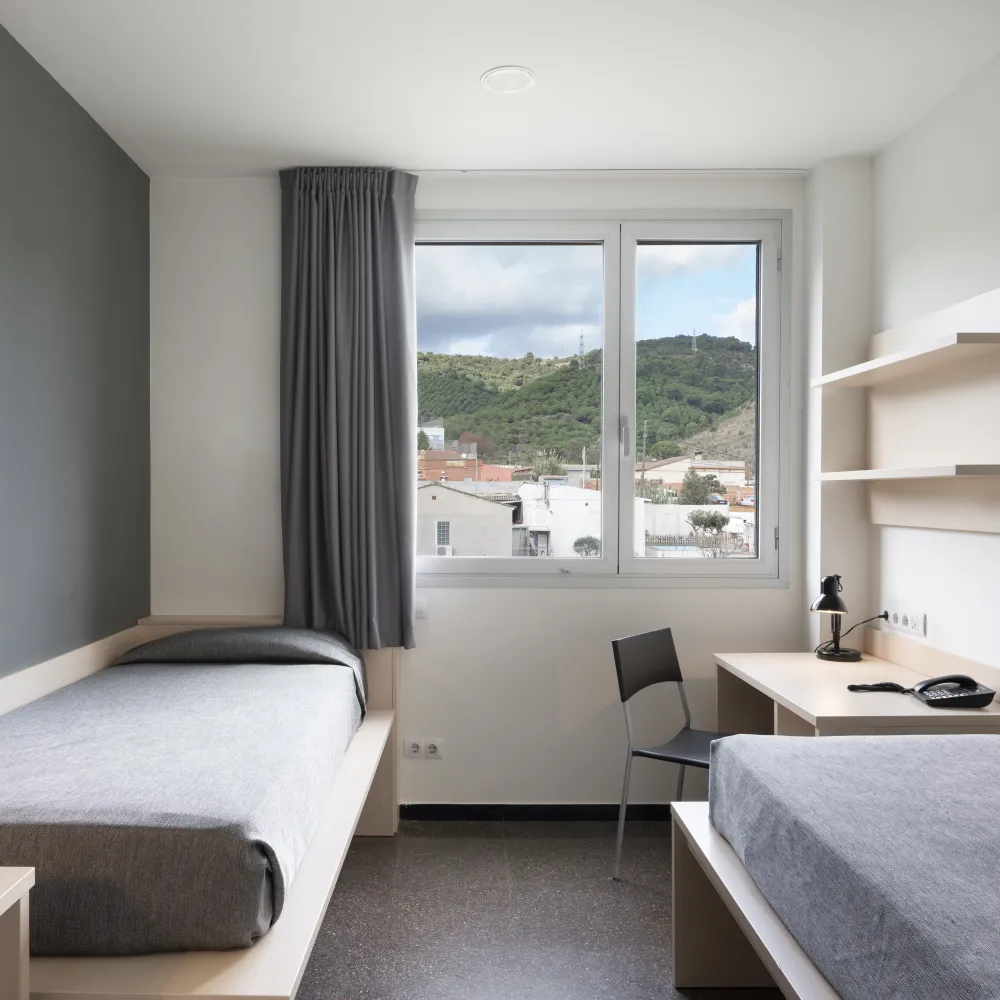
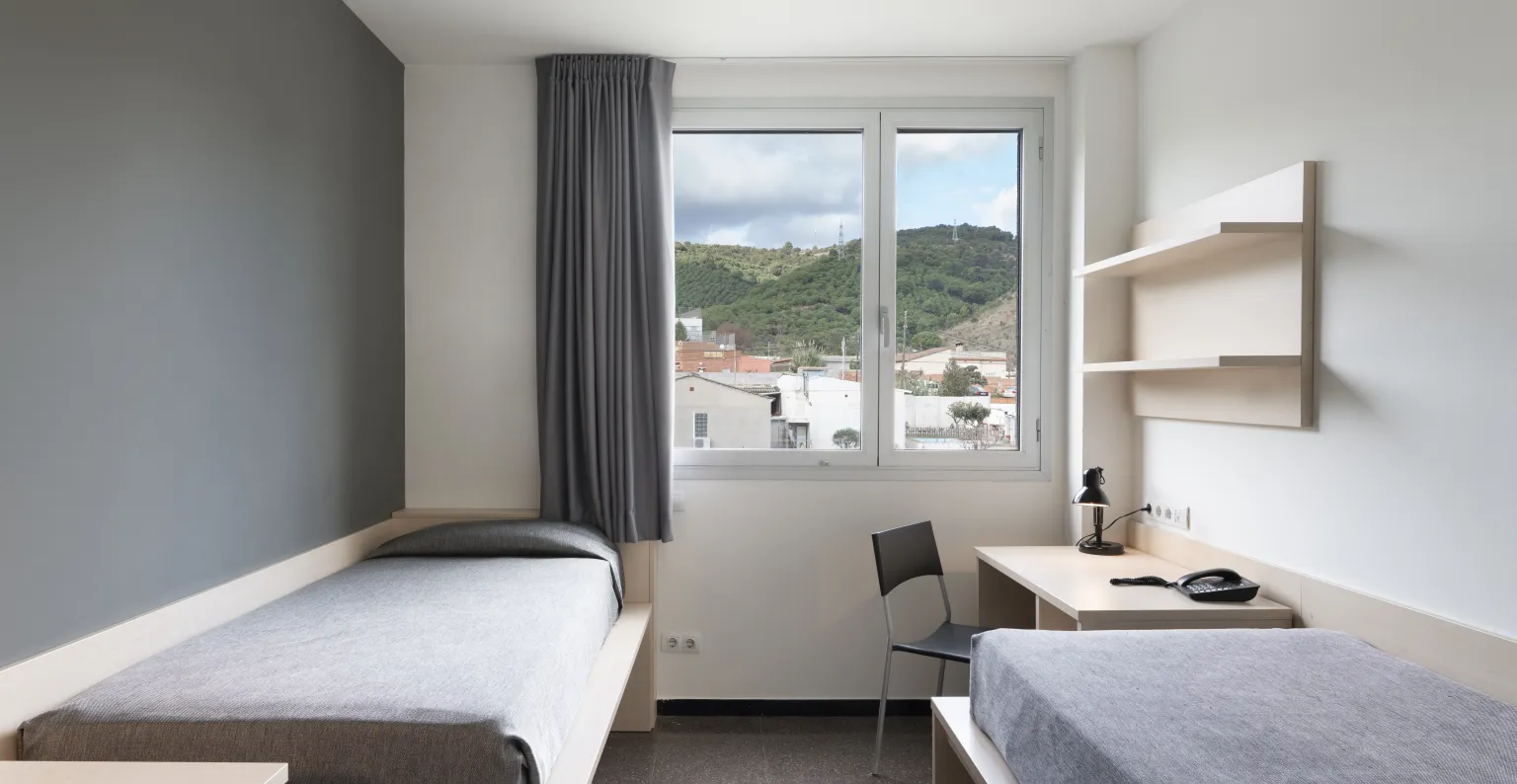
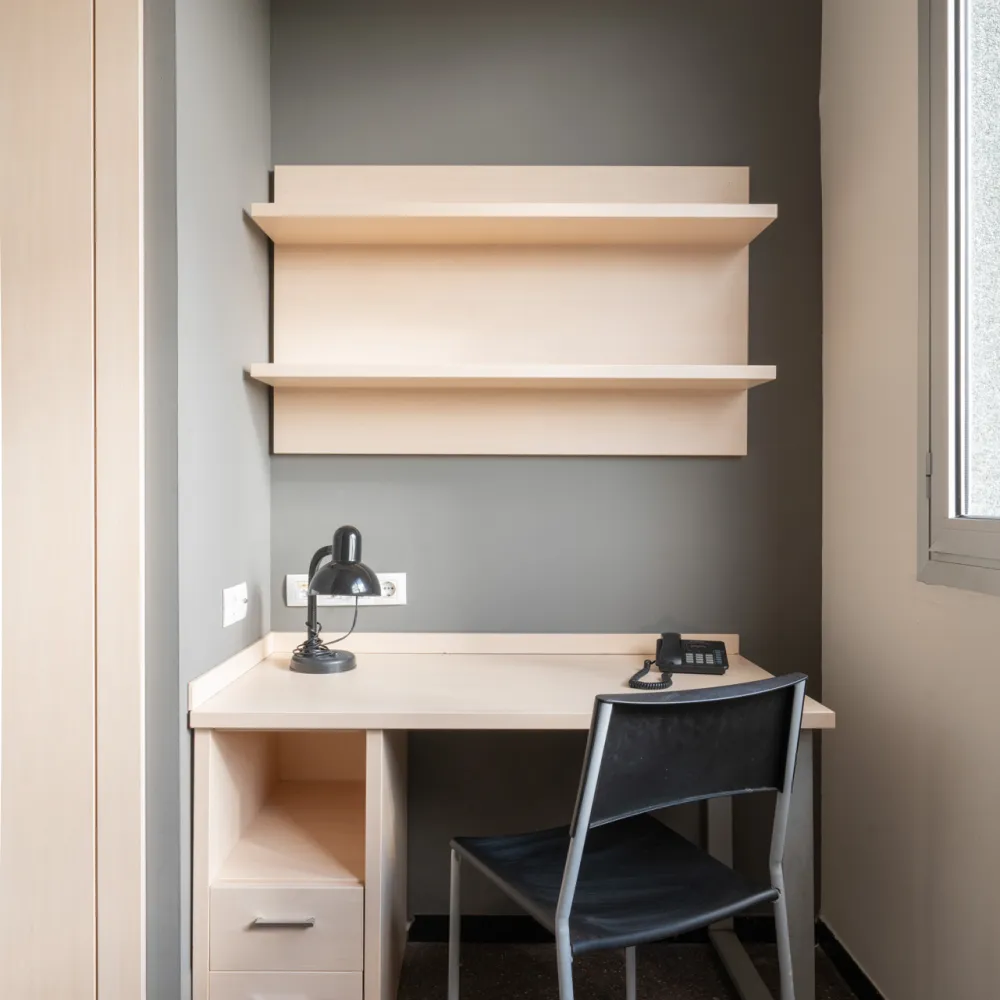


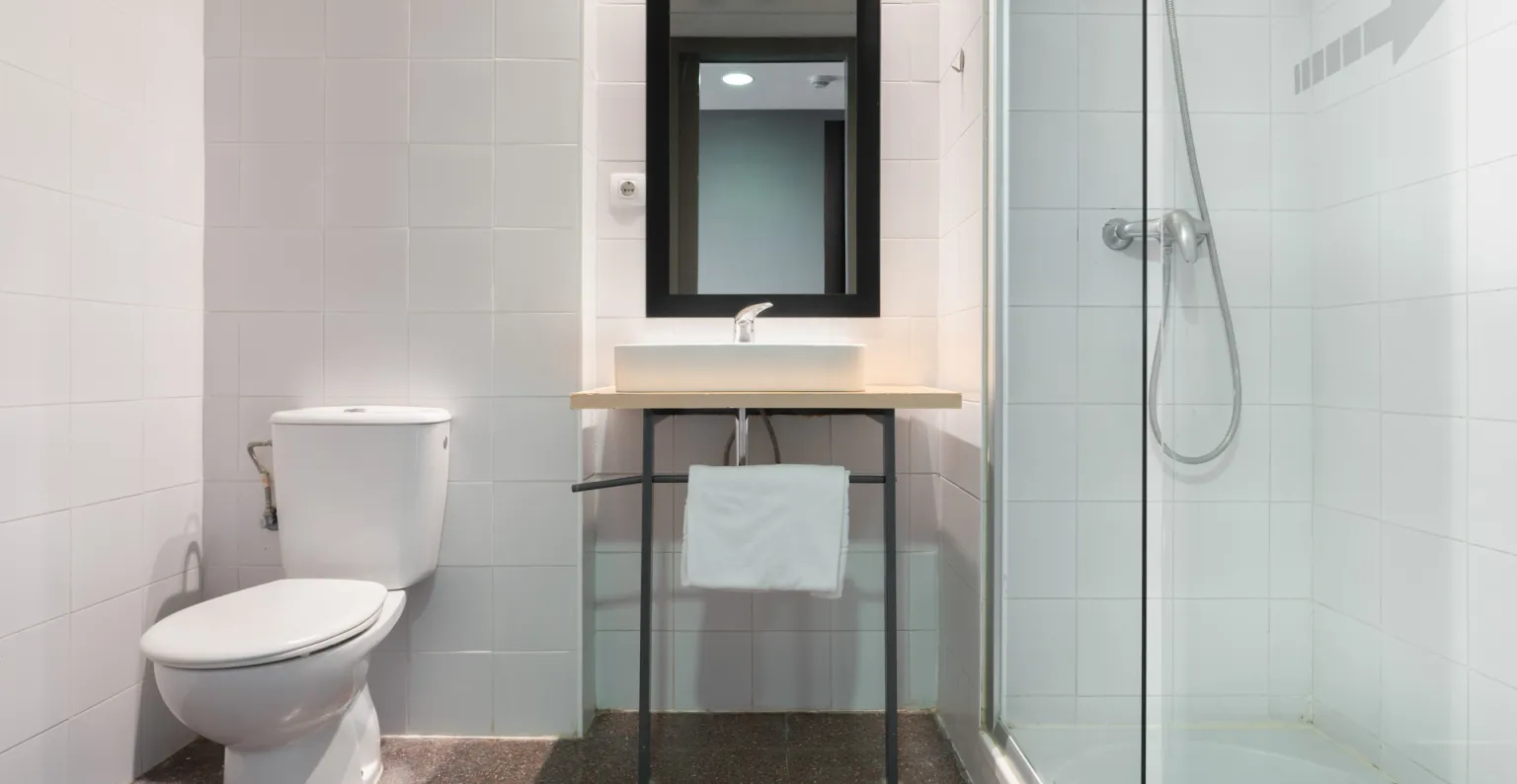
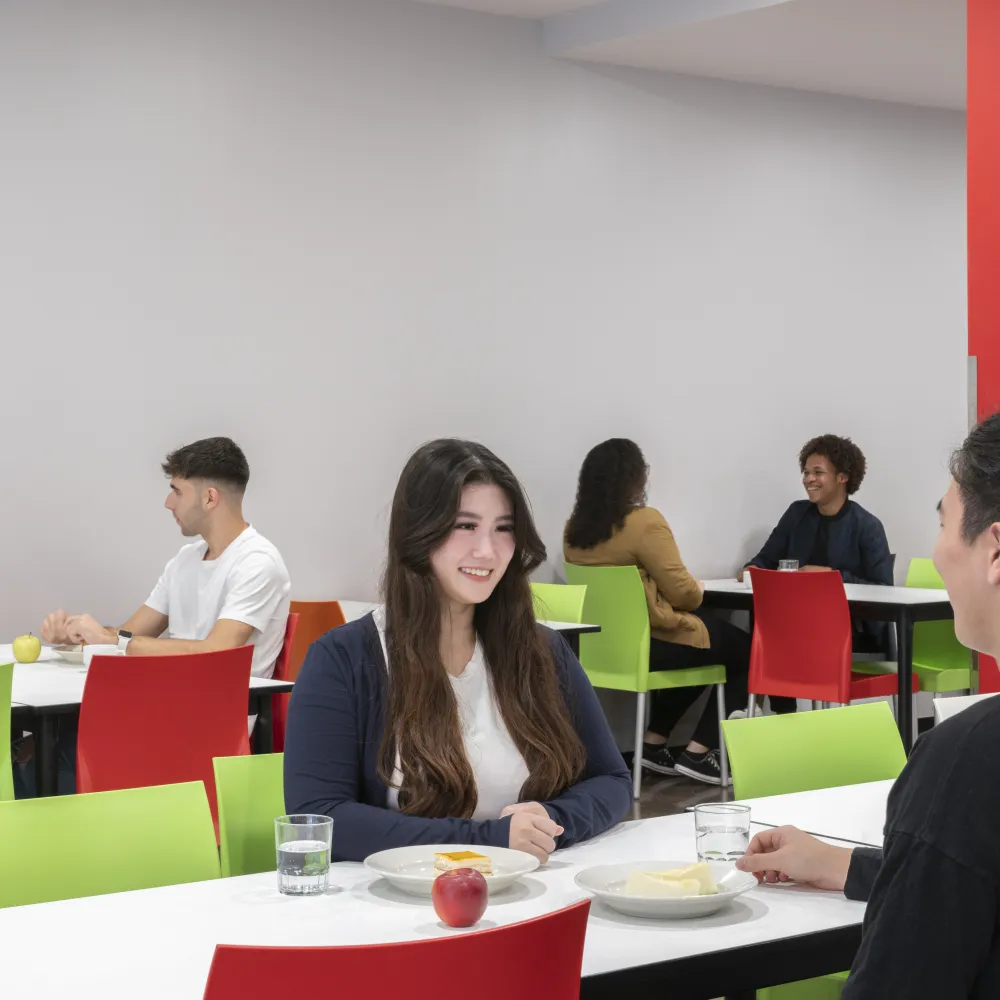
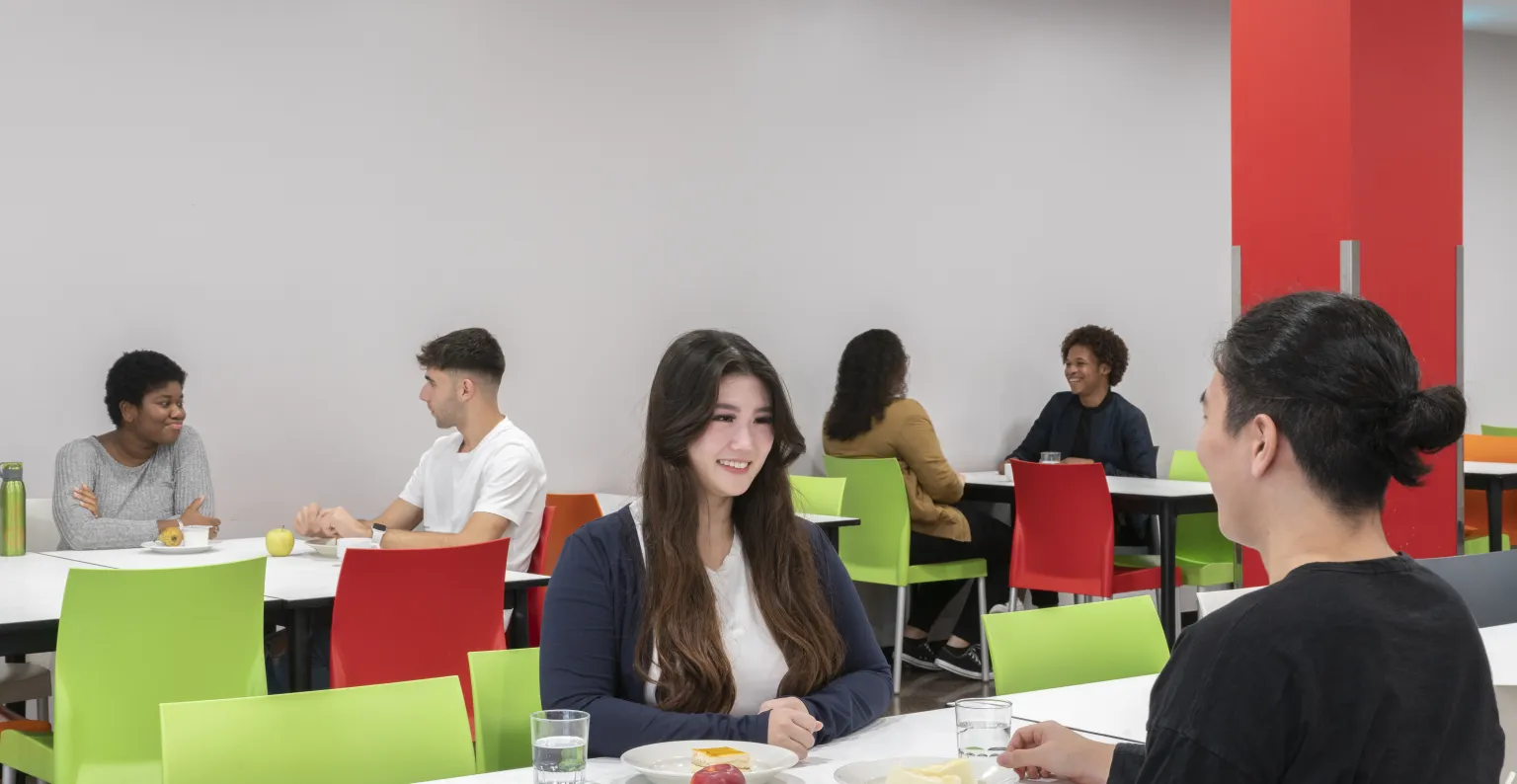
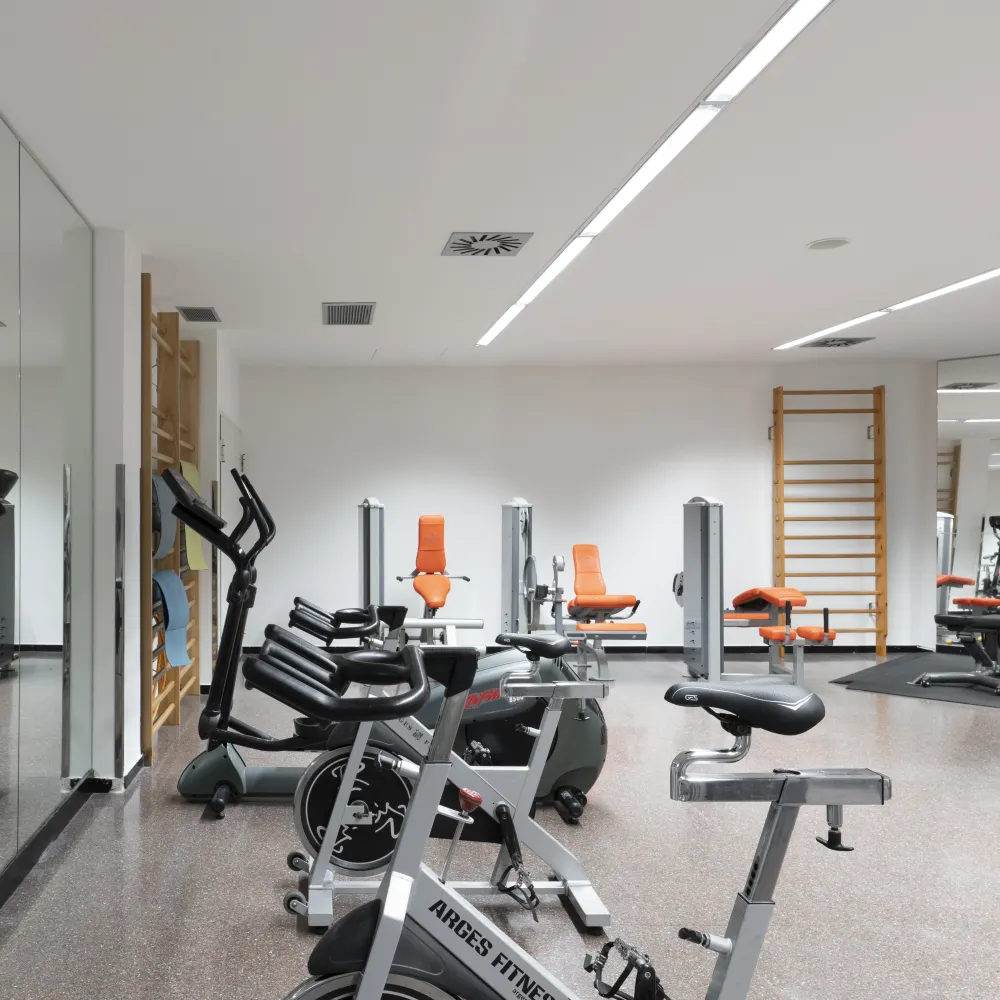
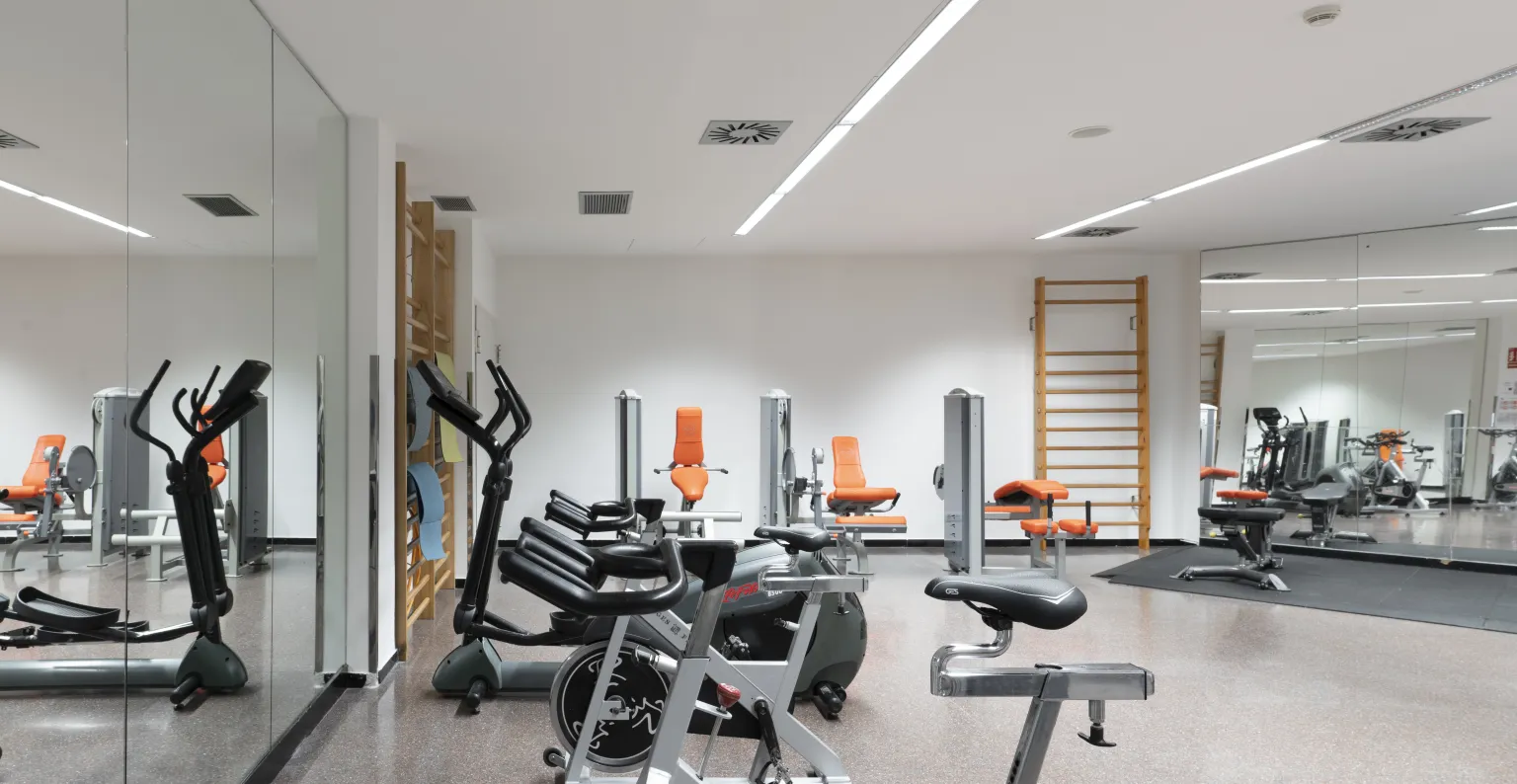
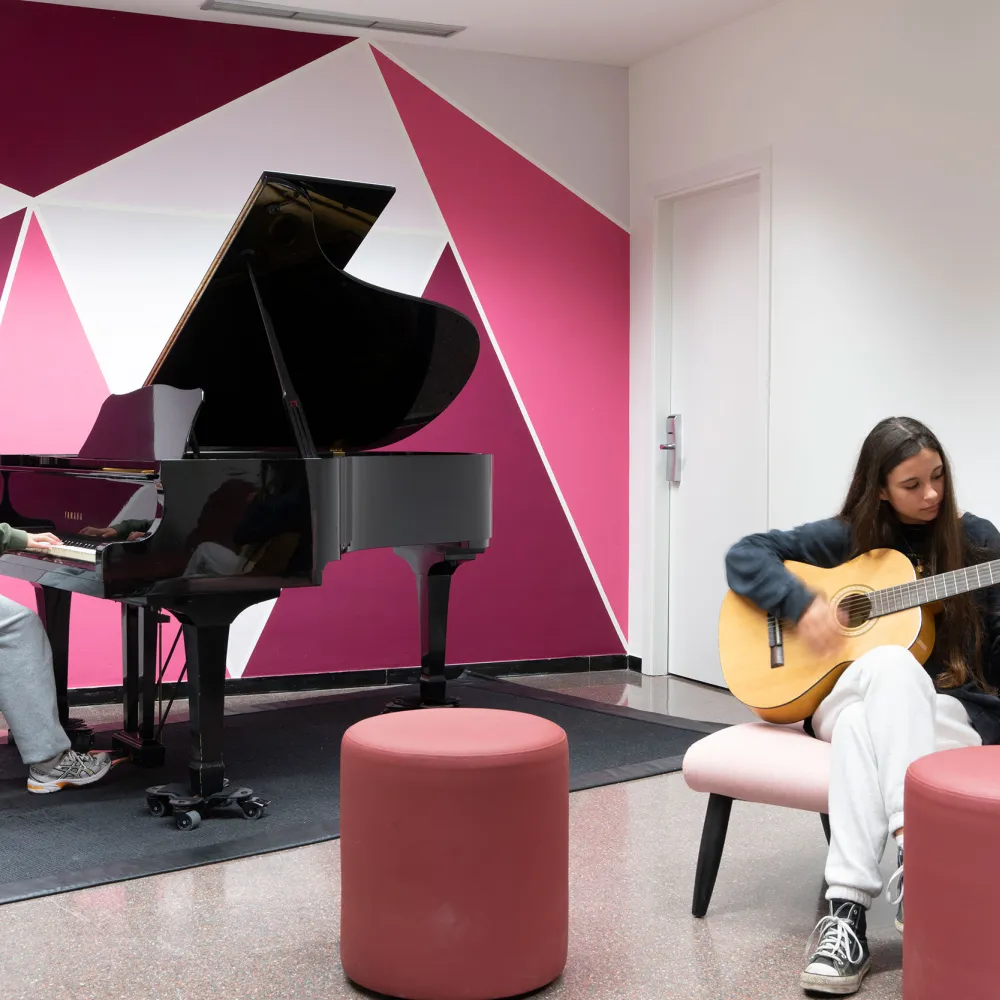
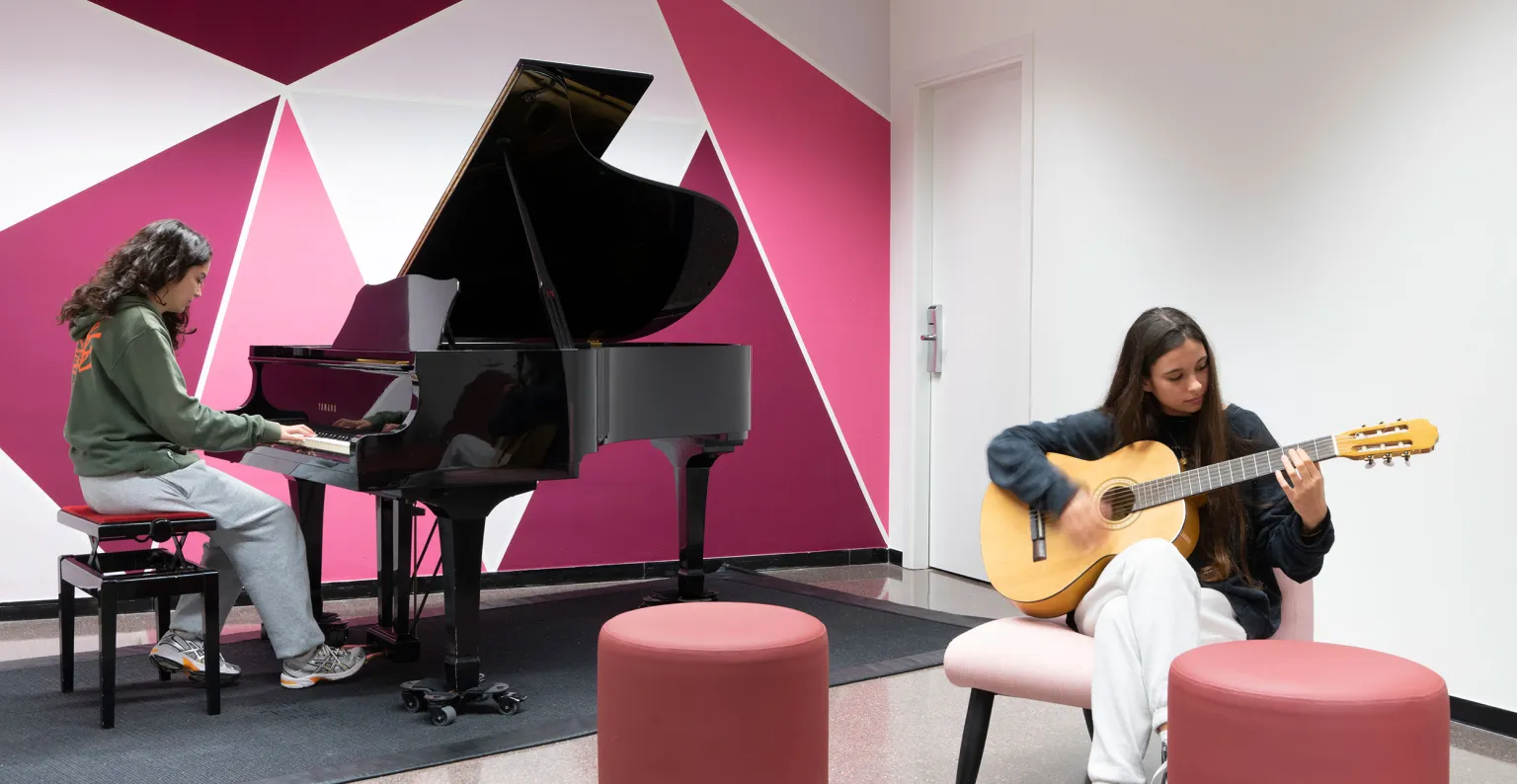
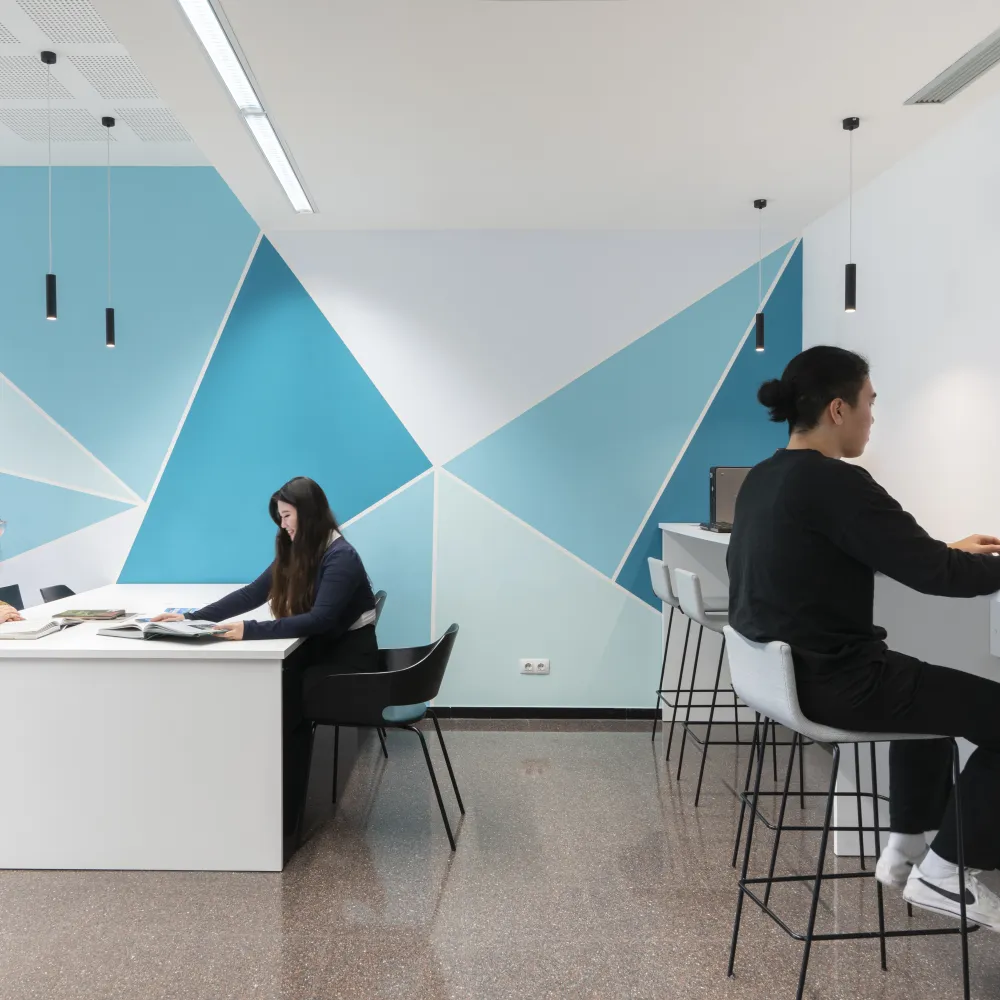
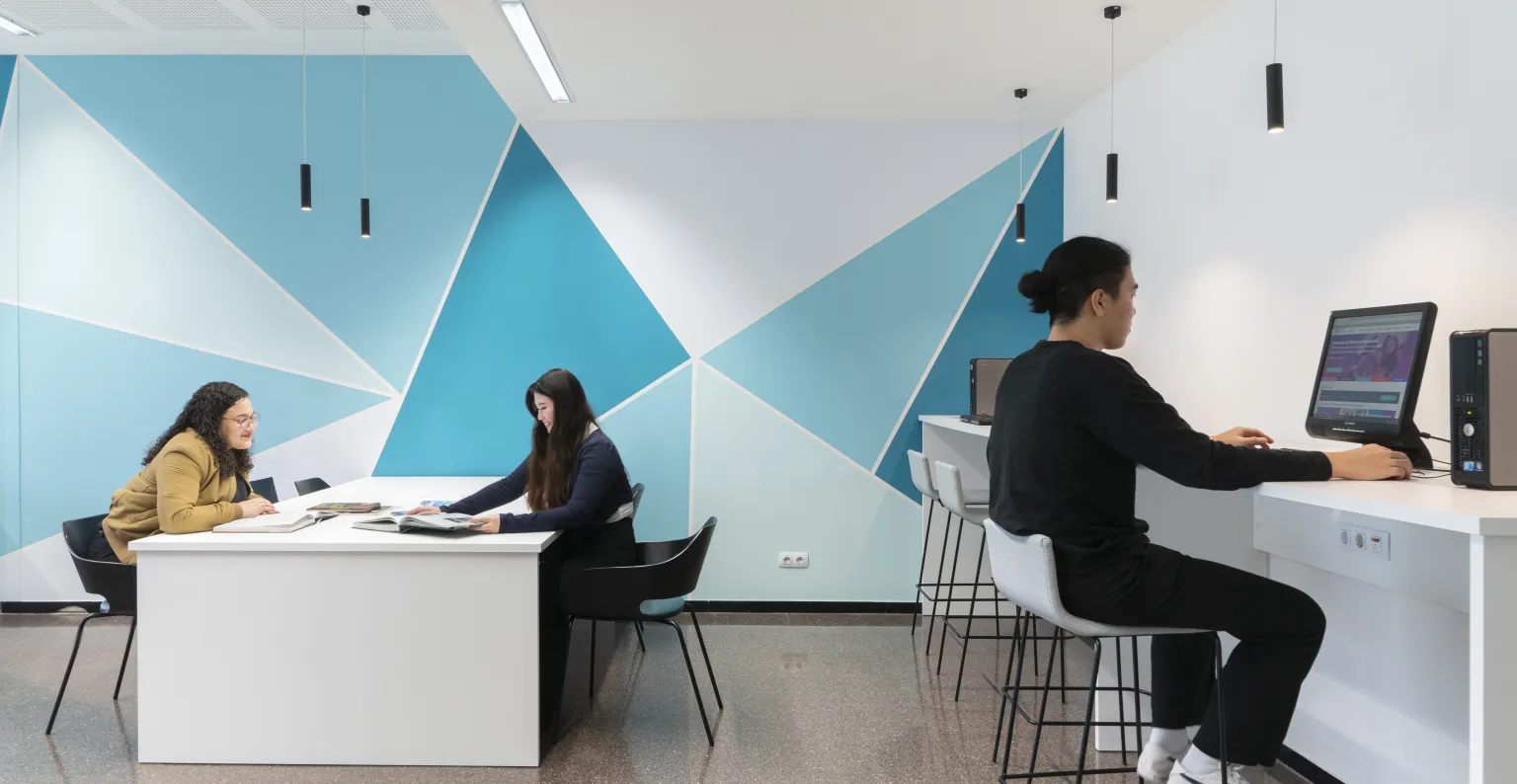




















Program objectives
- Sustainable and planetary diets: understanding what sustainable and planetary diets are is essential to move towards healthy eating that is also respectful of the environment. This type of diet seeks to reduce the ecological impact of our eating habits while improving both people’s health and the health of the planet.
- Biodiversity and gastronomy: biodiversity is closely linked to gastronomy. Through cooking, it is possible to preserve local varieties, promote traditional ingredients, and contribute to the protection of ecosystems. Cooking consciously also means safeguarding the natural and cultural richness of food.
- Local and Km 0 products: choosing local and Km 0 products supports local producers, reduces emissions from transport, and ensures greater freshness and quality in every dish. It also fosters a more direct and transparent connection between producers and consumers.
- New protein sources: the future of food lies in the incorporation of new protein sources, such as plant-based proteins, insects, or cell-based cultivation. These alternatives provide more sustainable options compared to traditional ones, although they pose challenges in terms of cultural acceptance and culinary application.
- The primary sector and sustainability: the primary sector has a decisive impact on sustainability. Gastronomy and the restaurant industry can play a transformative role by supporting responsible agricultural practices, fostering sustainable livestock farming, and giving value to producers committed to the environment.
- Reducing food waste: reducing food waste is key to achieving responsible cooking. Applying efficient culinary strategies, making the most of every ingredient, and embracing creative reuse are essential steps towards building a more sustainable future.
Competencies
- Advise on food preservation
- Implement environmental action plans
- Promote social awareness
Program
| Subjects |
|---|
| 1. SDGs linked to the future of food and gastronomy |
| 2. Sustainable diet and gastronomy |
| 3. The planetary diet |
| 4. Biodiversity and gastronomy |
| 5. Gastronomy and future challenges: biodiversity |
| 6. Local and Km 0 products |
| 7. The future of proteins: challenges and solutions for sustainable food |
| 8. Future challenges: primary production |
| 9. The role of the gastronomic and restaurant sector in transforming primary production |
| 10. Food waste |
| 11. The impact of the food chain on plastic pollution |
| 12. Pollution caused by plastic waste |
Qualification you will obtain
University Micro-credential Certificate issued by the University of Barcelona.
A proprietary course designed in accordance with the guidelines of the European Higher Education Area (EHEA) and equivalent to 3 ECTS credits.
Career opportunities
- Cooks and head chefs who wish to integrate sustainable practices, local products, new ingredients (alternative proteins), and strategies to reduce the environmental footprint of their dishes.
- Sustainability or quality managers in restaurants, hotels, catering services, or collective dining, with the ability to identify and address environmental challenges such as food waste, plastic pollution, and the impact of ingredients.
- Restaurant and front-of-house professionals who want to offer a gastronomic proposal aligned with the SDGs, adding meaningful messages and values for the conscious customer.
- Food sustainability consultants or advisors, especially for small restaurant businesses or responsible gastronomic tourism initiatives.
- Local development technicians or public policy professionals working on projects related to sustainable food, healthy diets, or the transformation of the agri-food system.
- Gastronomy educators or trainers who wish to pass on the values of sustainable cuisine to students or professional groups.
- Entrepreneurs in the food sector or sustainable gastronomy who want to design business models aligned with current environmental challenges (alternative proteins, circular resource management, etc.).
Economic information
Price: €729.30 (The price includes administrative fees from the University of Barcelona).
Reduced price: €265.20 (The price includes administrative fees from the University of Barcelona). This reduced fee applies to residents in Spain aged between 25 and 64.
Subsidized hours: 50 h (Hours eligible for company training subsidy calculations).
Funding
Students may apply for micro-credential funding if they meet the following requirements:
- Be between 25 and 64 years old.
- Hold Spanish nationality.
- In the case of individuals with the nationality of another European Union country or outside the EU, they must have legal residence in Spain.
Funding will be available until the total amount of the subsidy granted to the University of Barcelona has been exhausted, and in any case, before May 31, 2026.
The discount policy of IL3 and/or the University of Barcelona will not apply under any circumstances to students who are eligible for funding.
Enrollment support
These grants are intended to fully cover the tuition fee for individuals with low incomes, those who are unemployed, and/or at risk of social exclusion.
Applicants may apply for assistance if they wish to enroll in one of the micro-credentials offered by the University of Barcelona, are between 25 and 64 years old, and have legal residence in Spain.
In addition, they must meet at least one of the following requirements:
- Be registered as a job seeker at the time of submitting the application.
- Have an income corresponding to thresholds 1, 2, or 3 established in the general call for scholarships from the Ministry.
- Be in a situation of vulnerability or at risk of social exclusion.
You can consult the full terms and conditions of this call on the University of Barcelona’s electronic headquarters:
Would you like to enroll or do you have any questions?
You can find all the information and complete your enrollment on the IL3-UB website.
